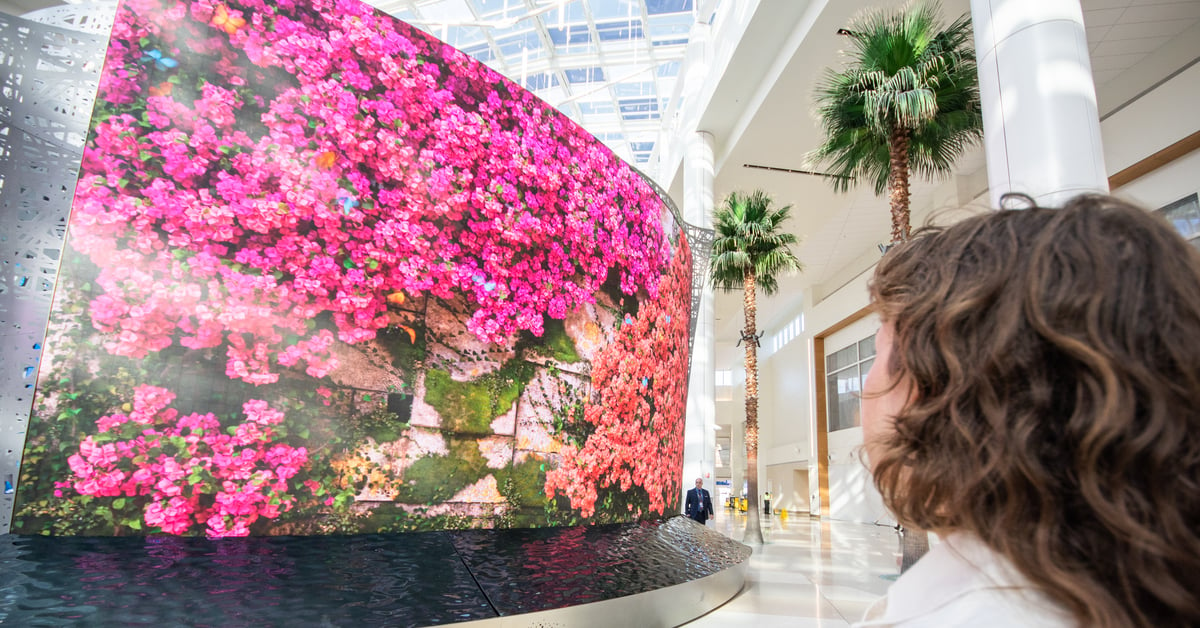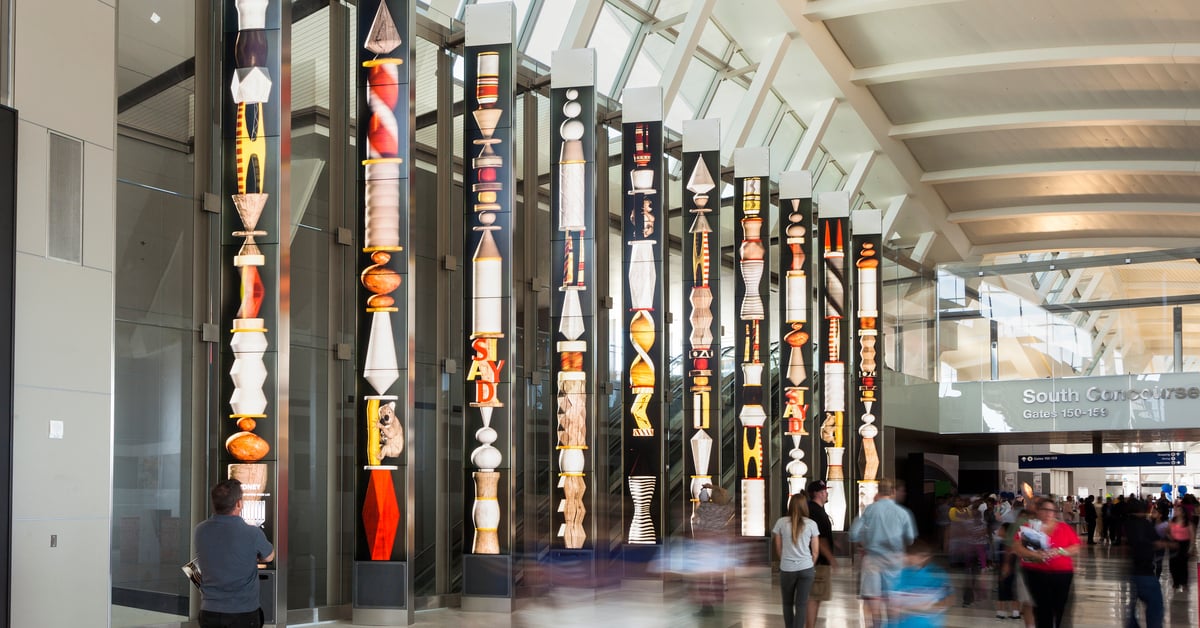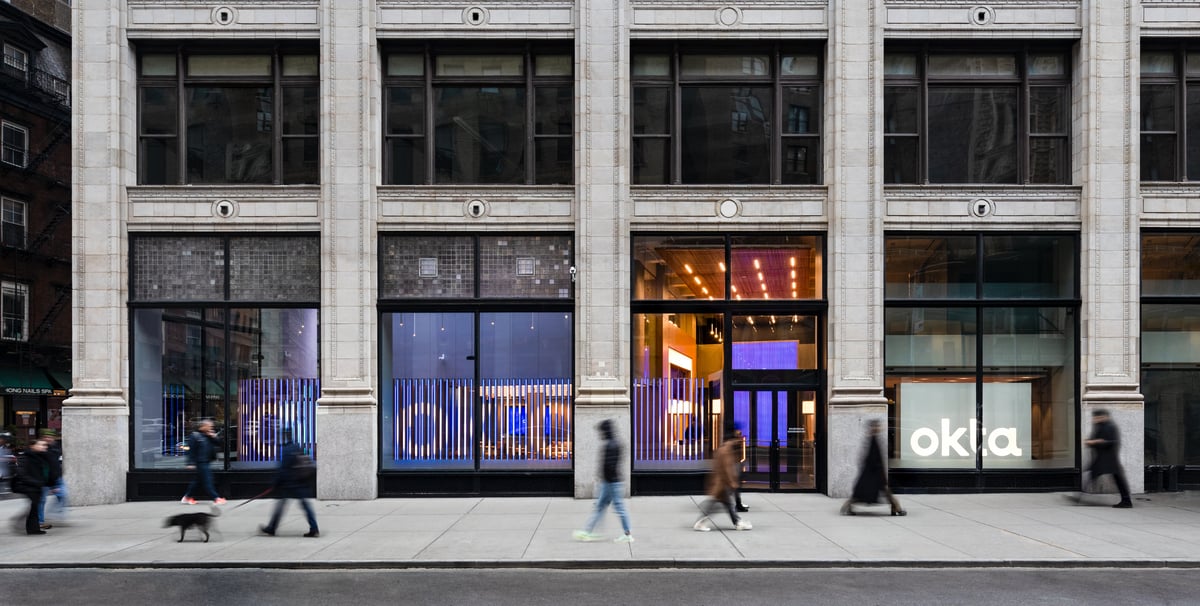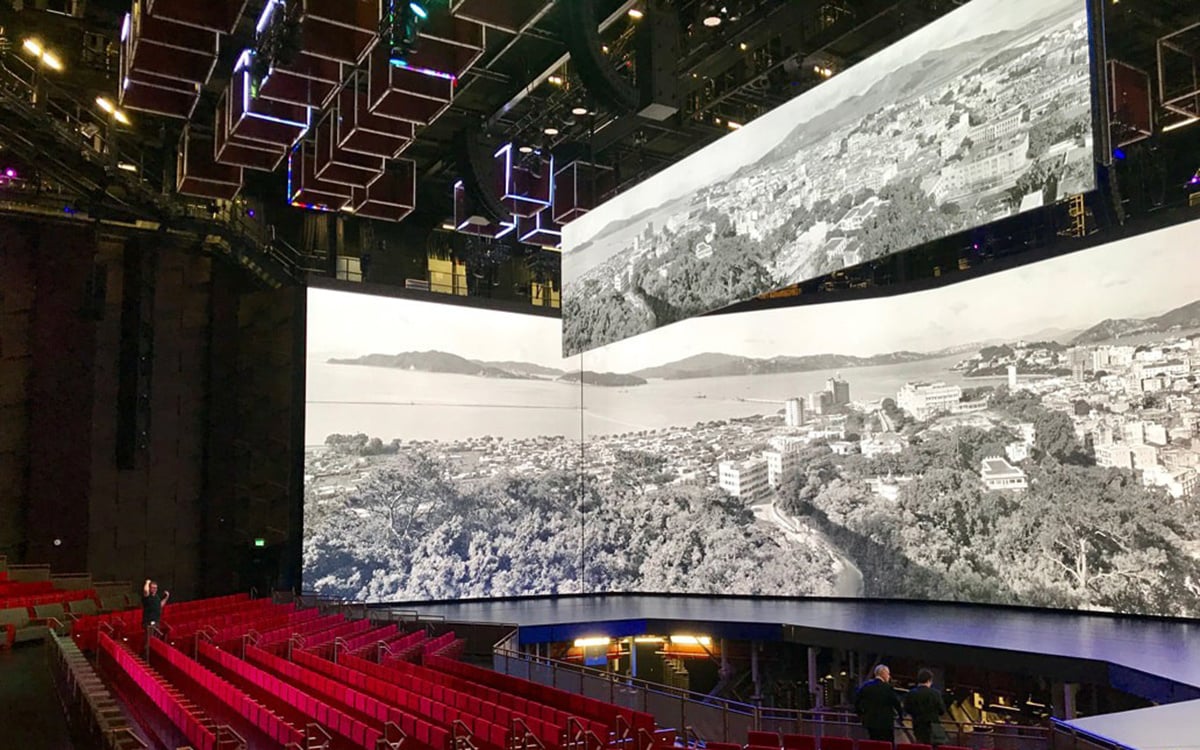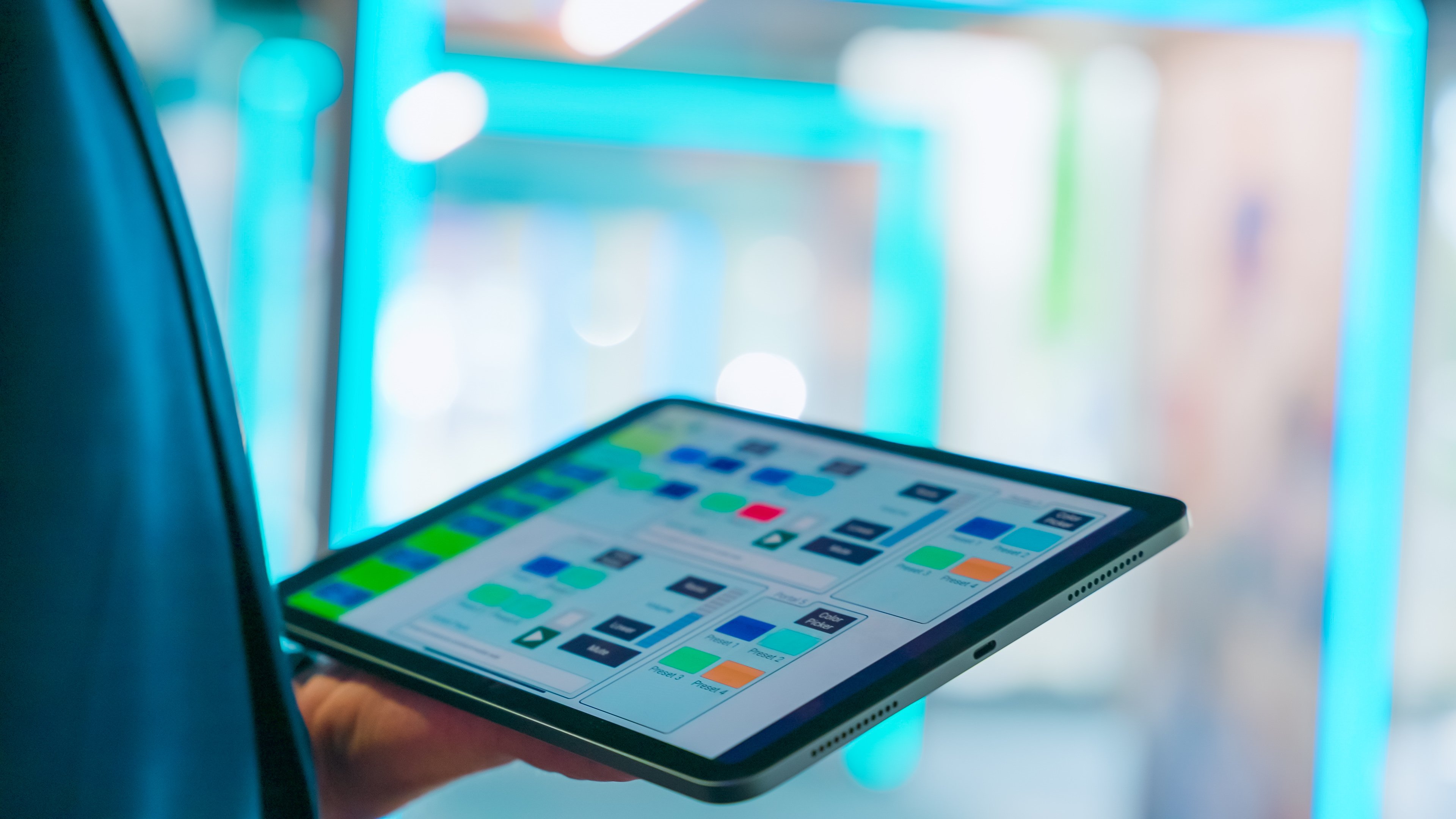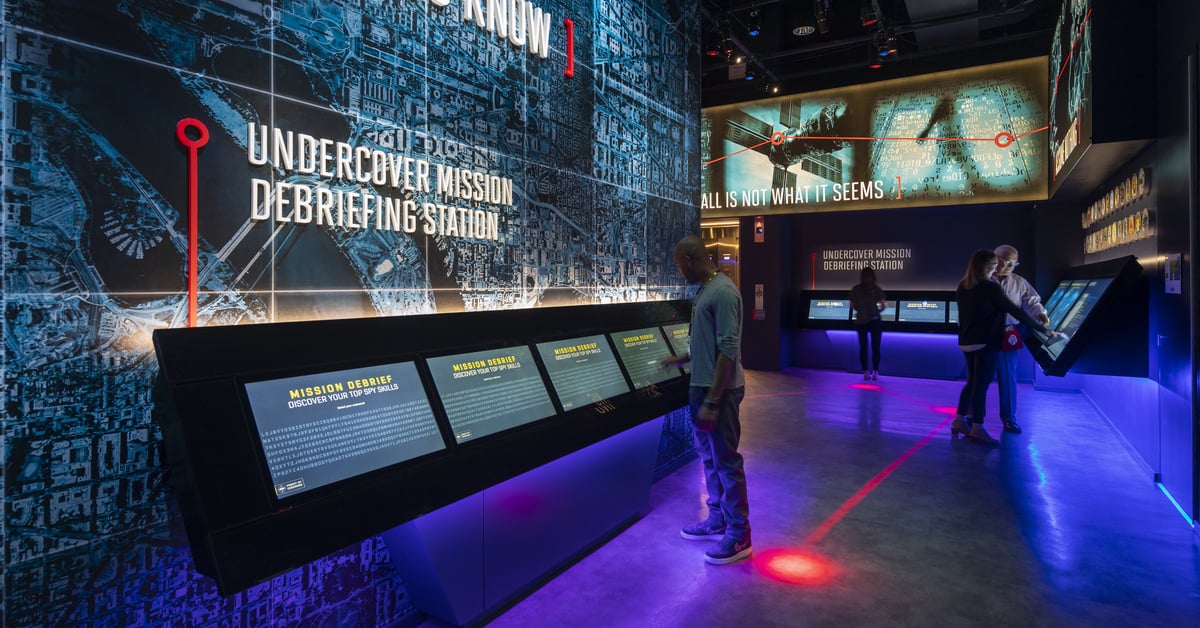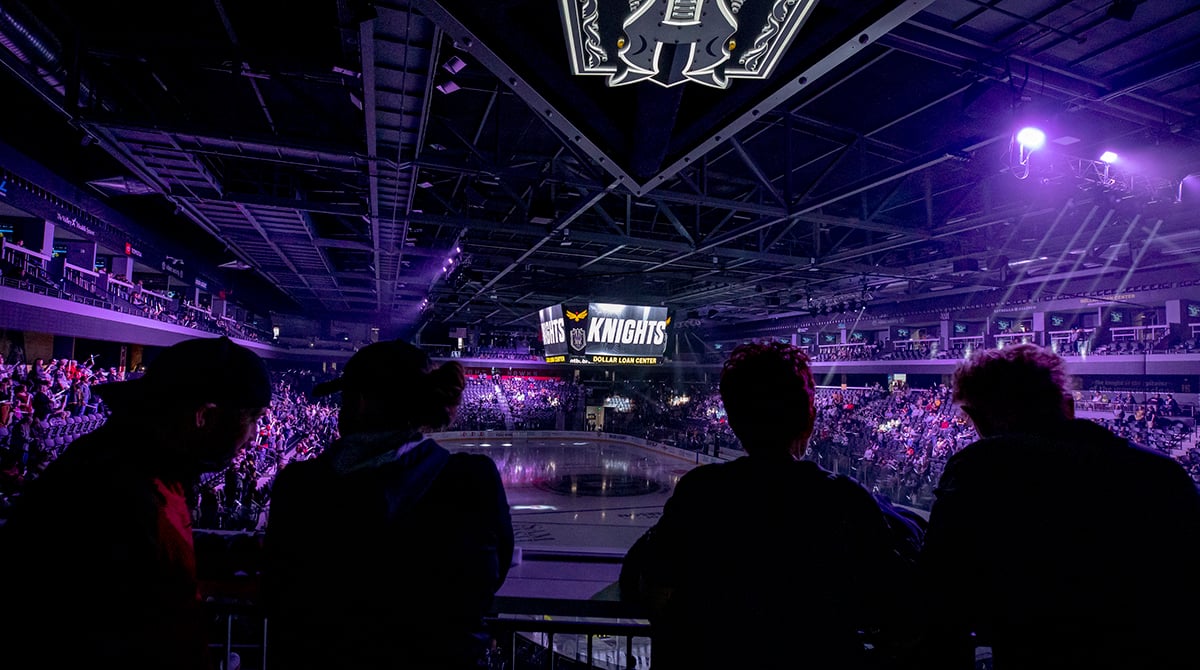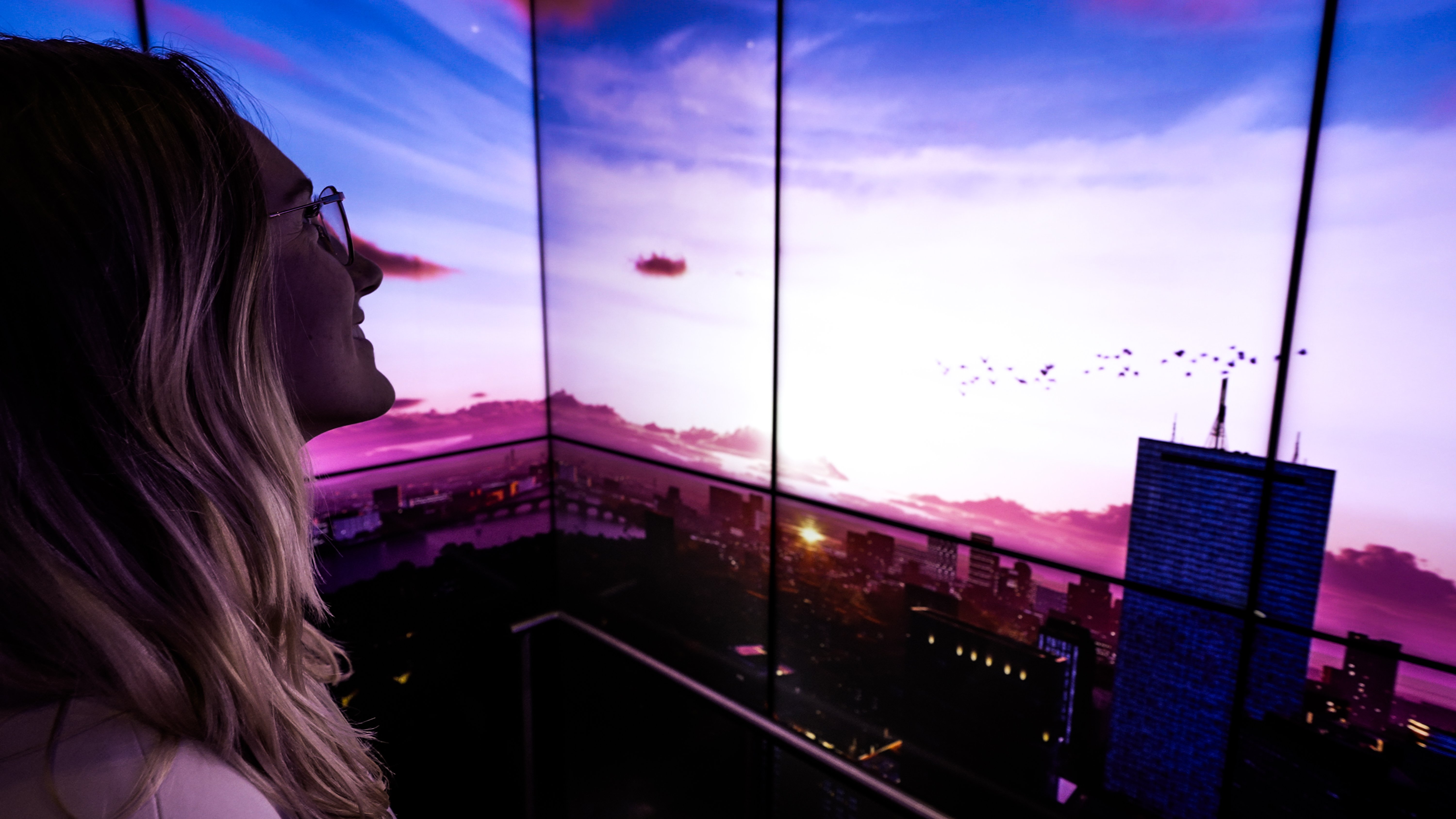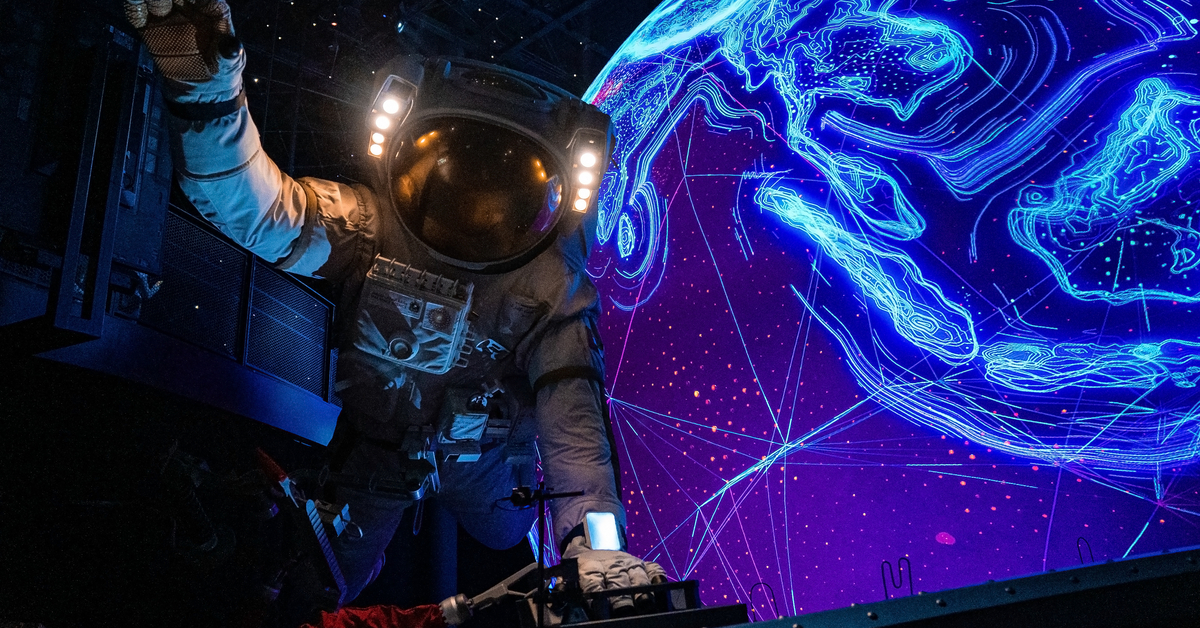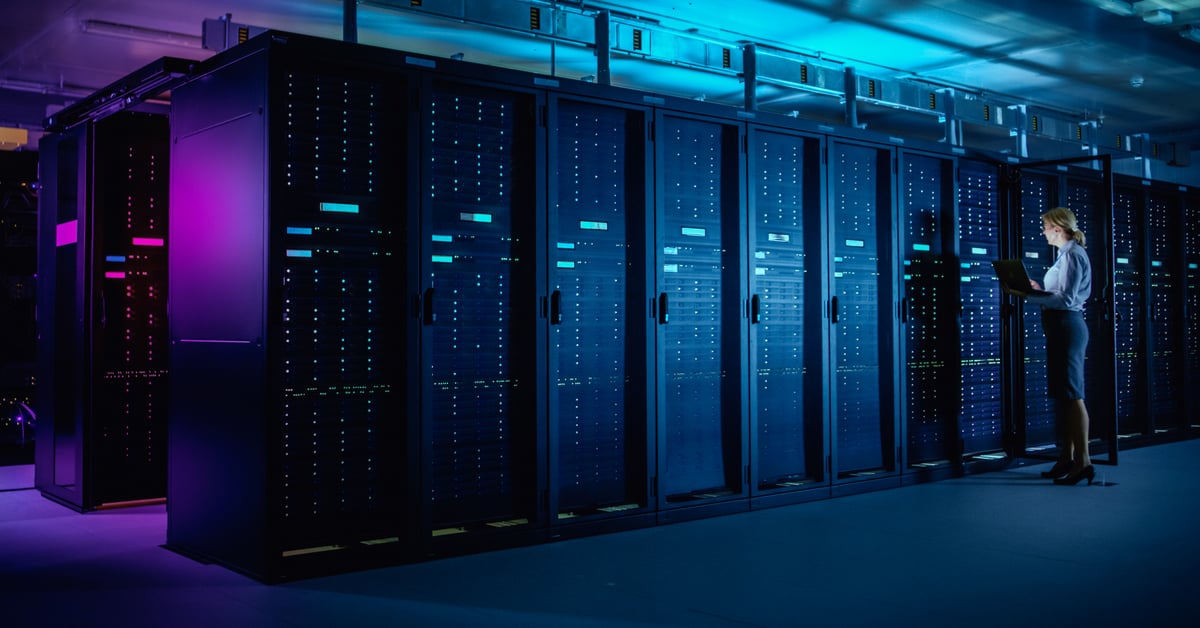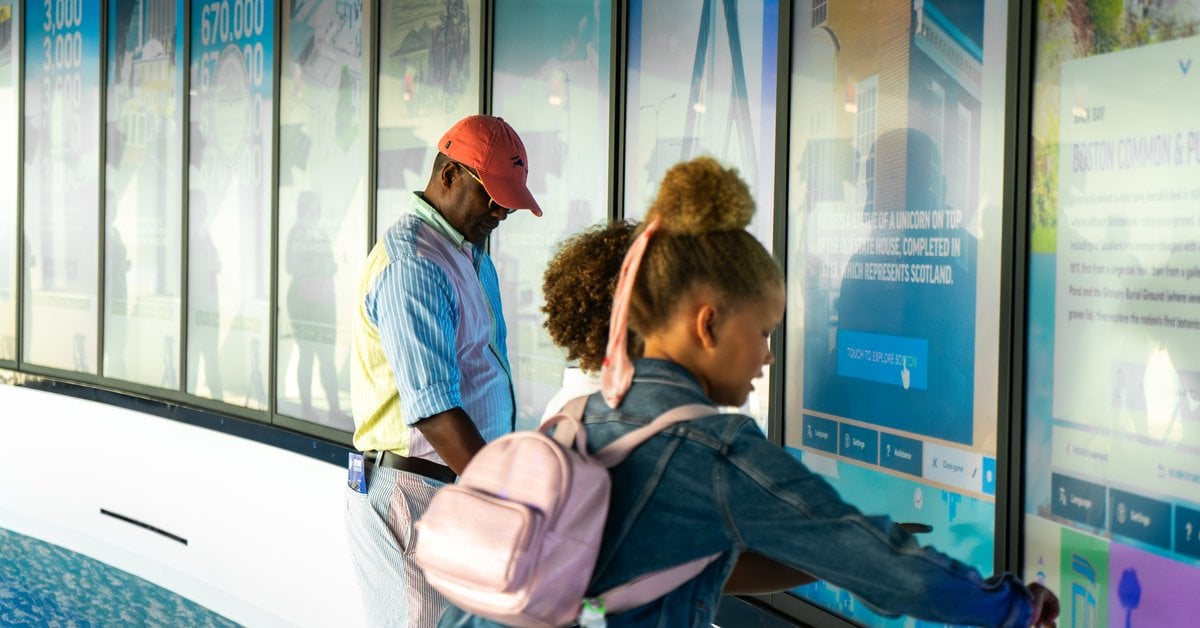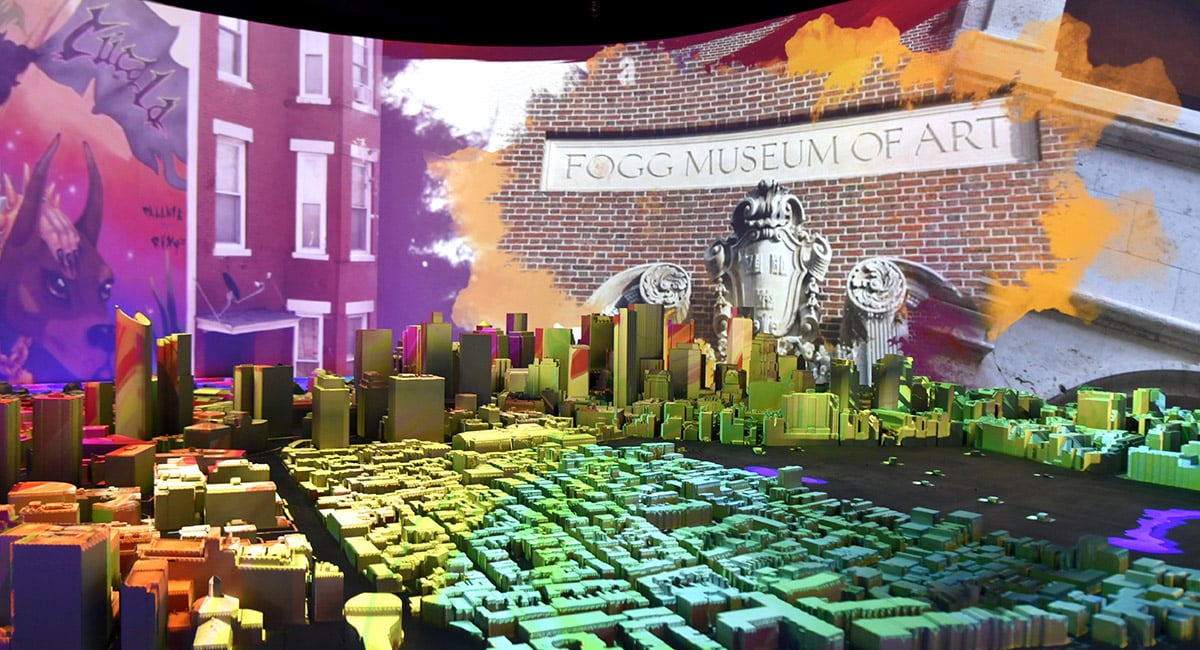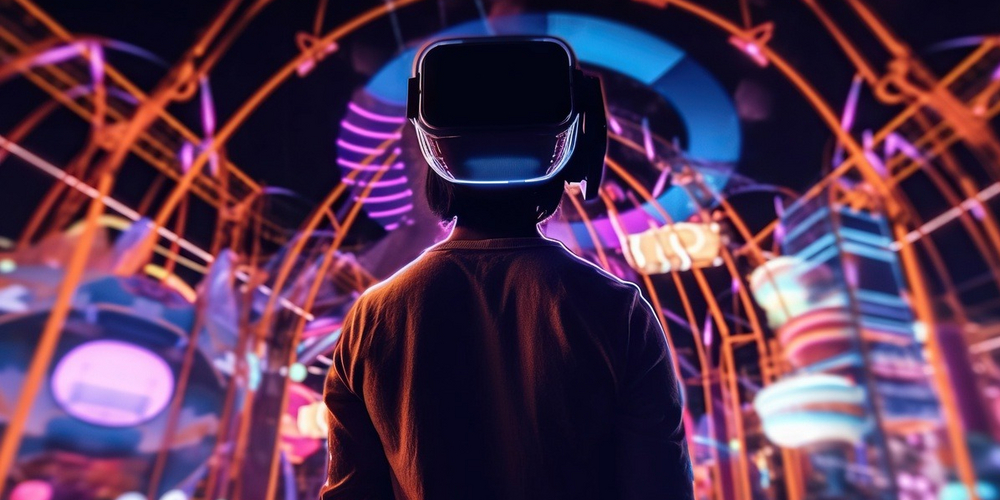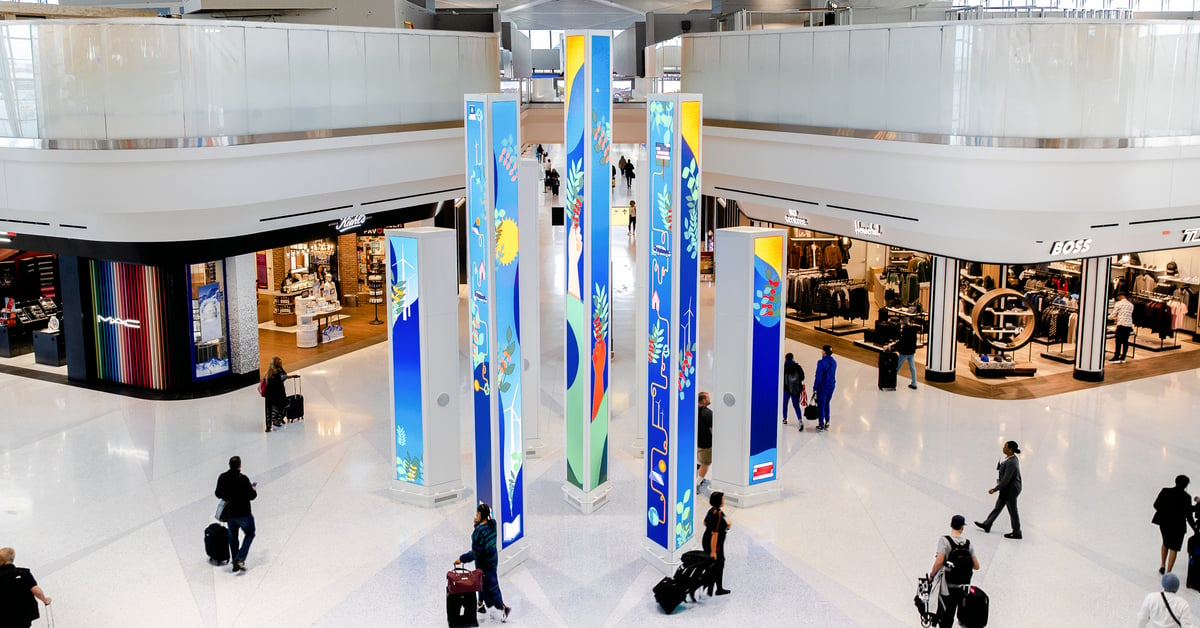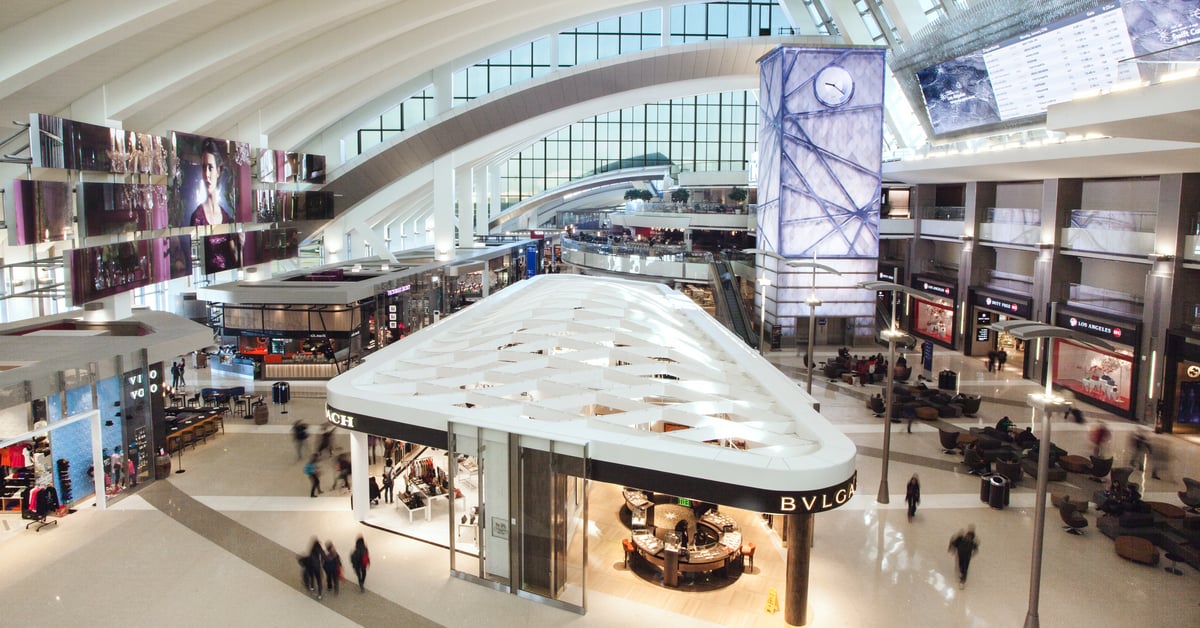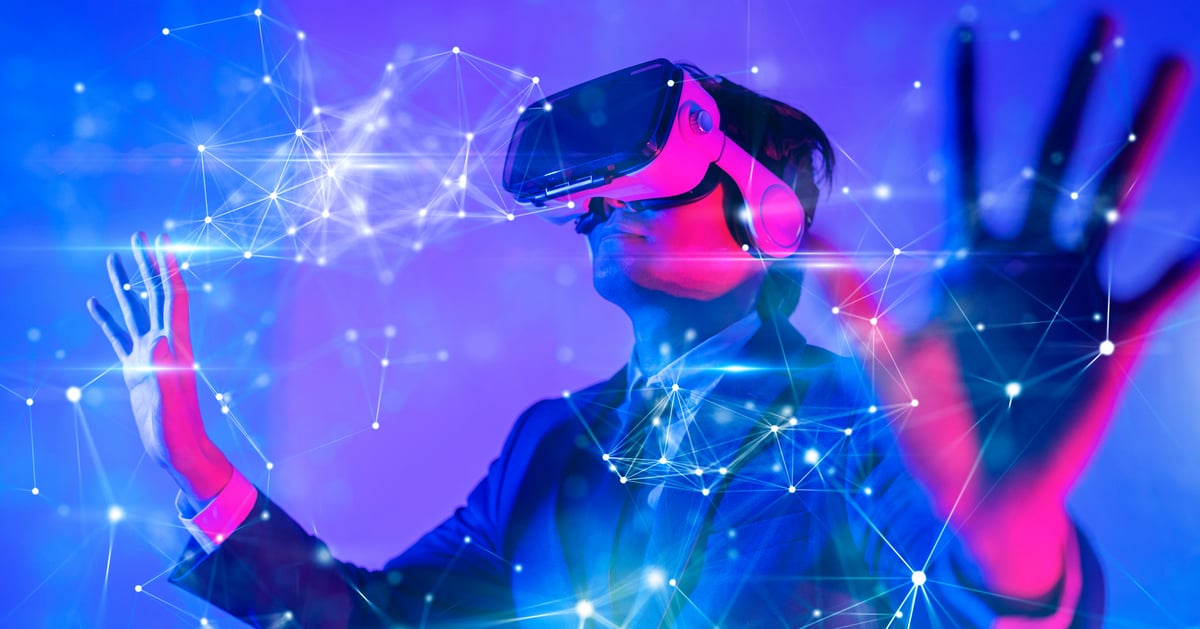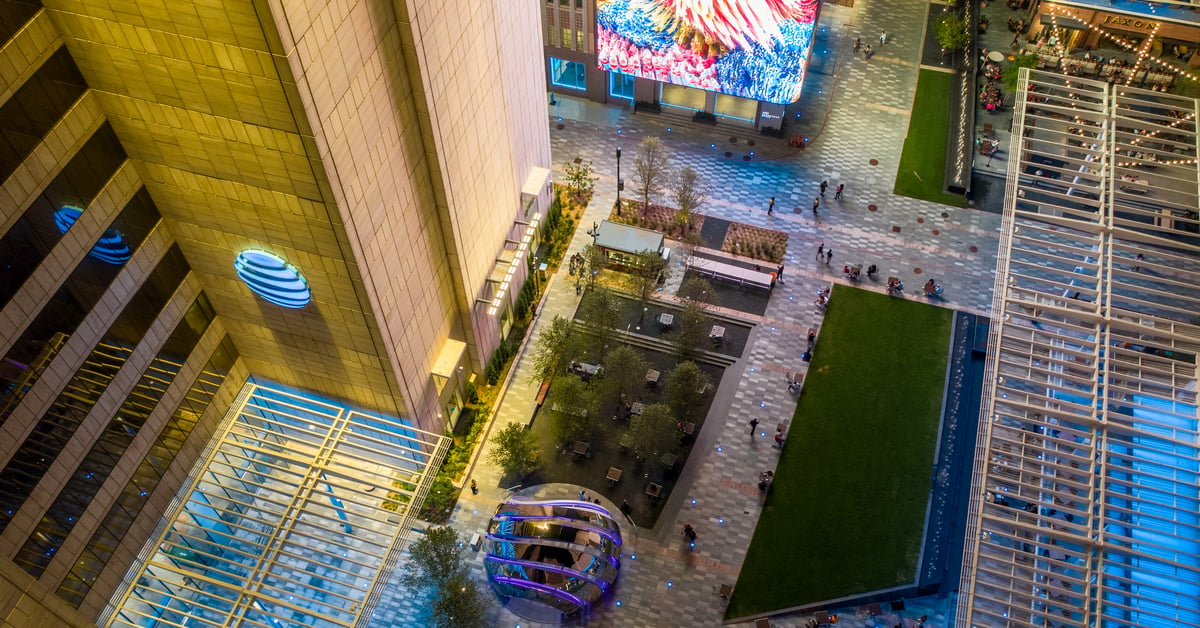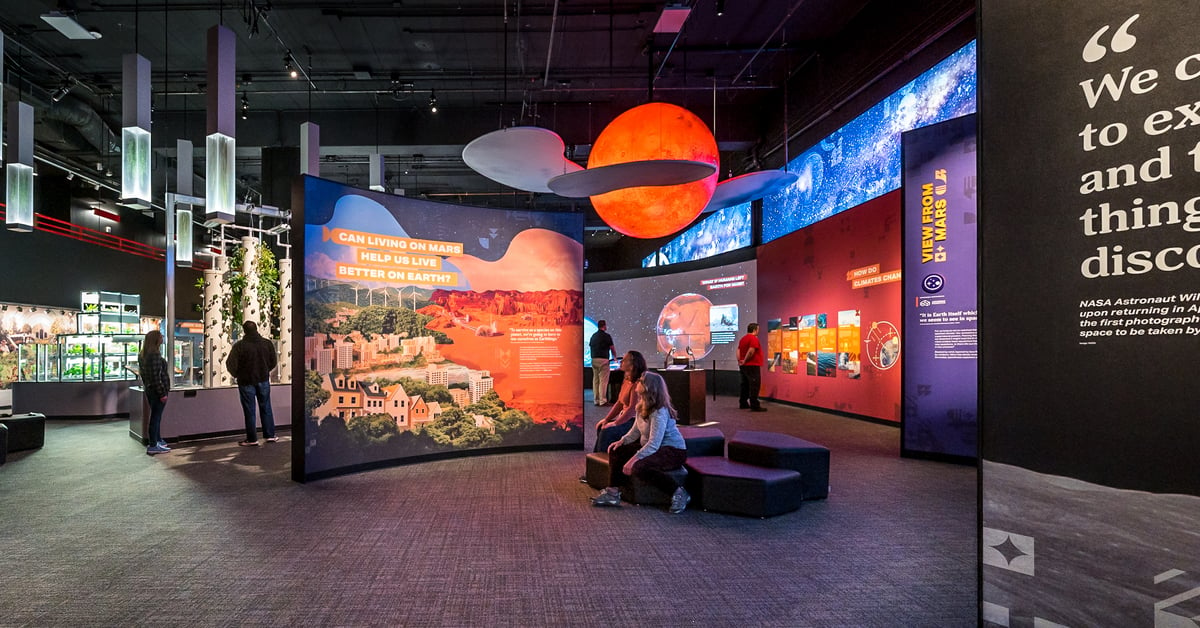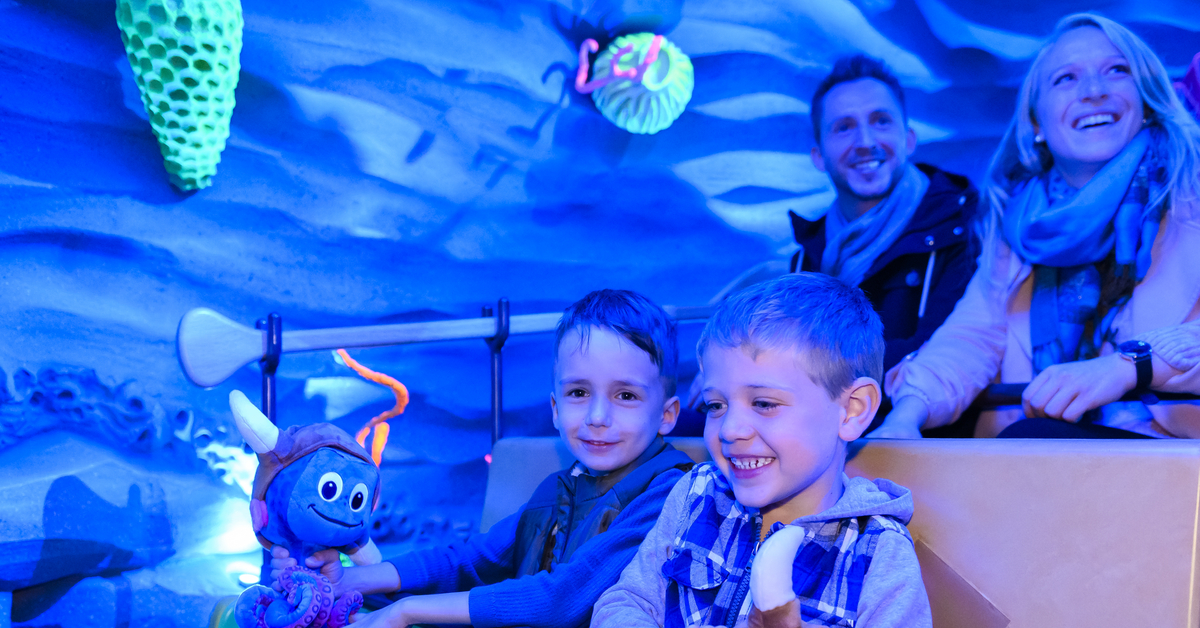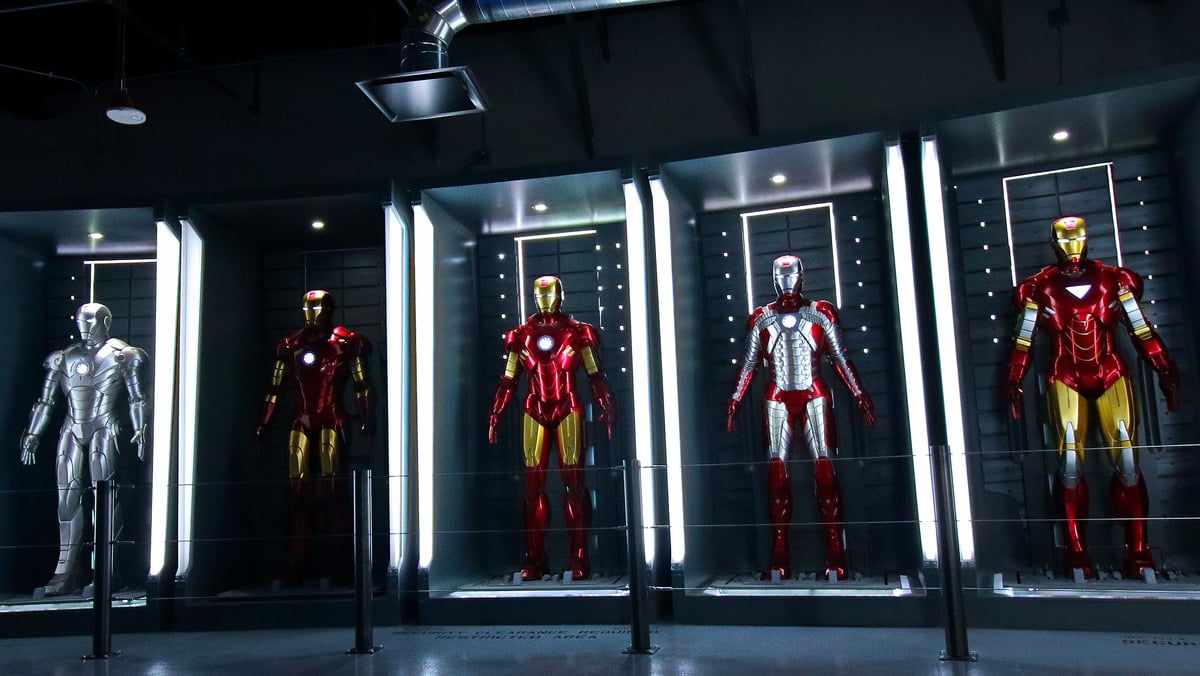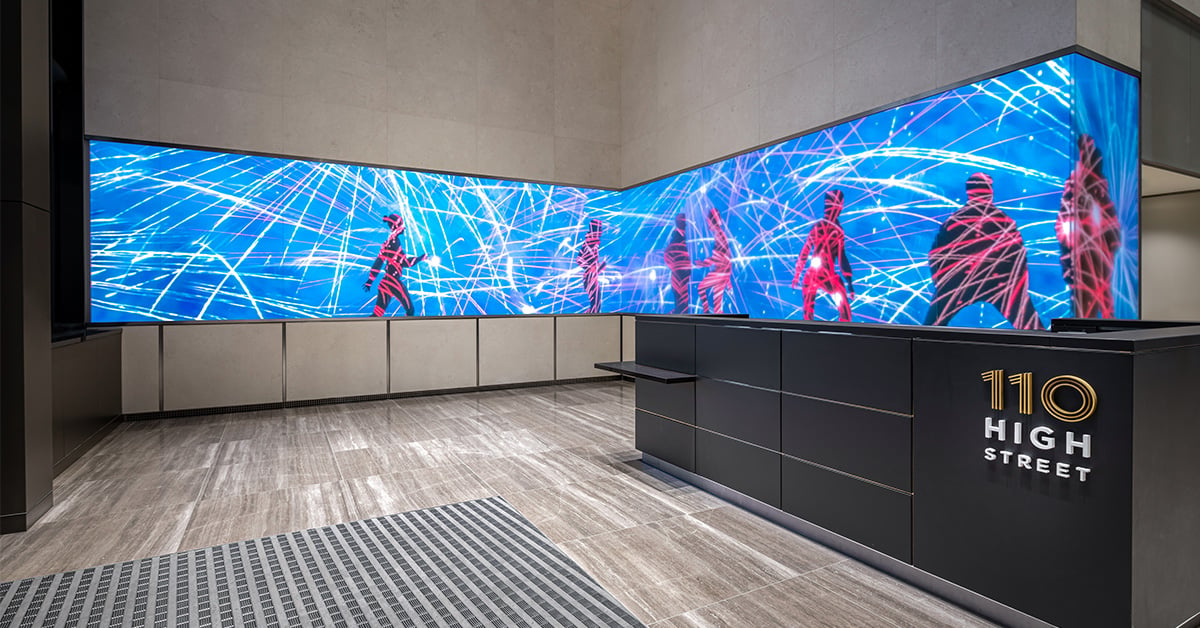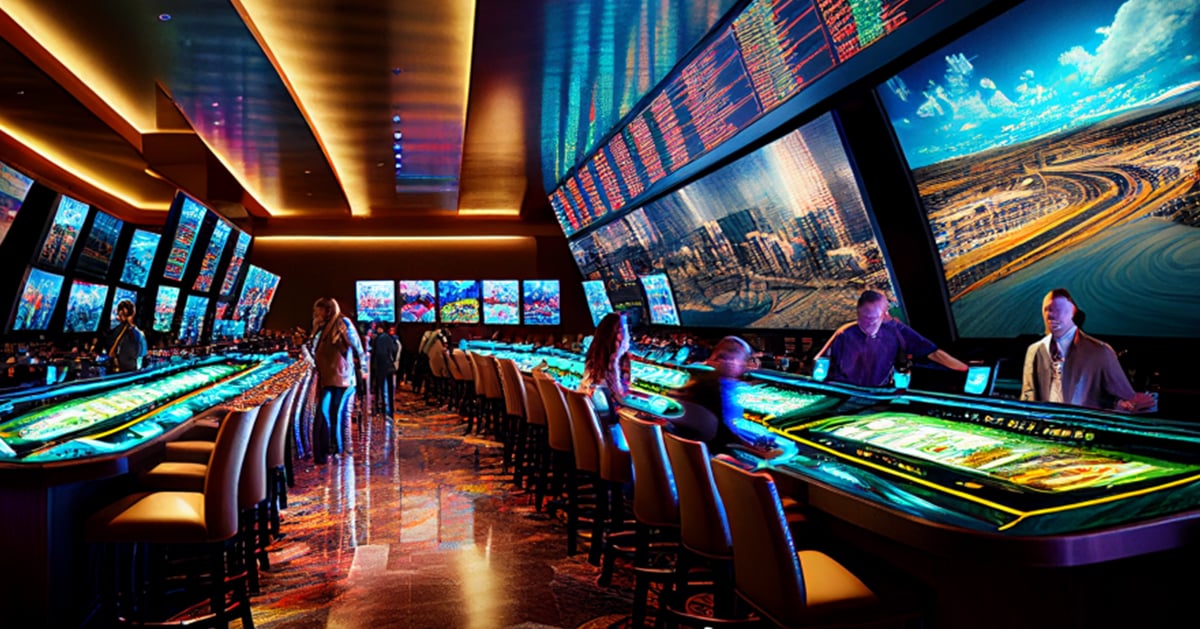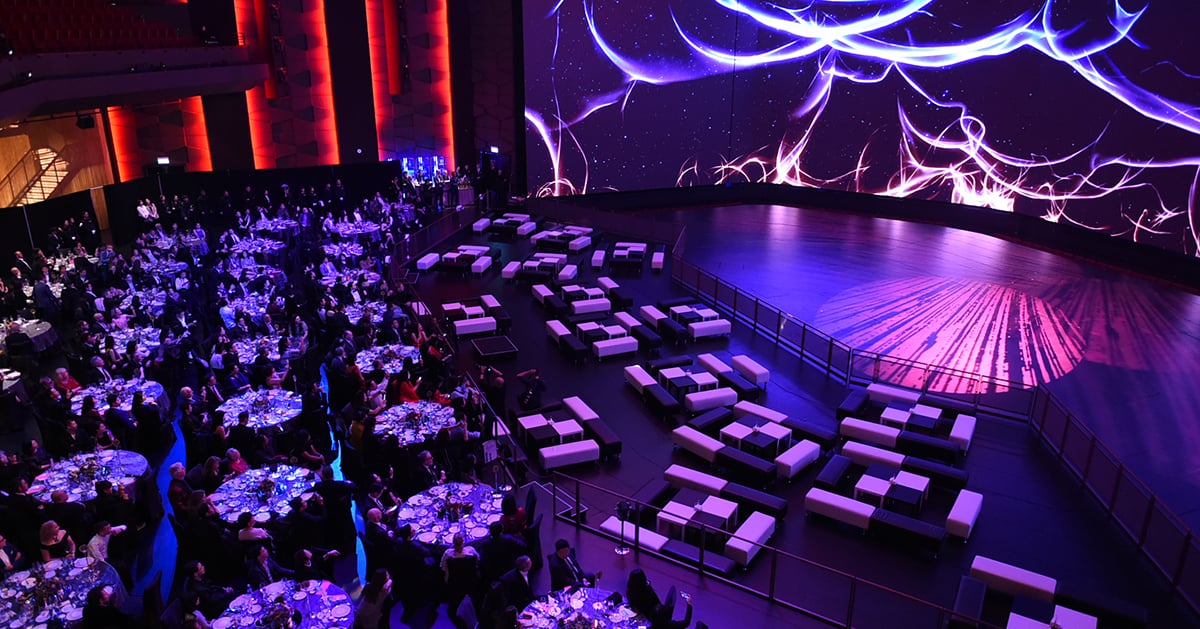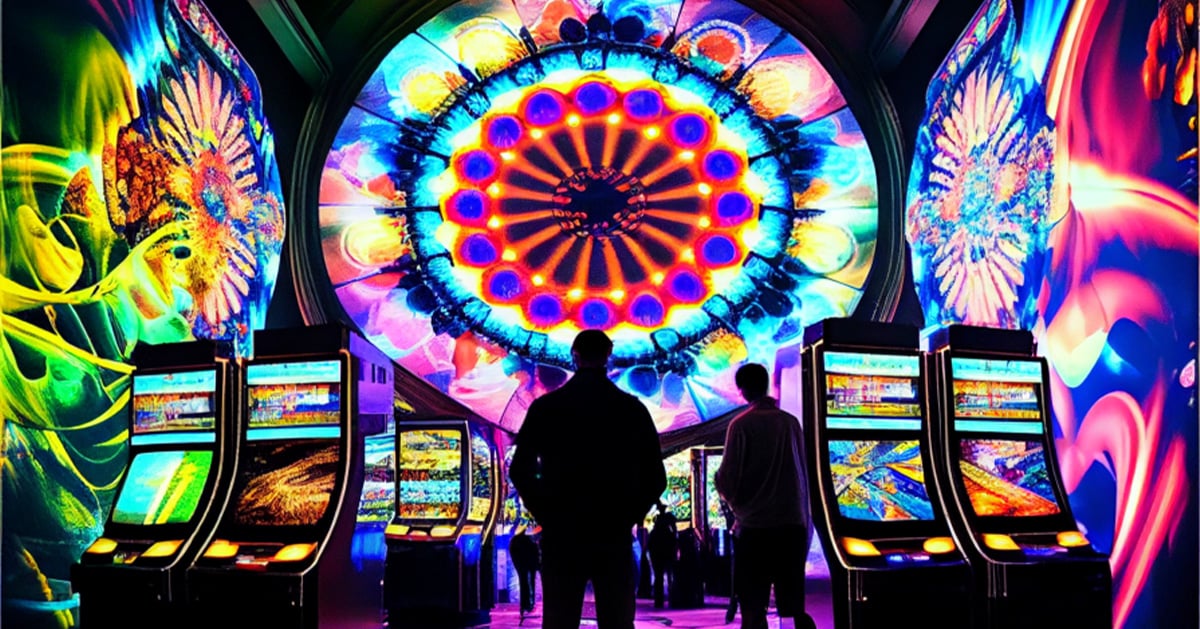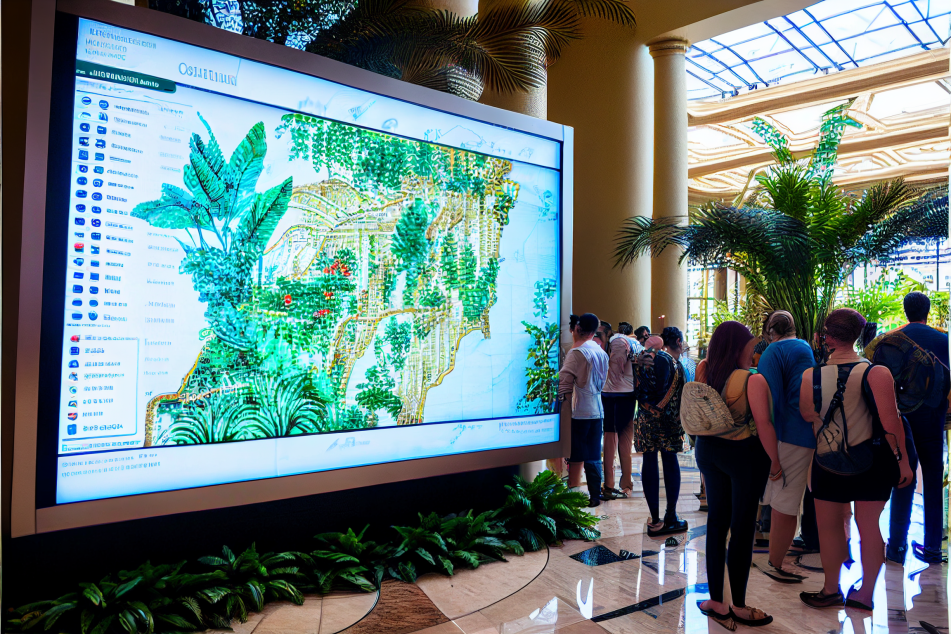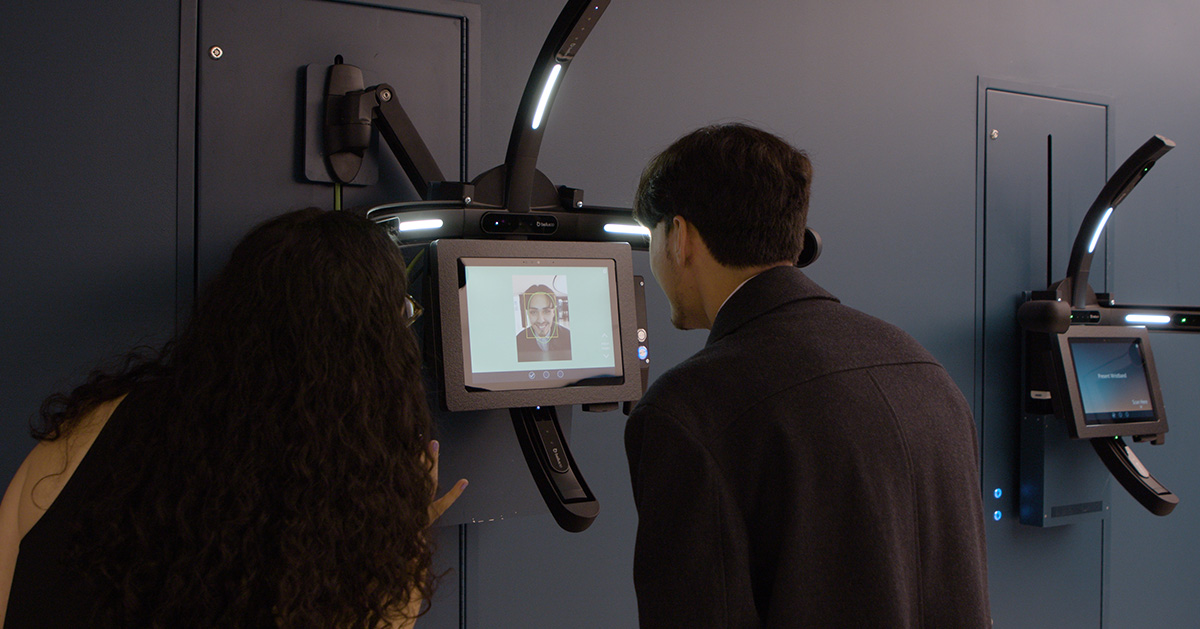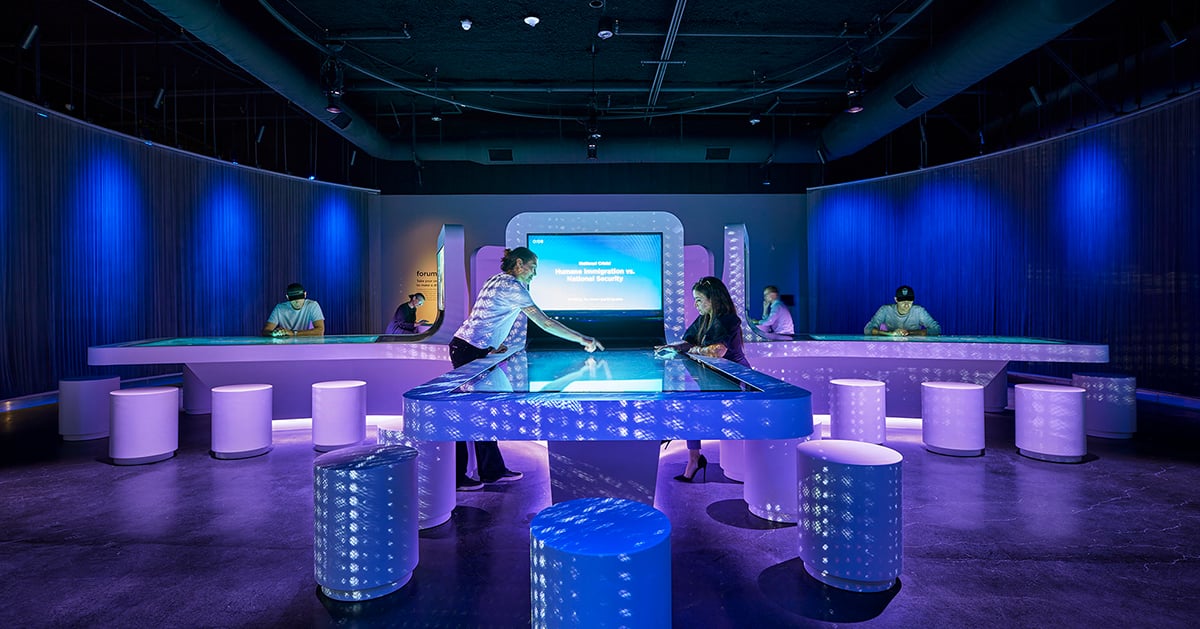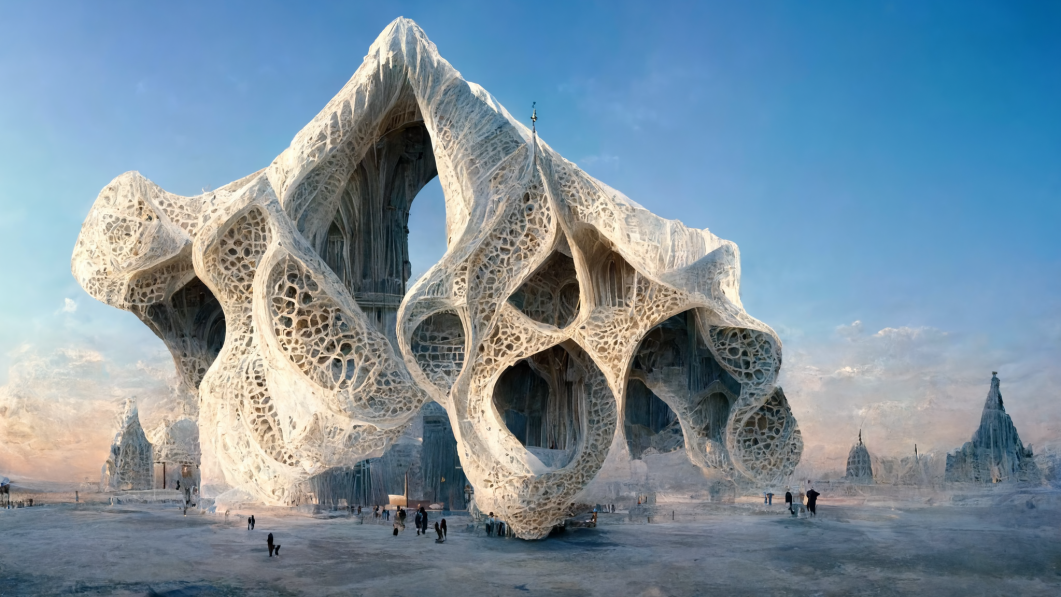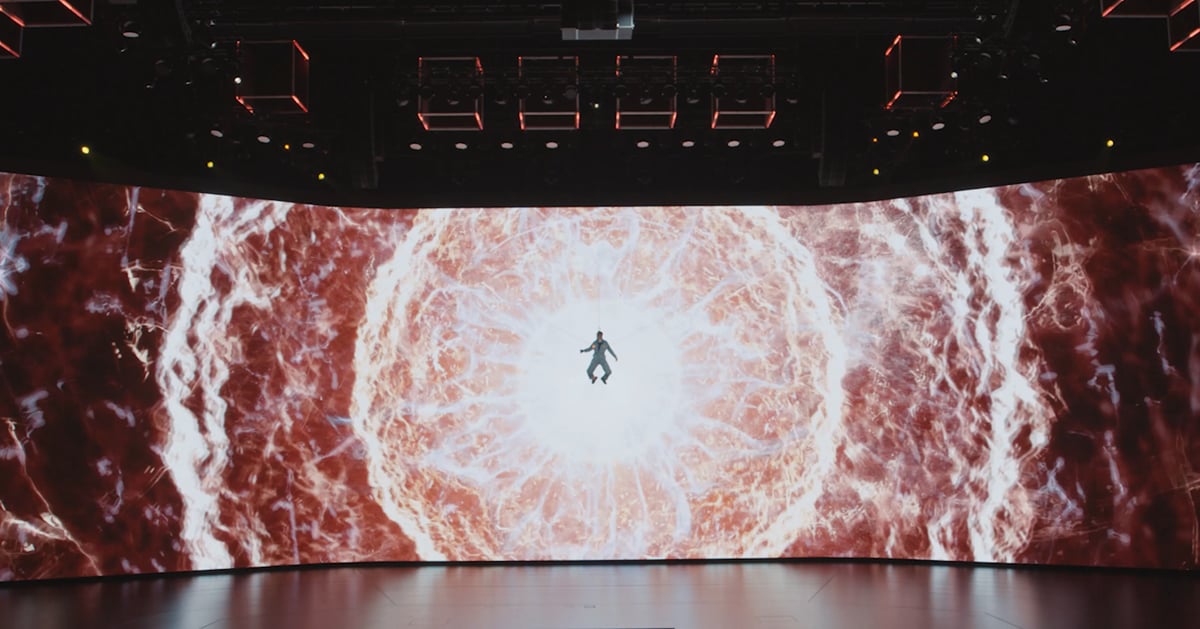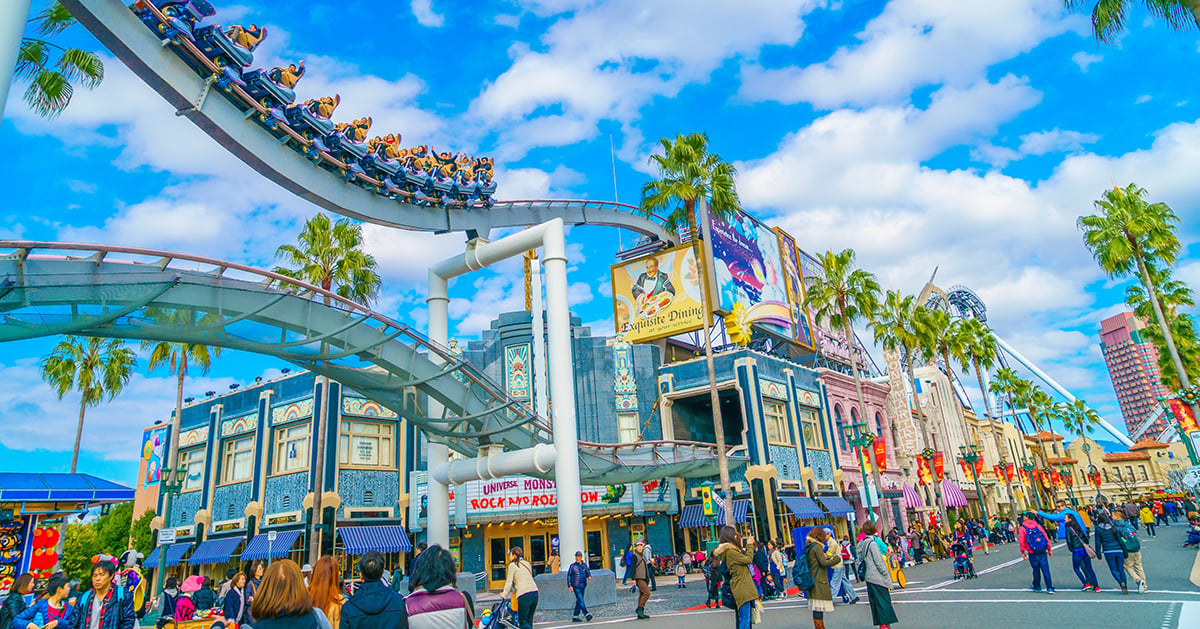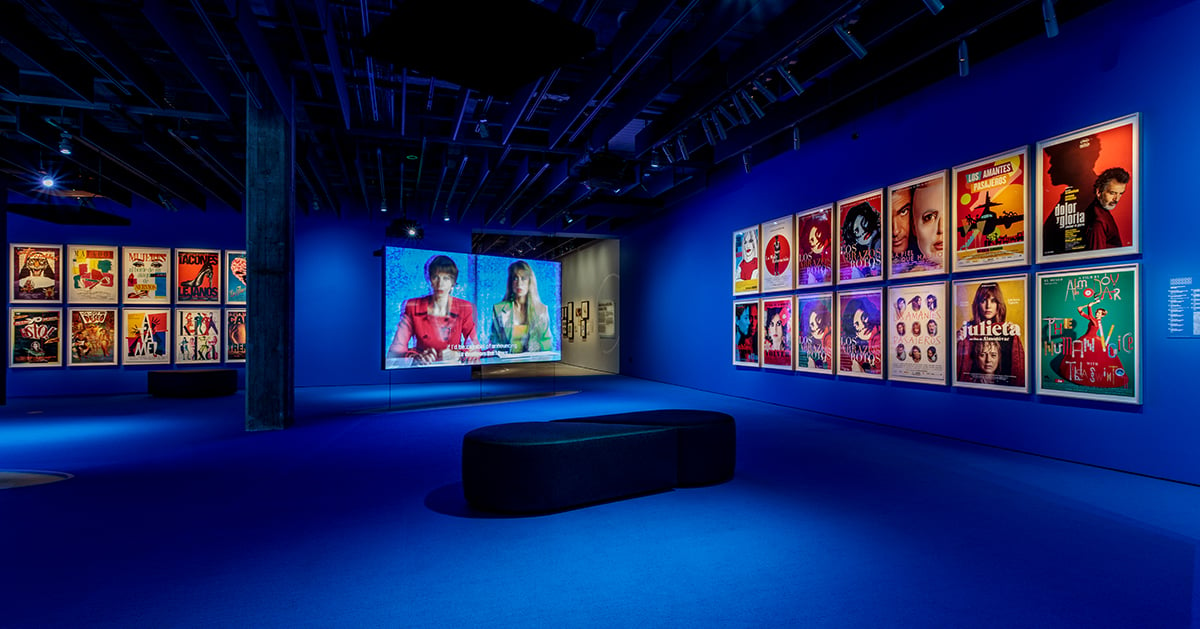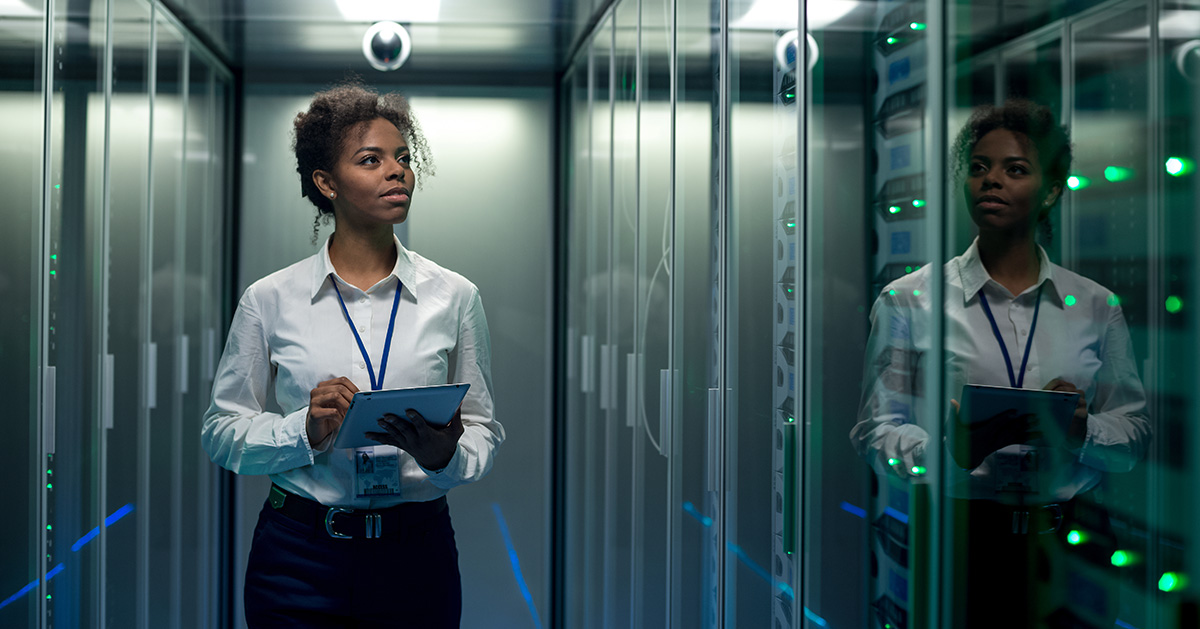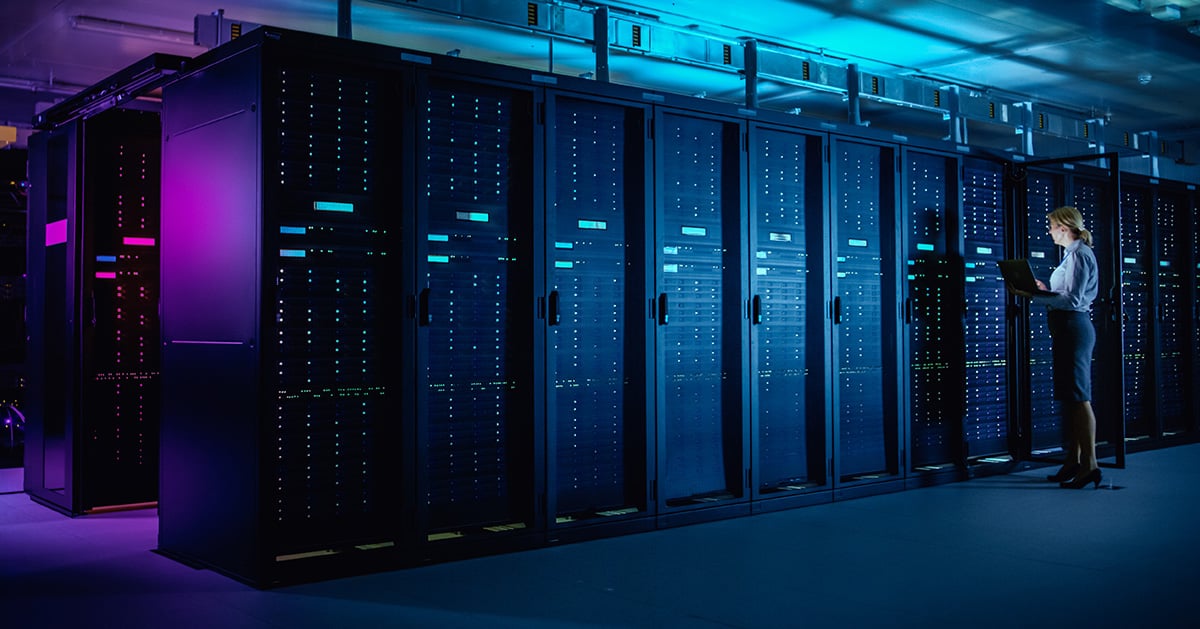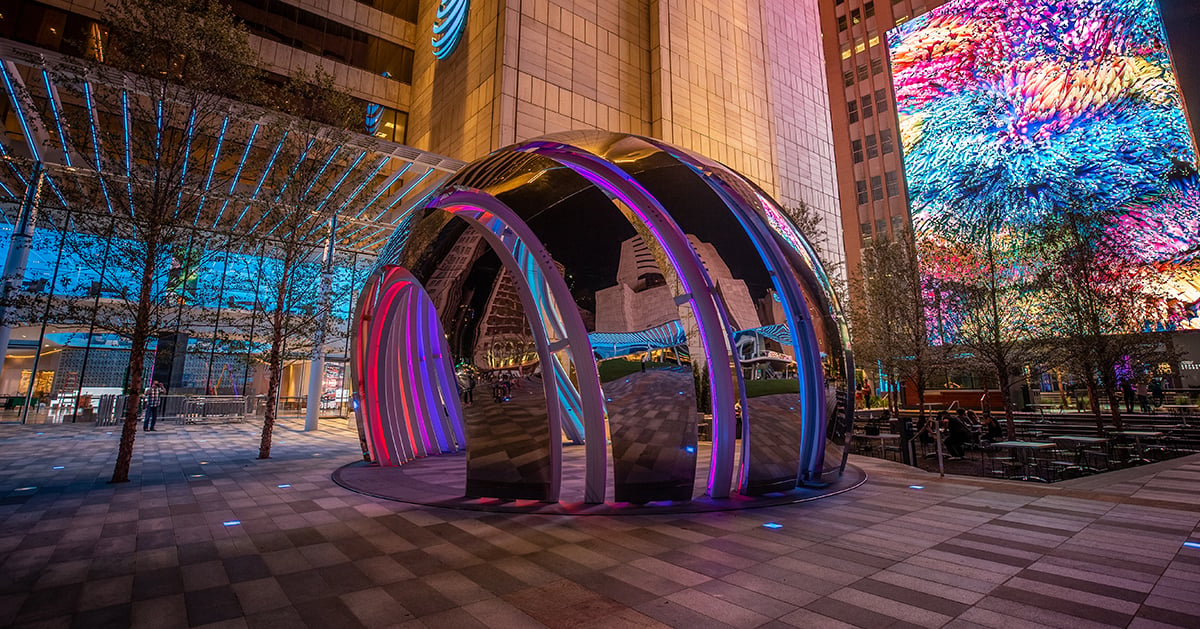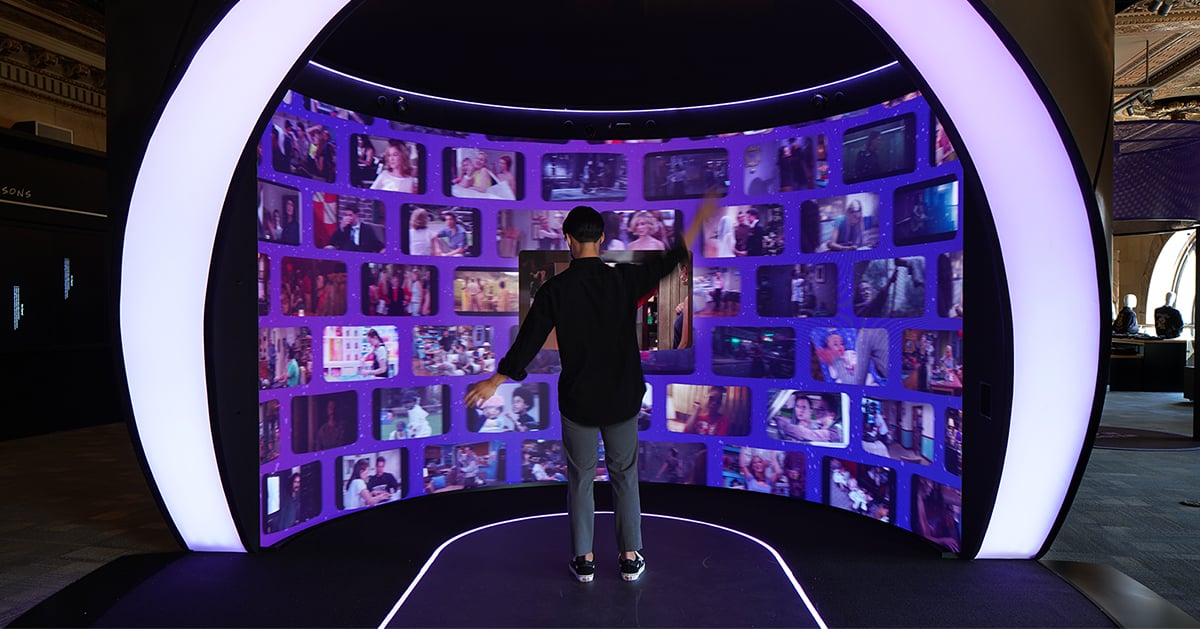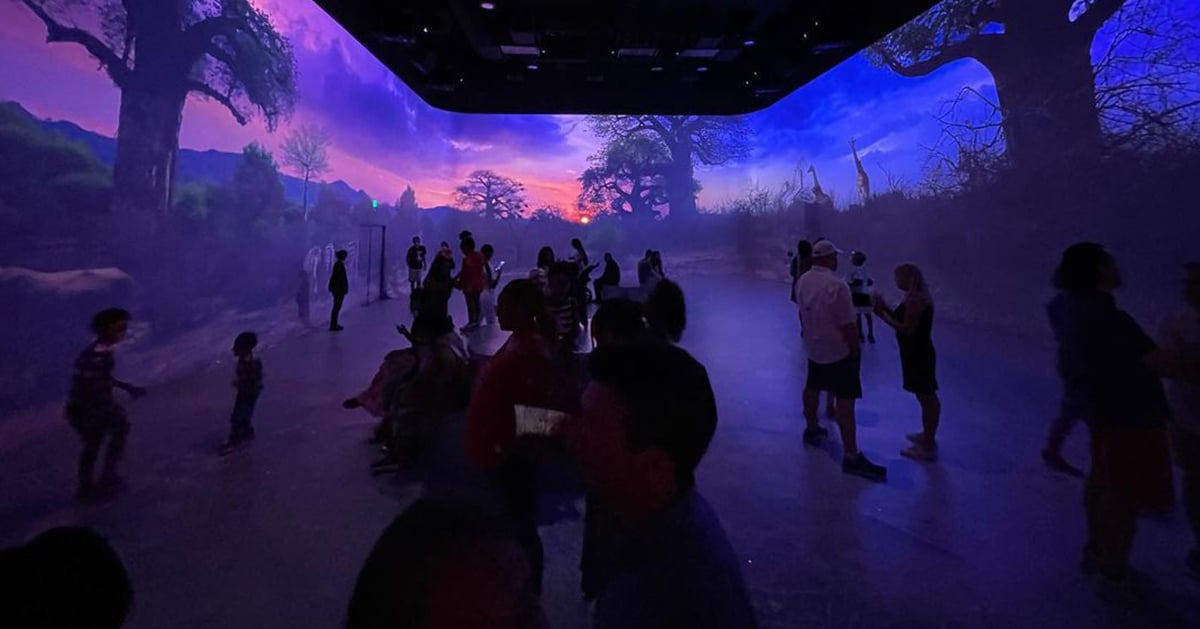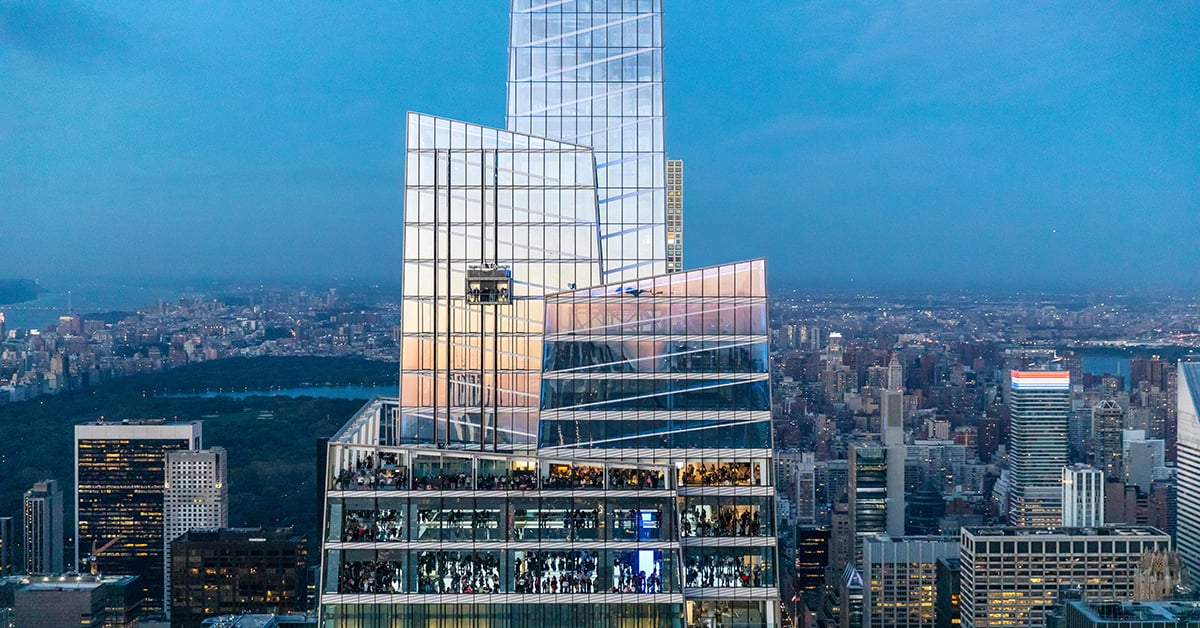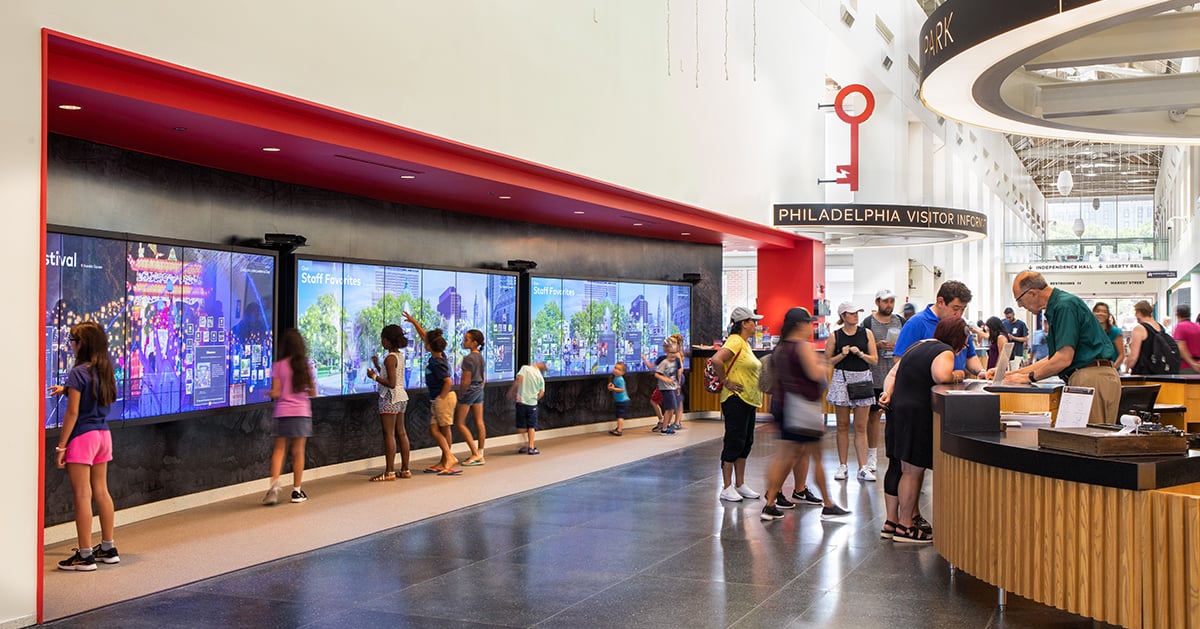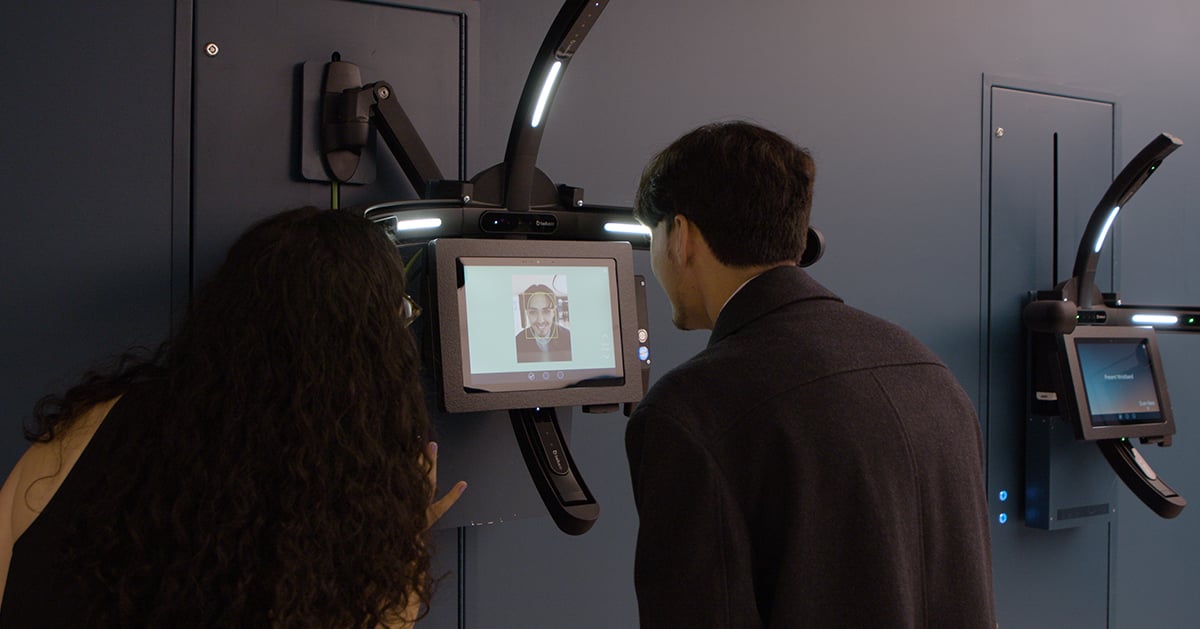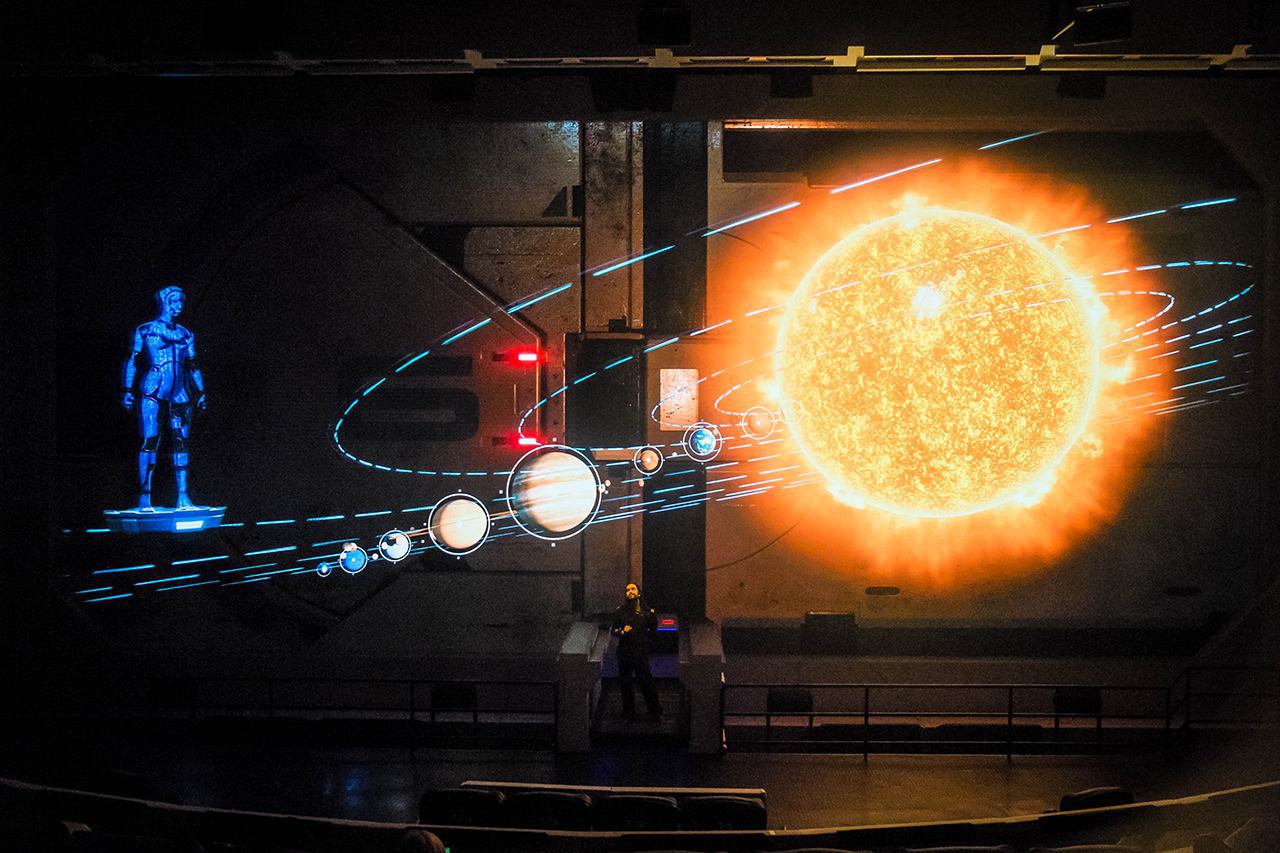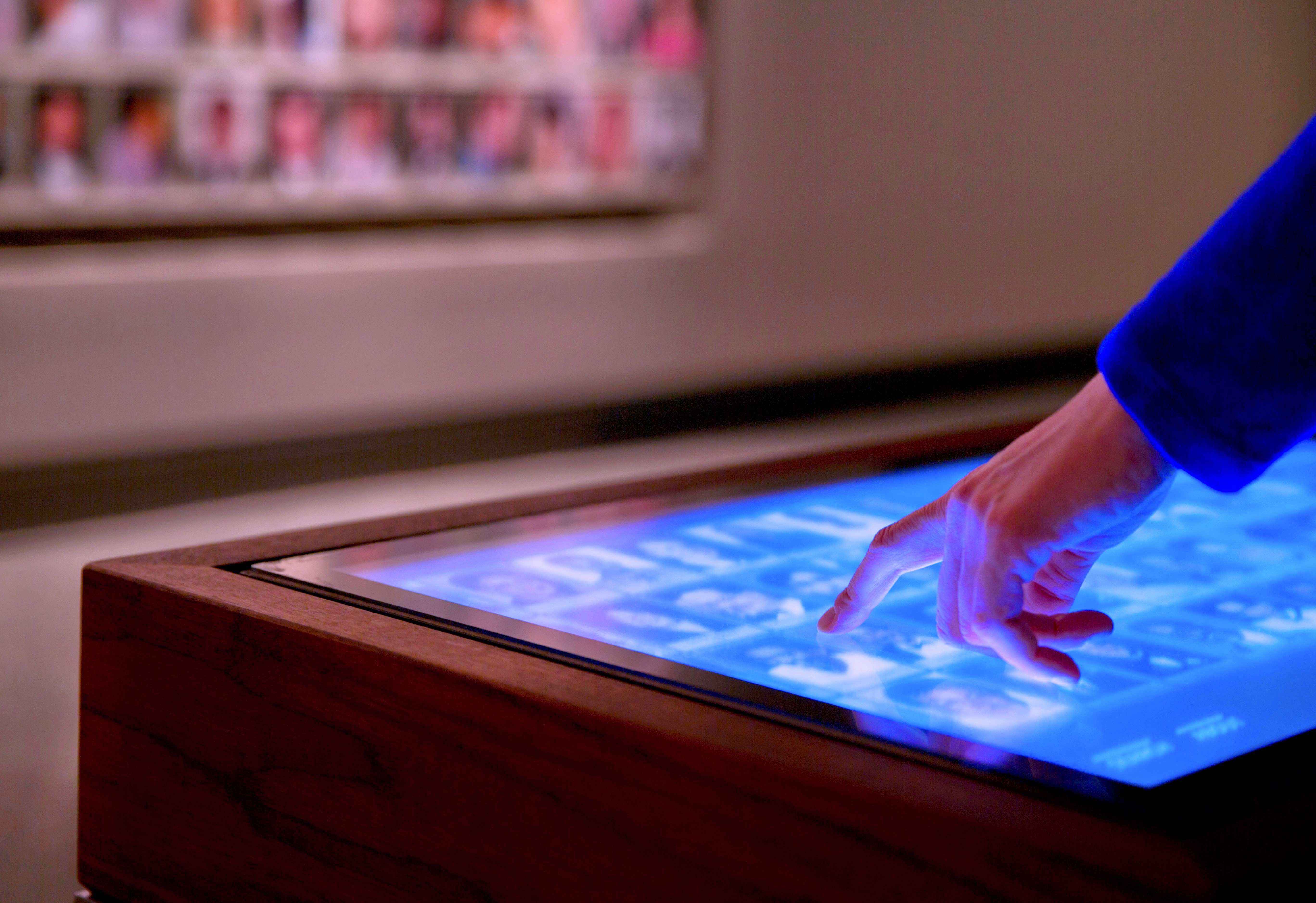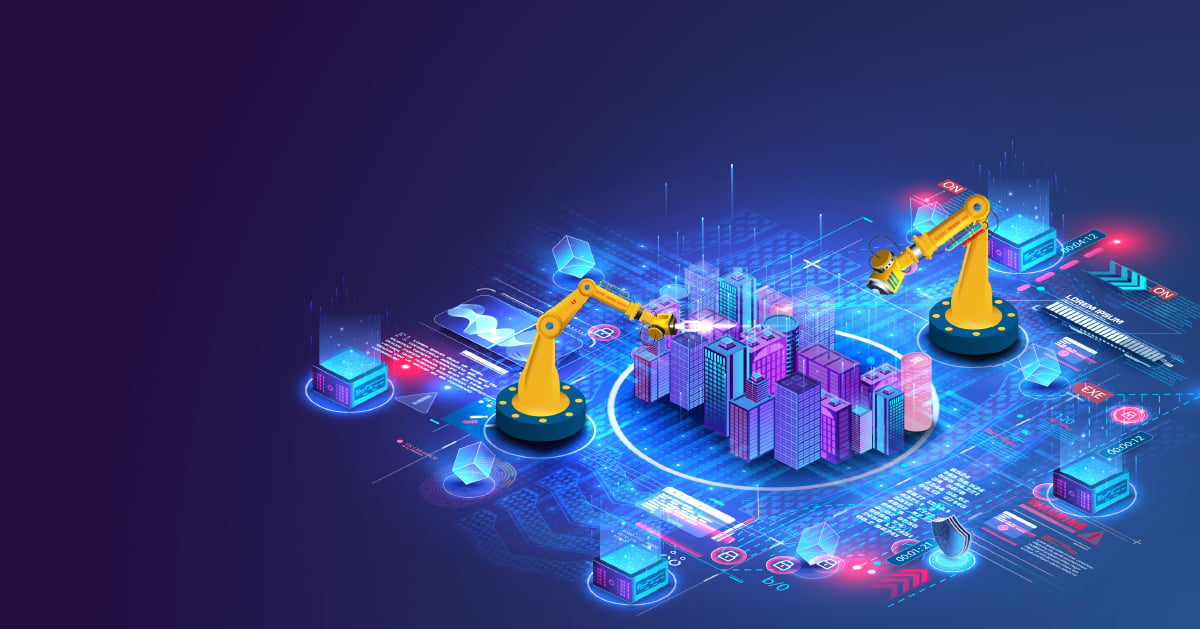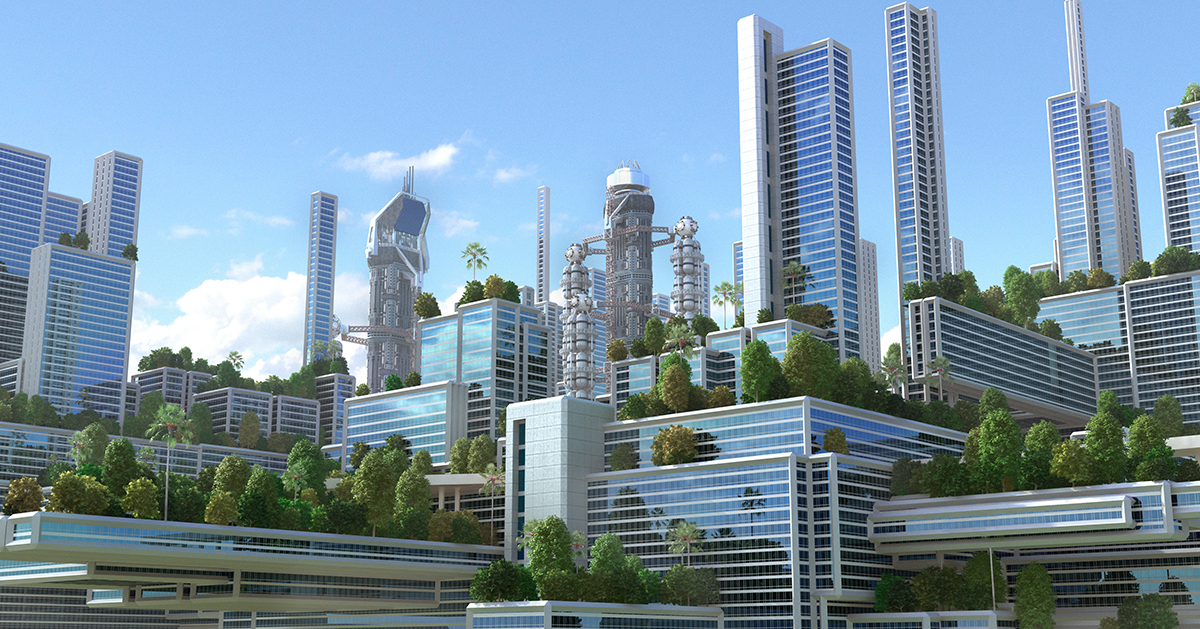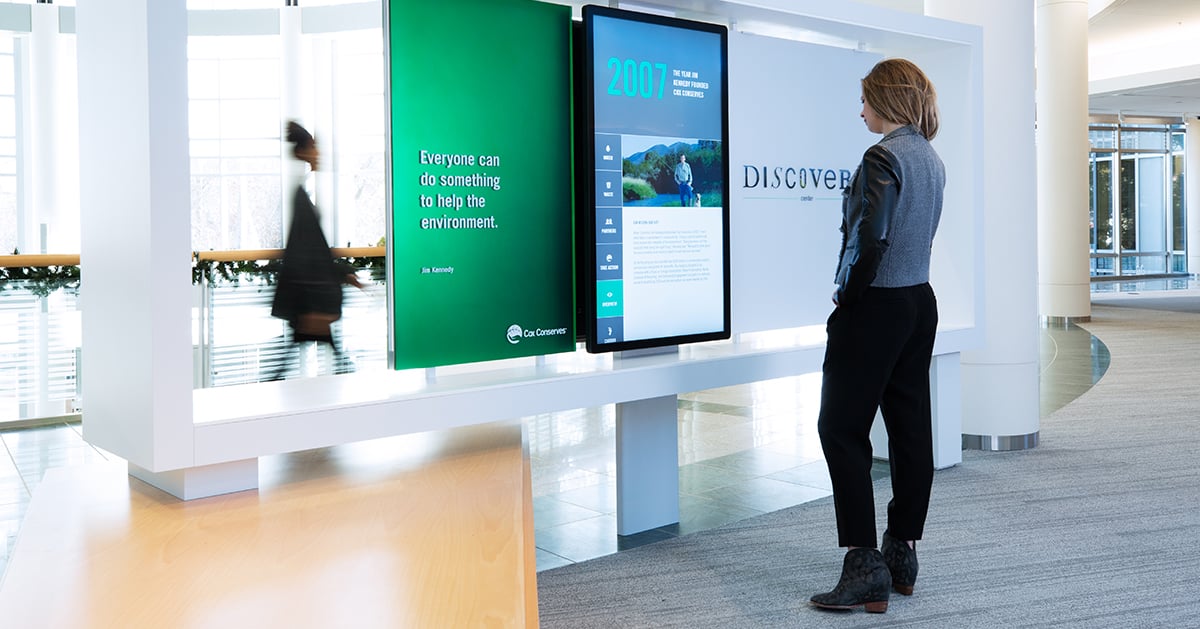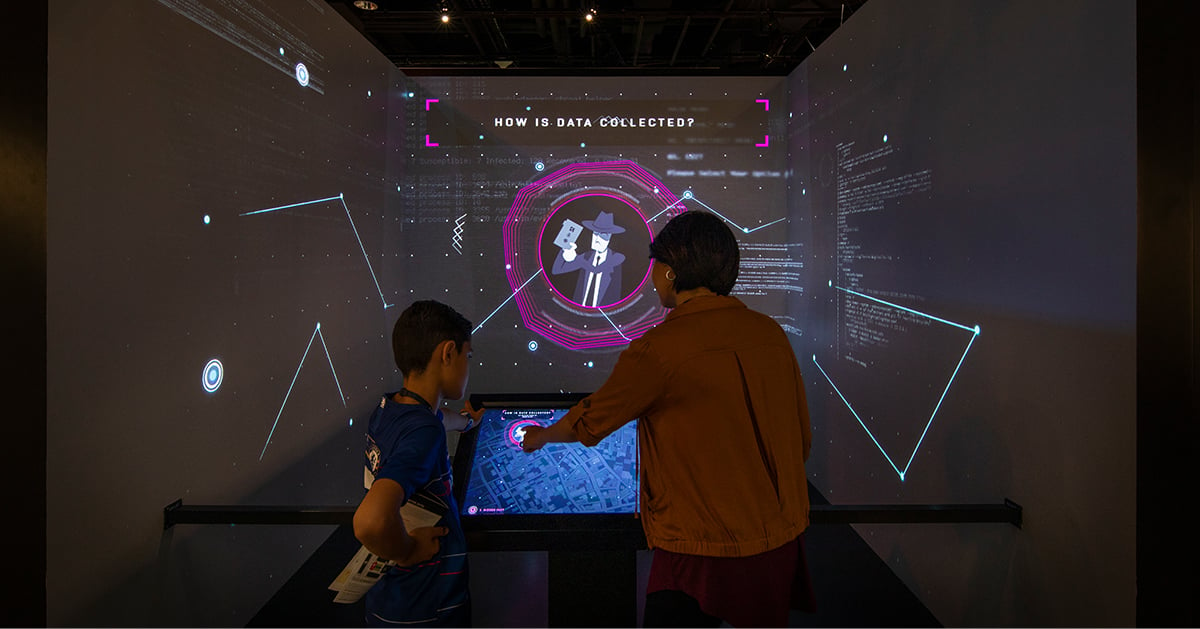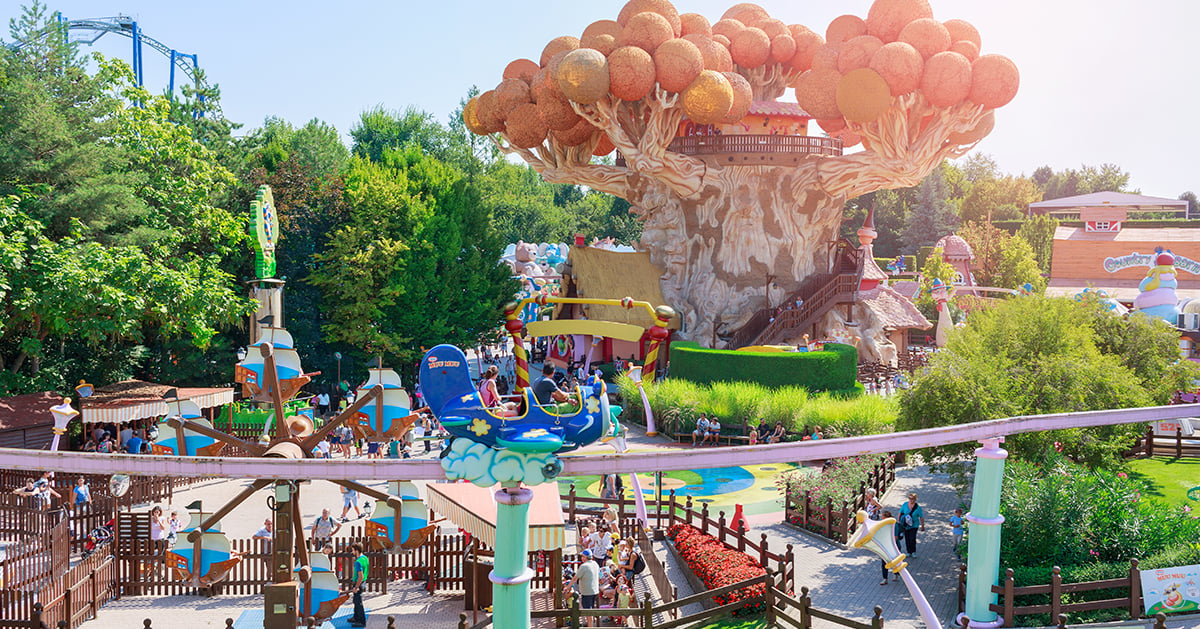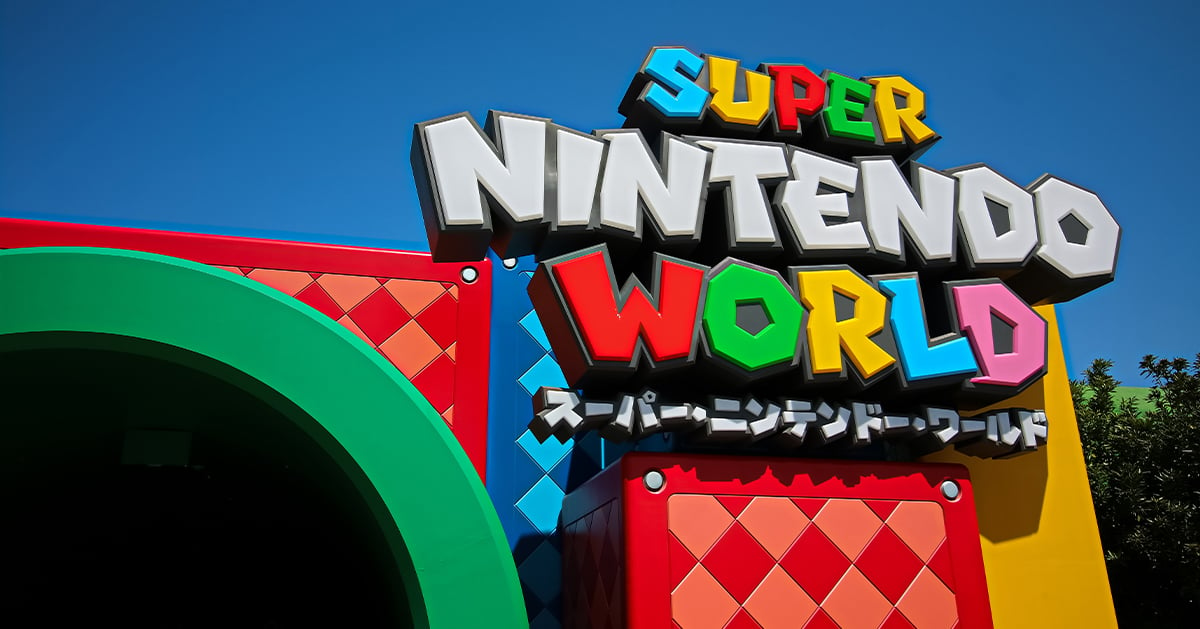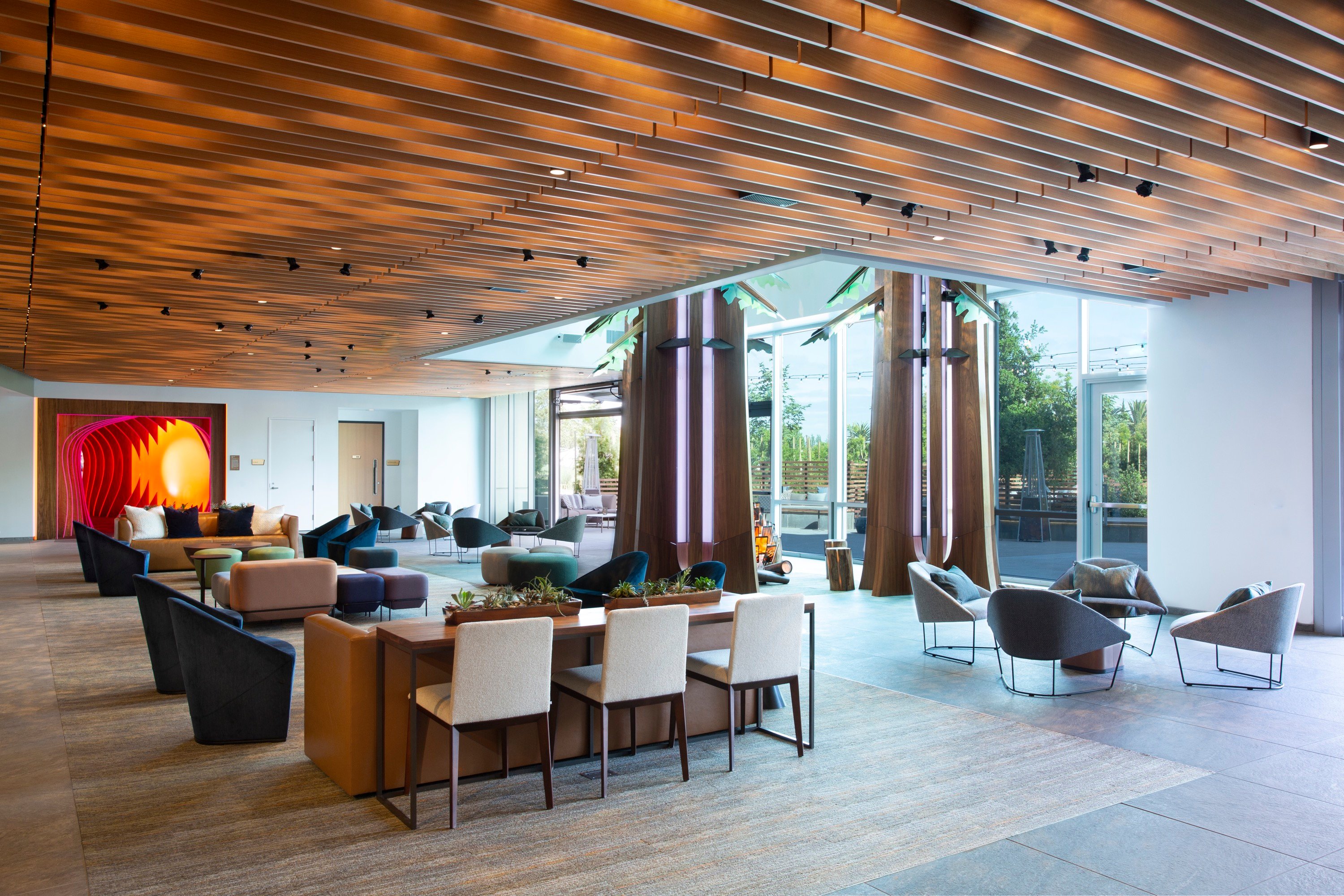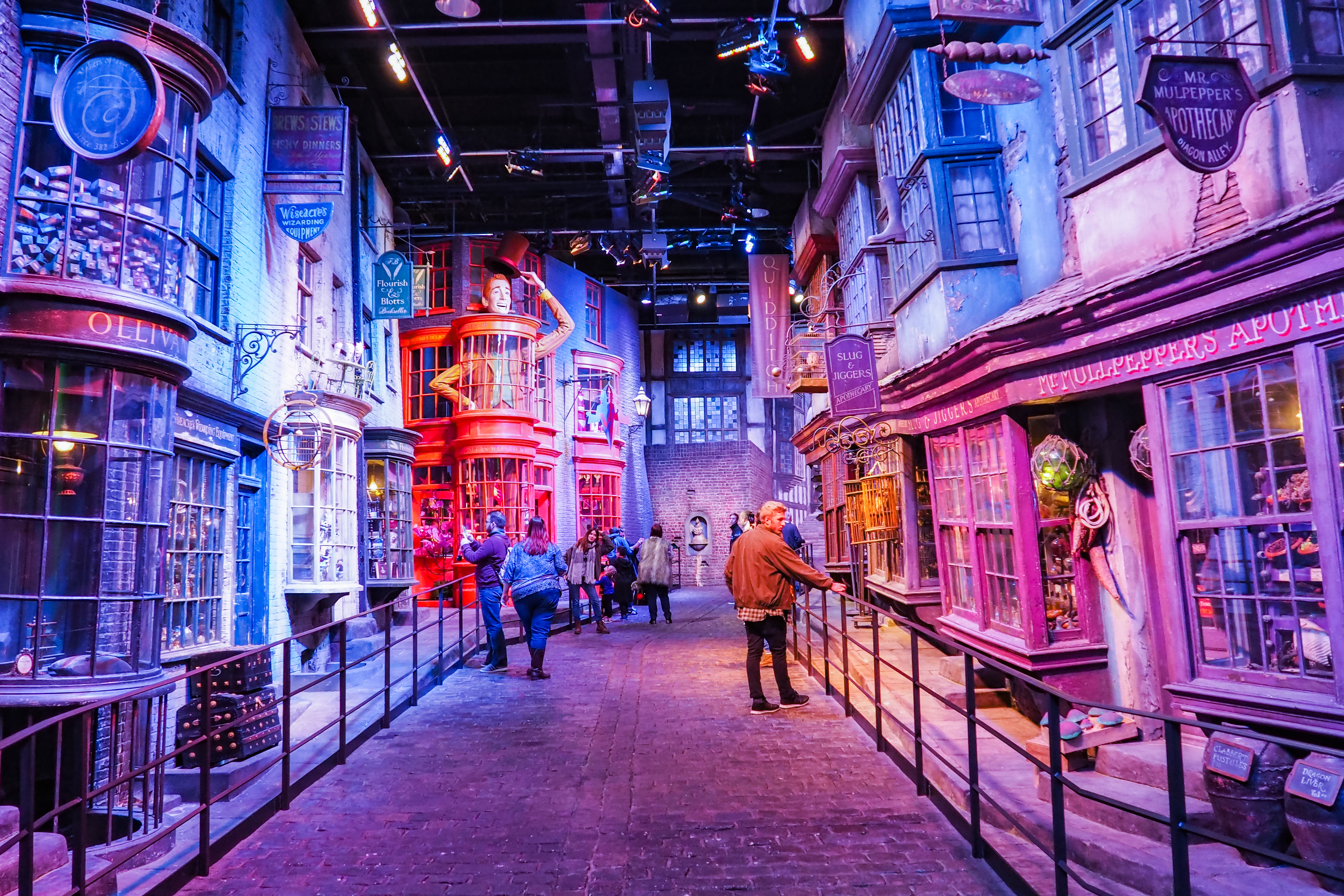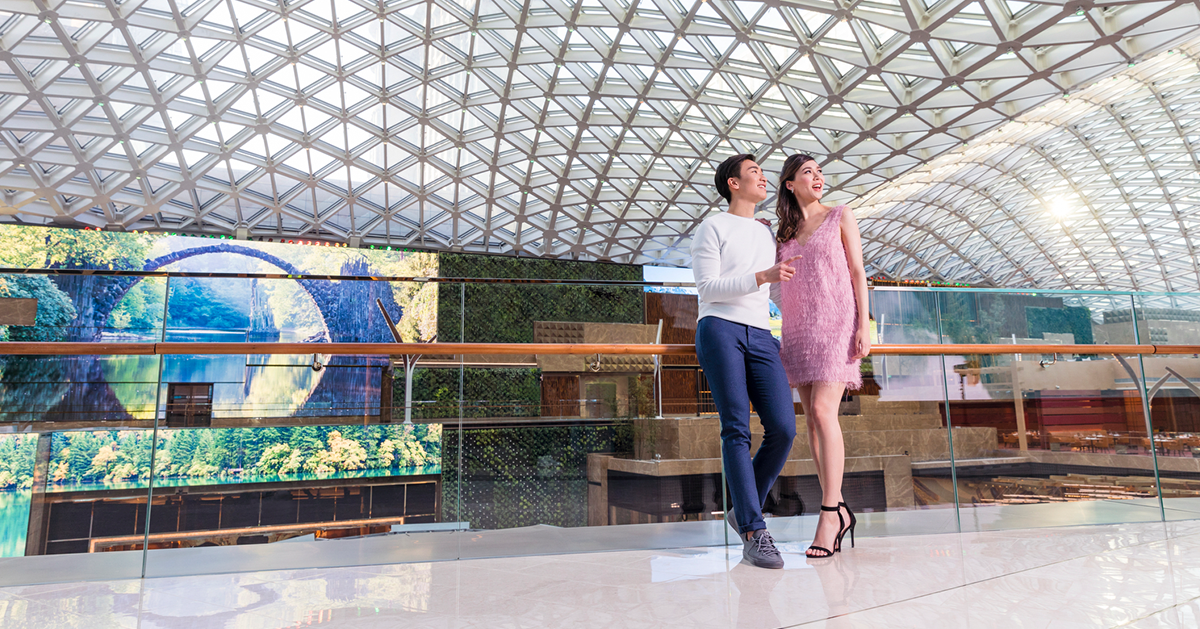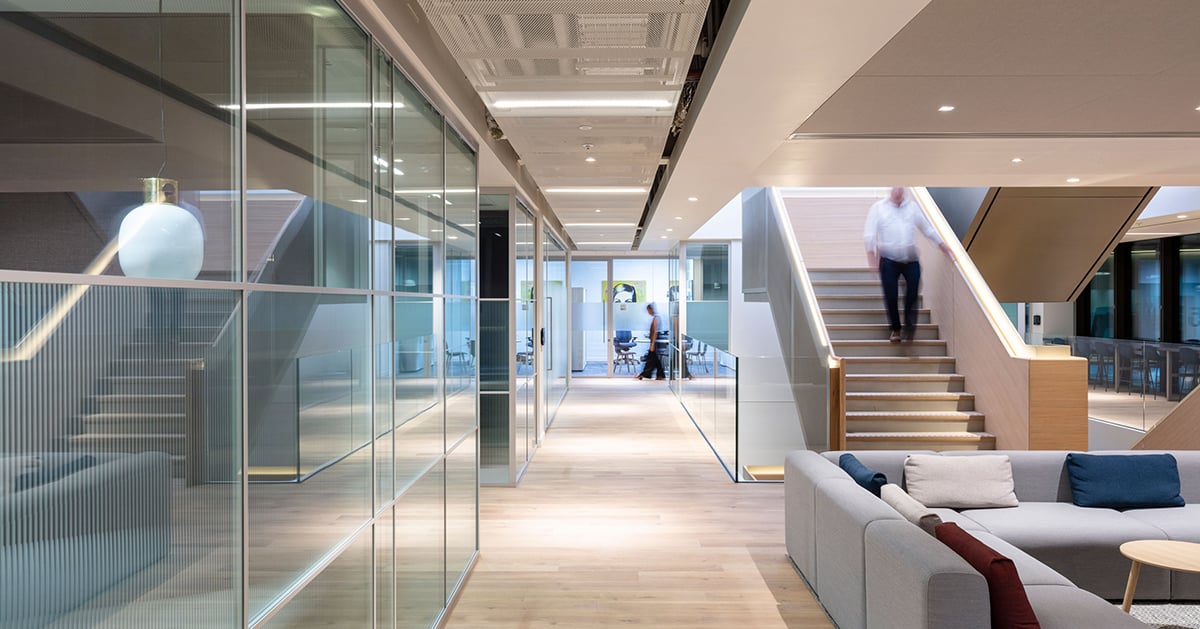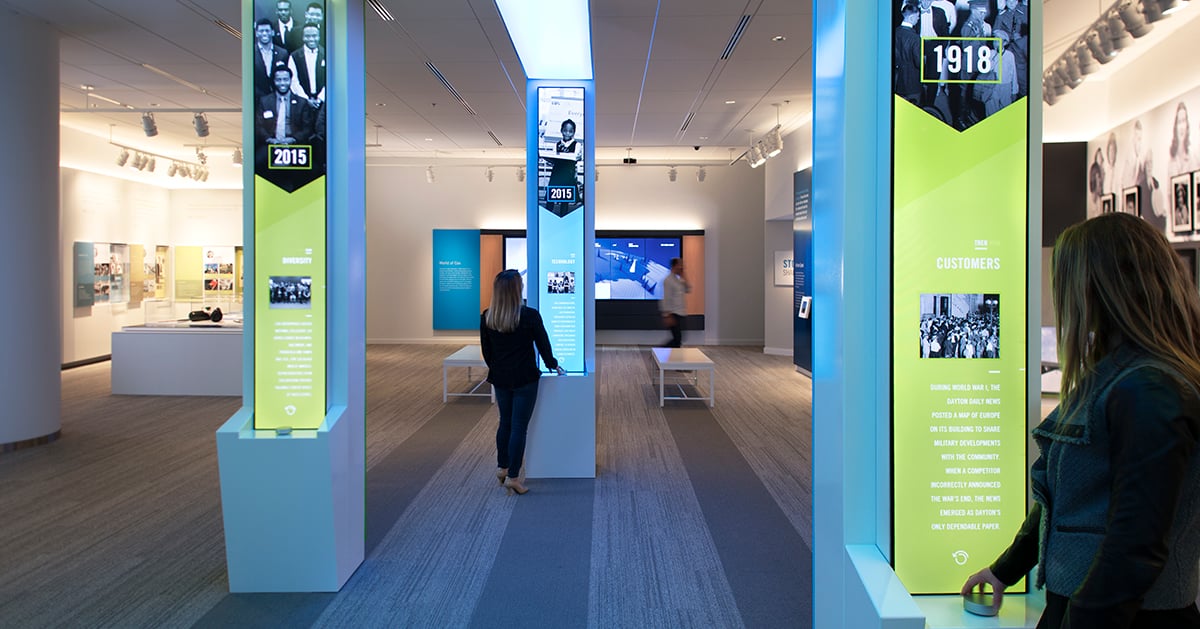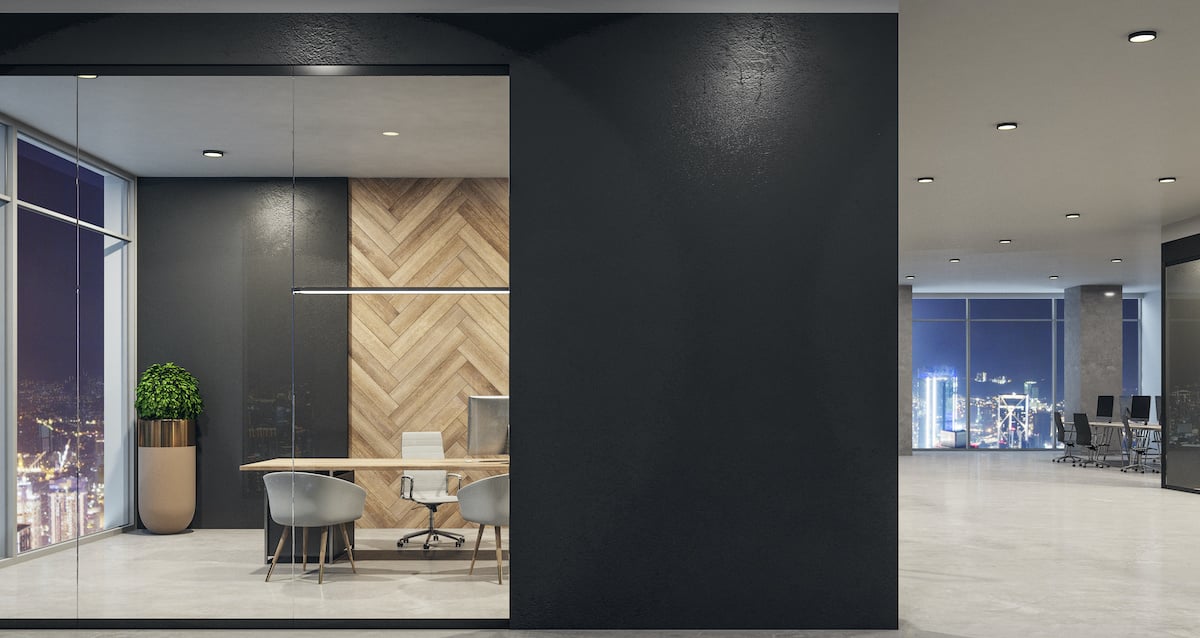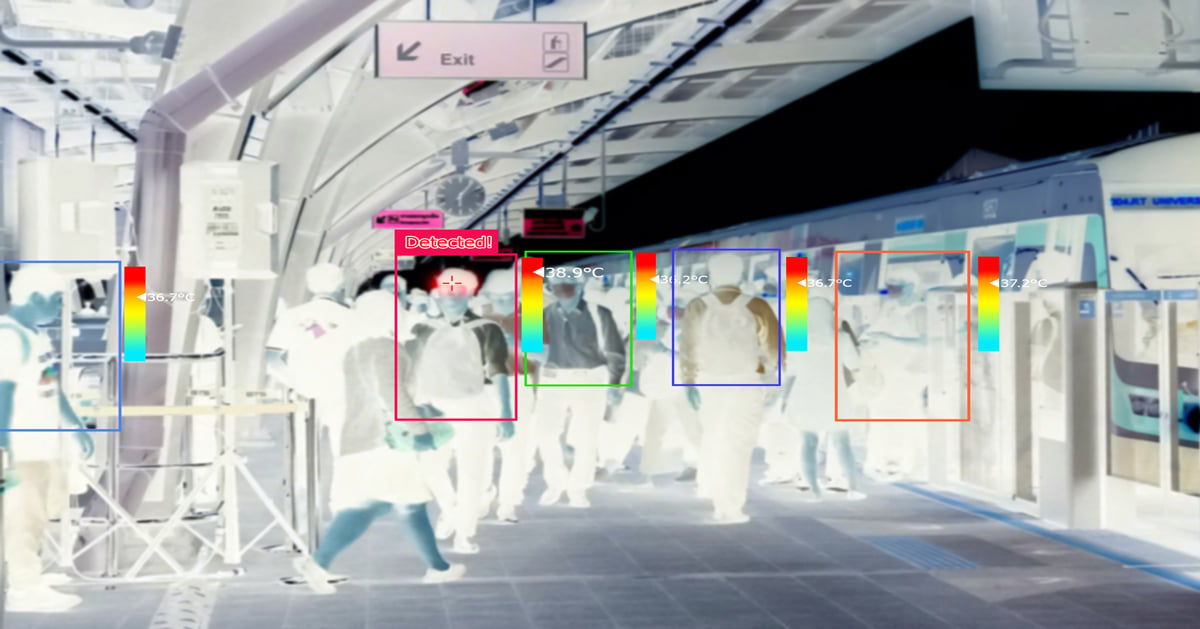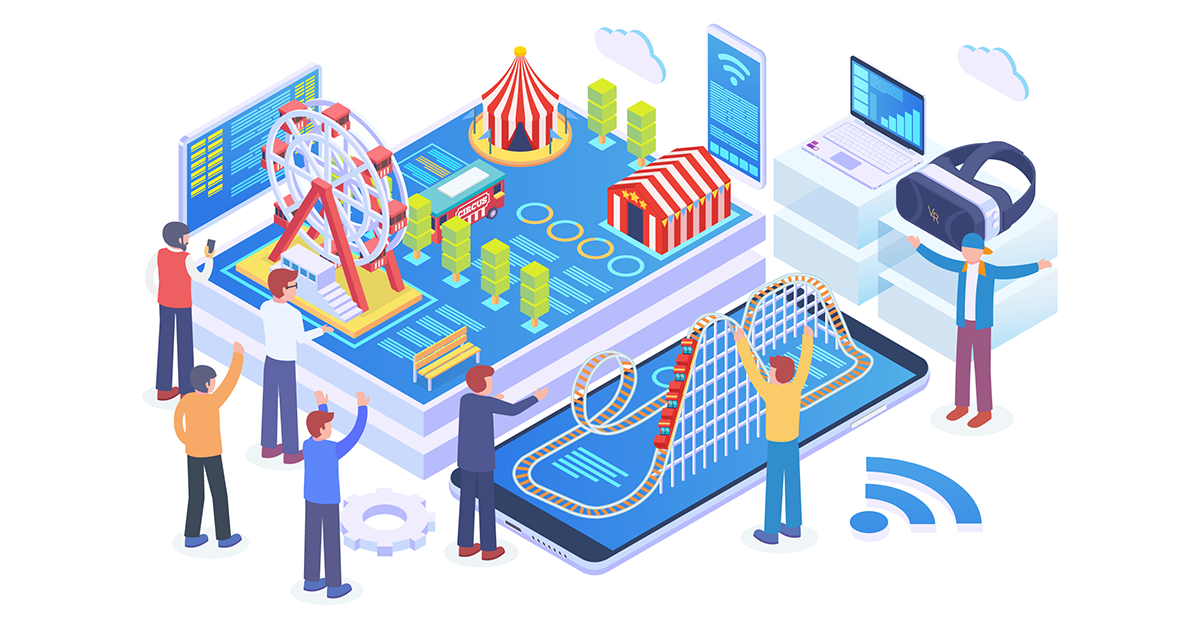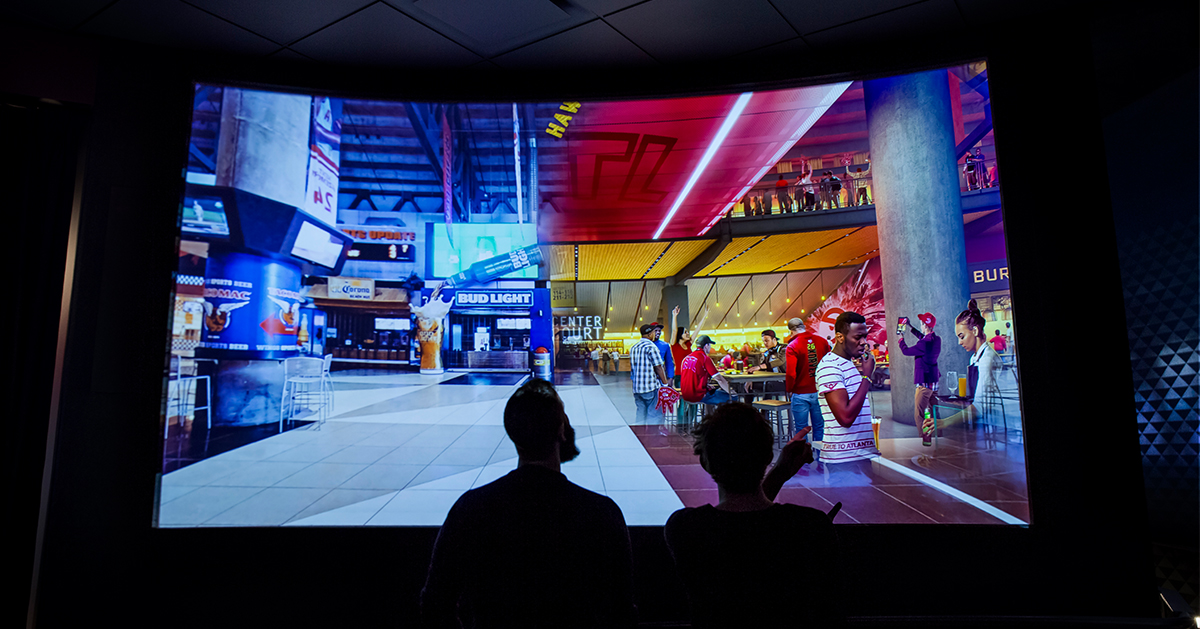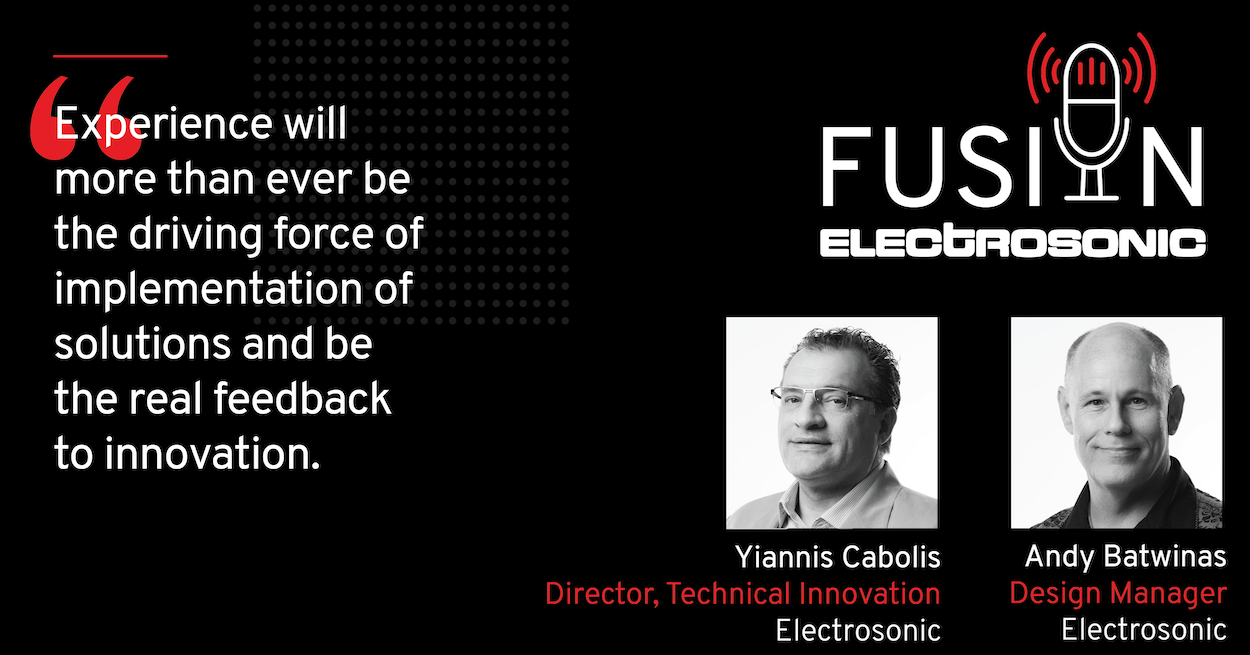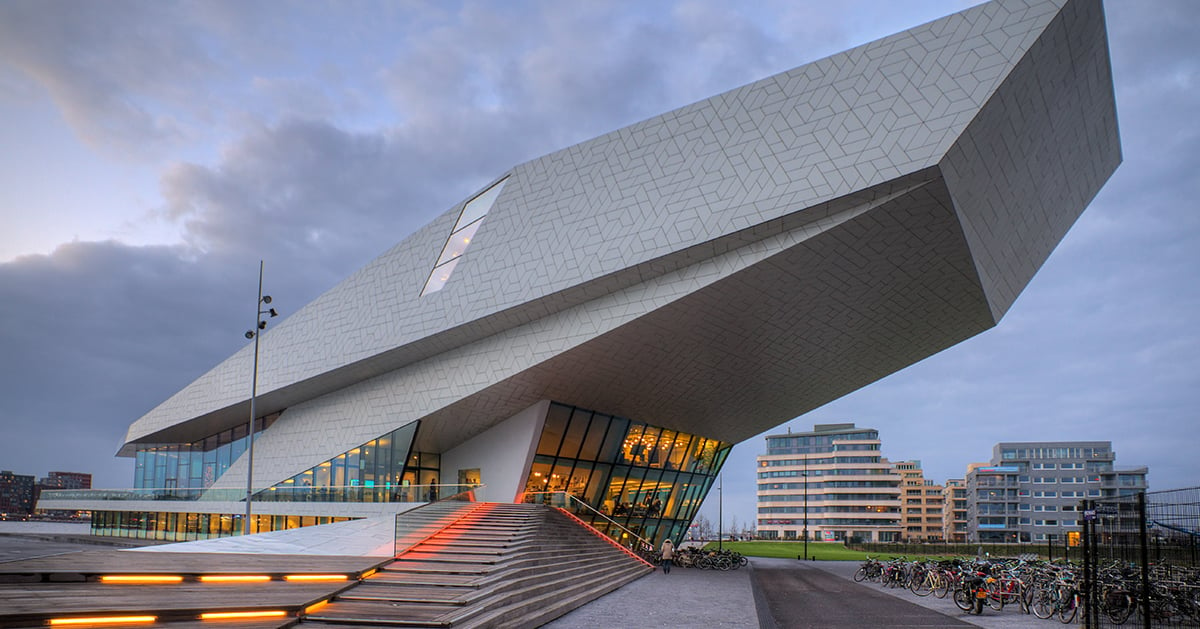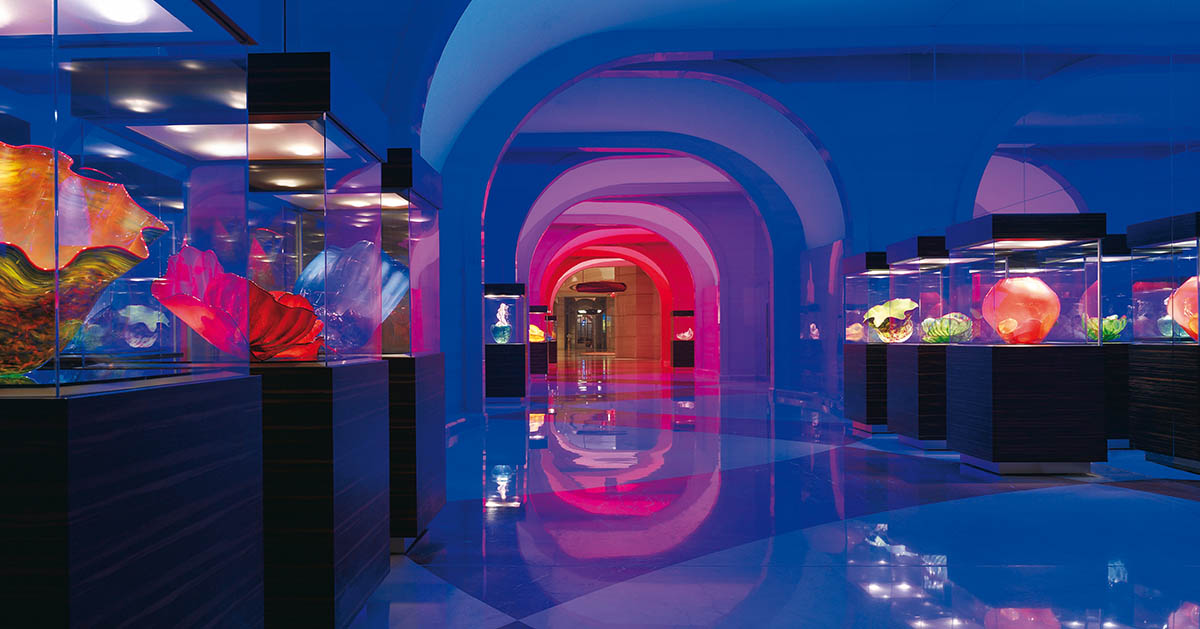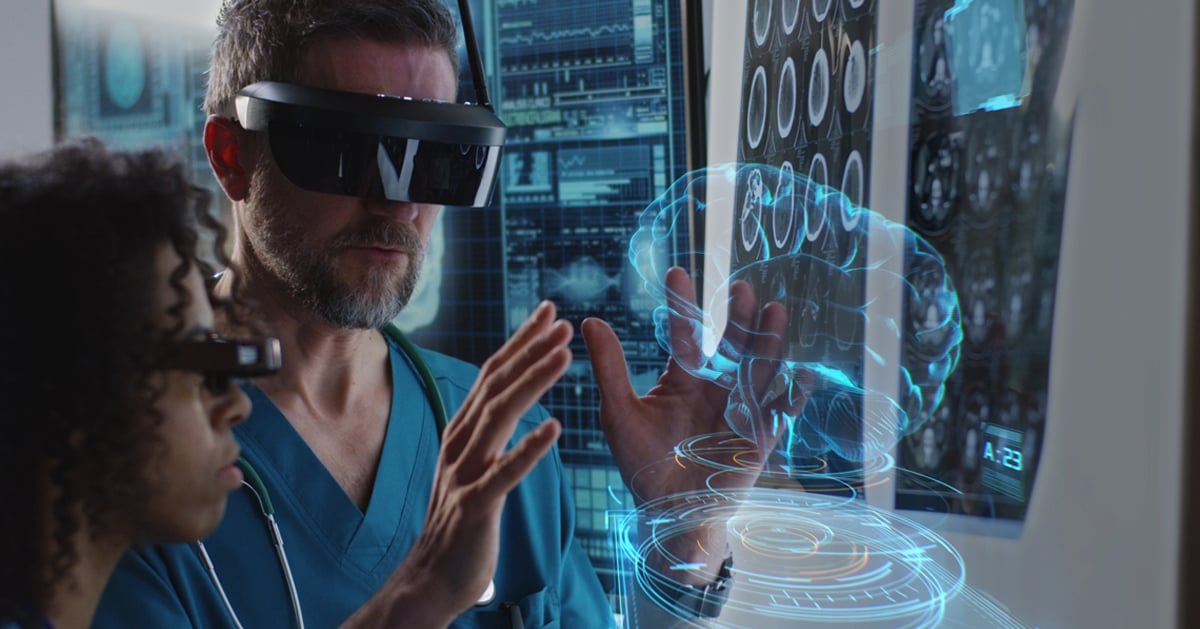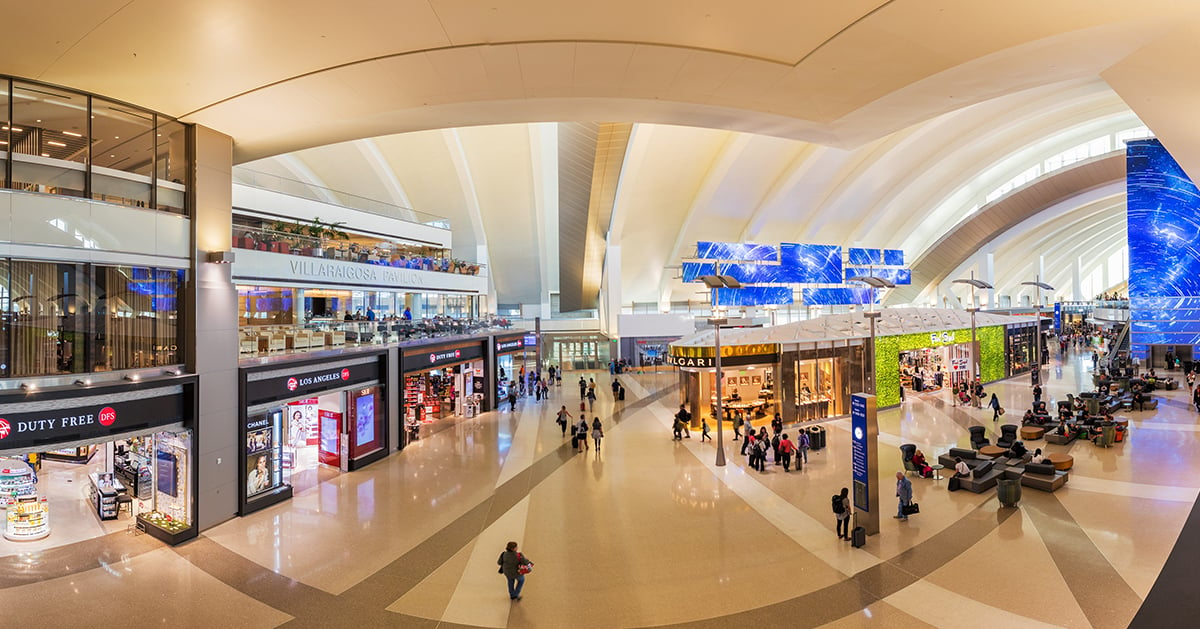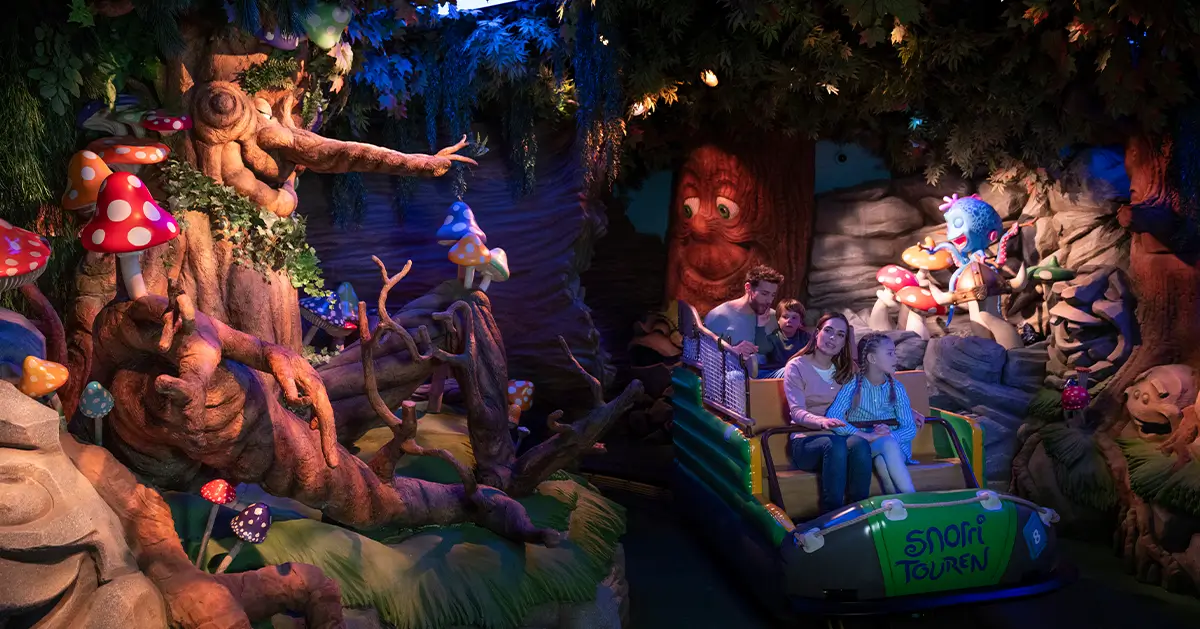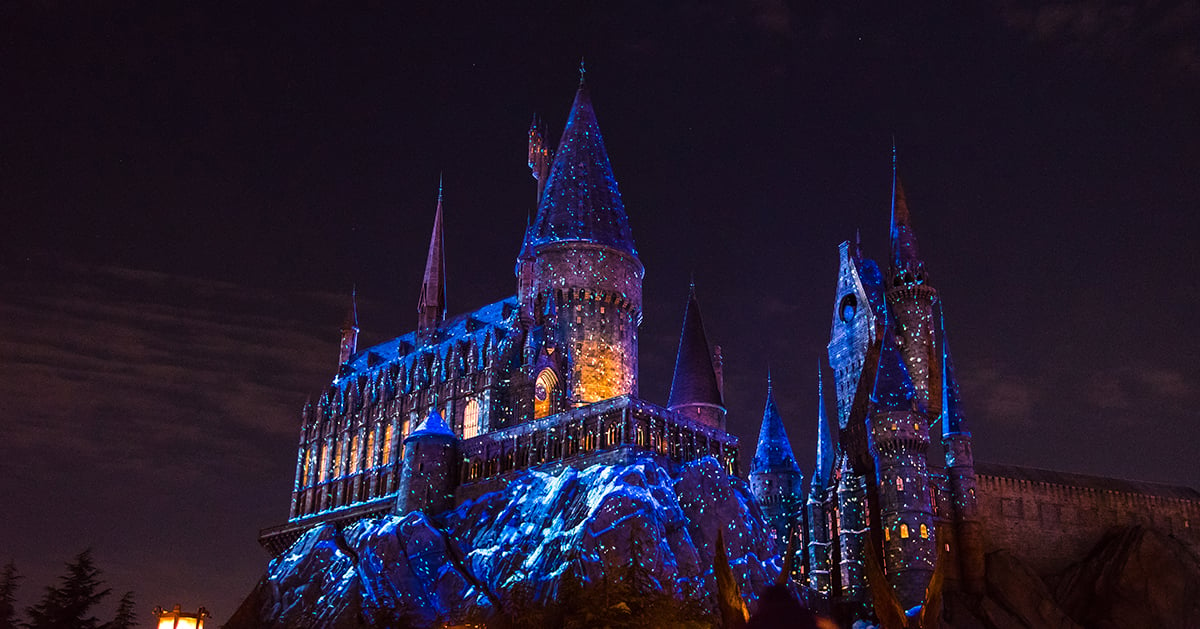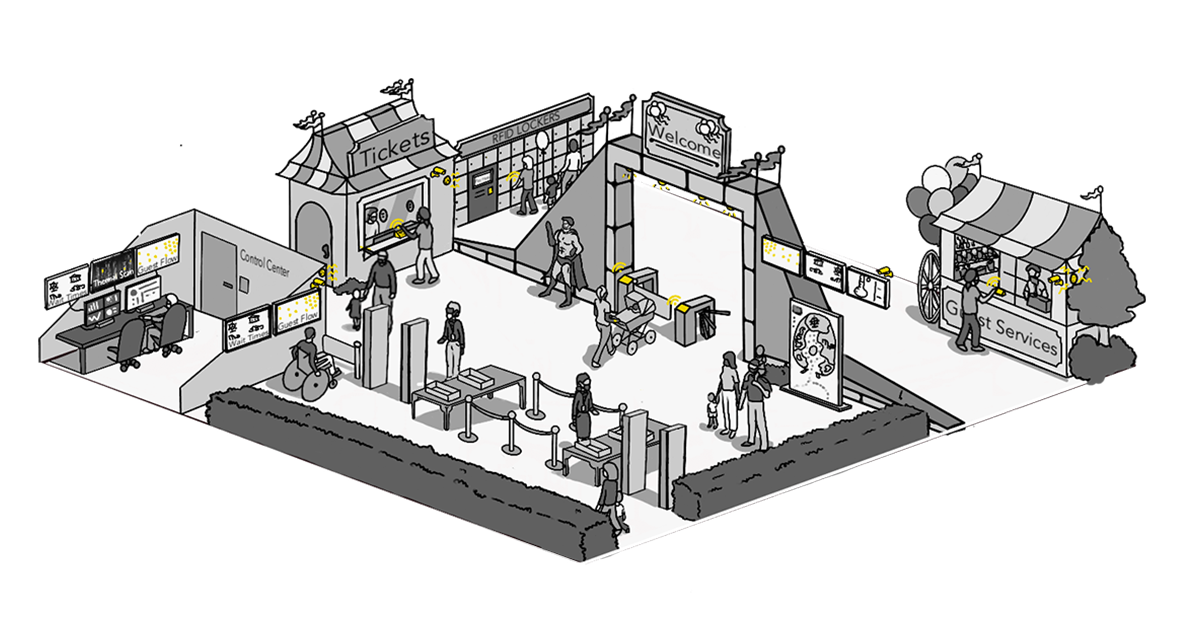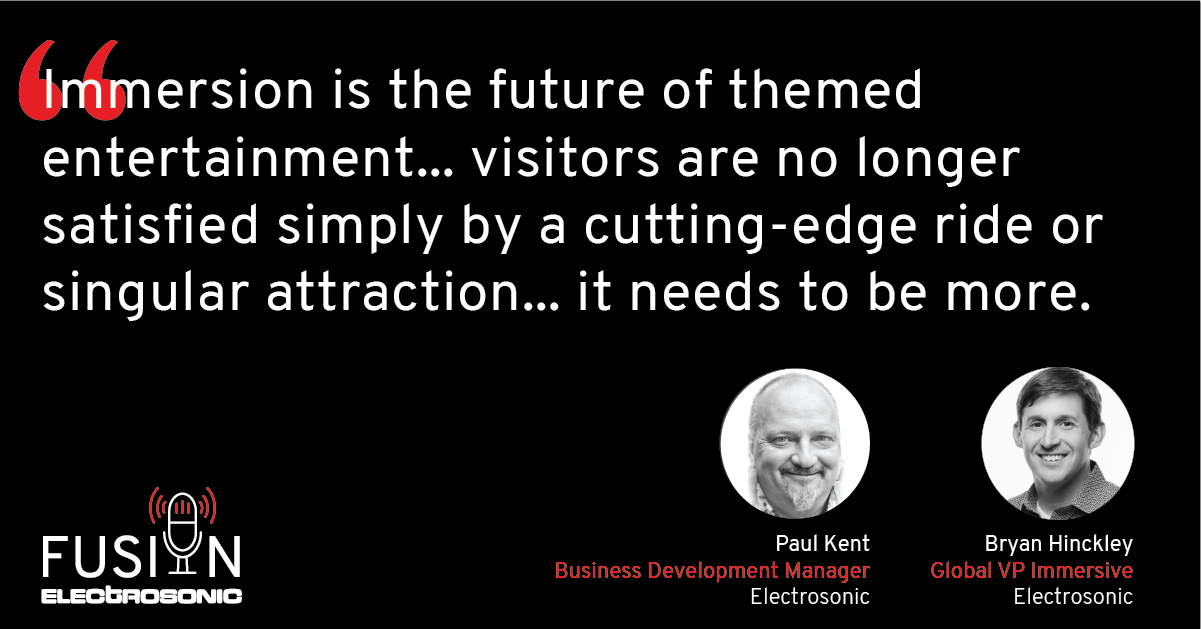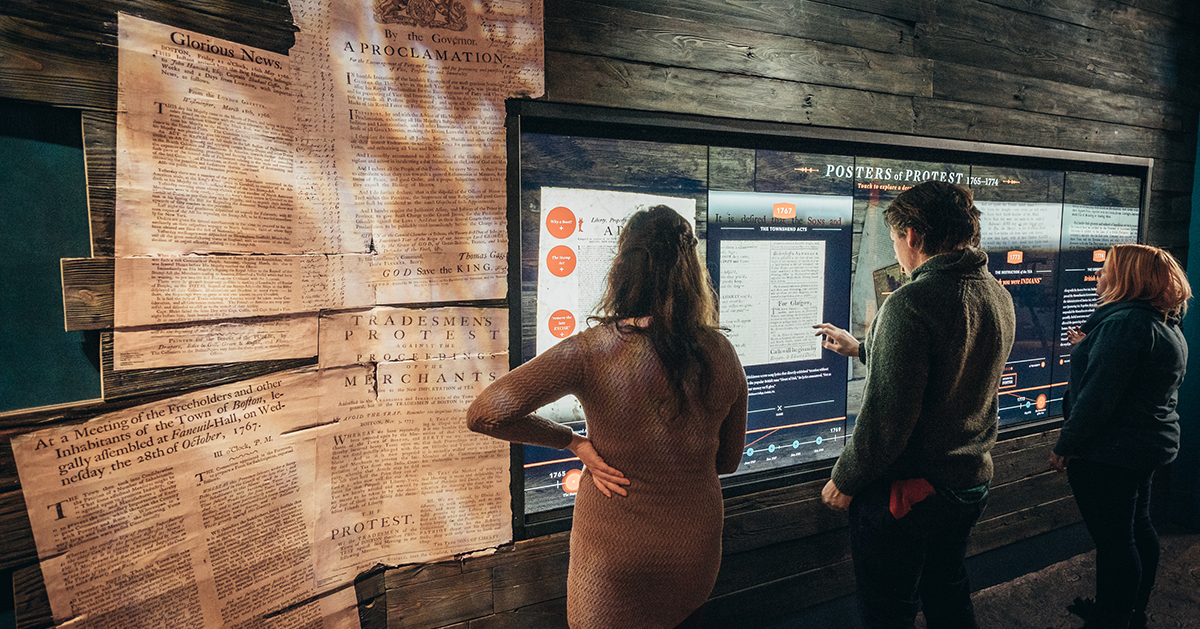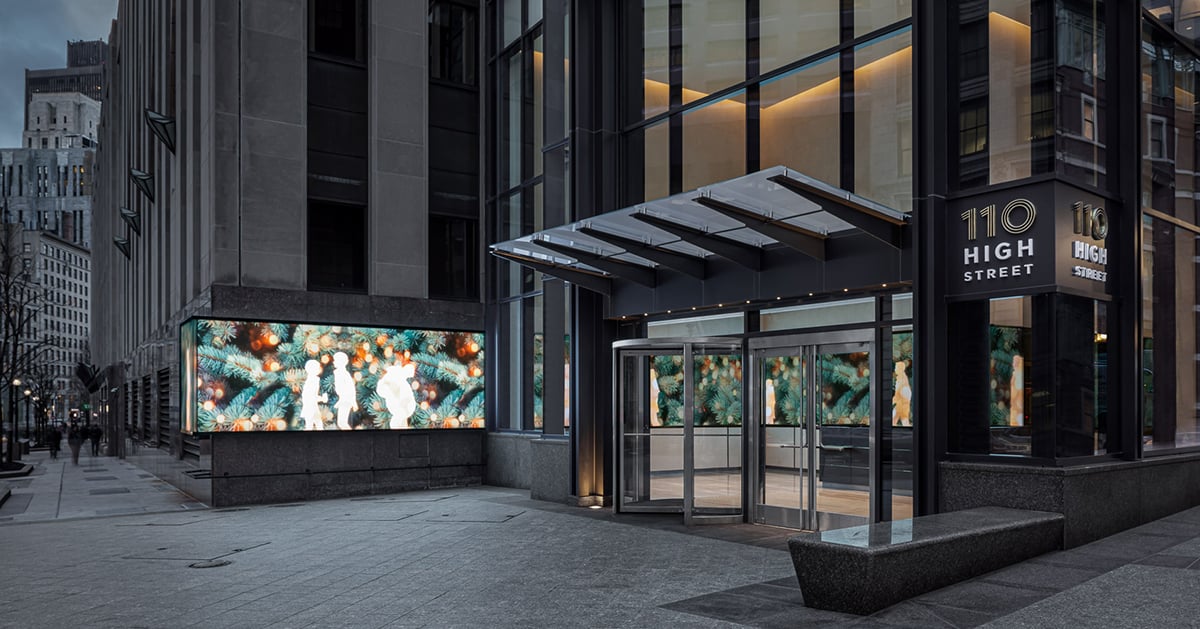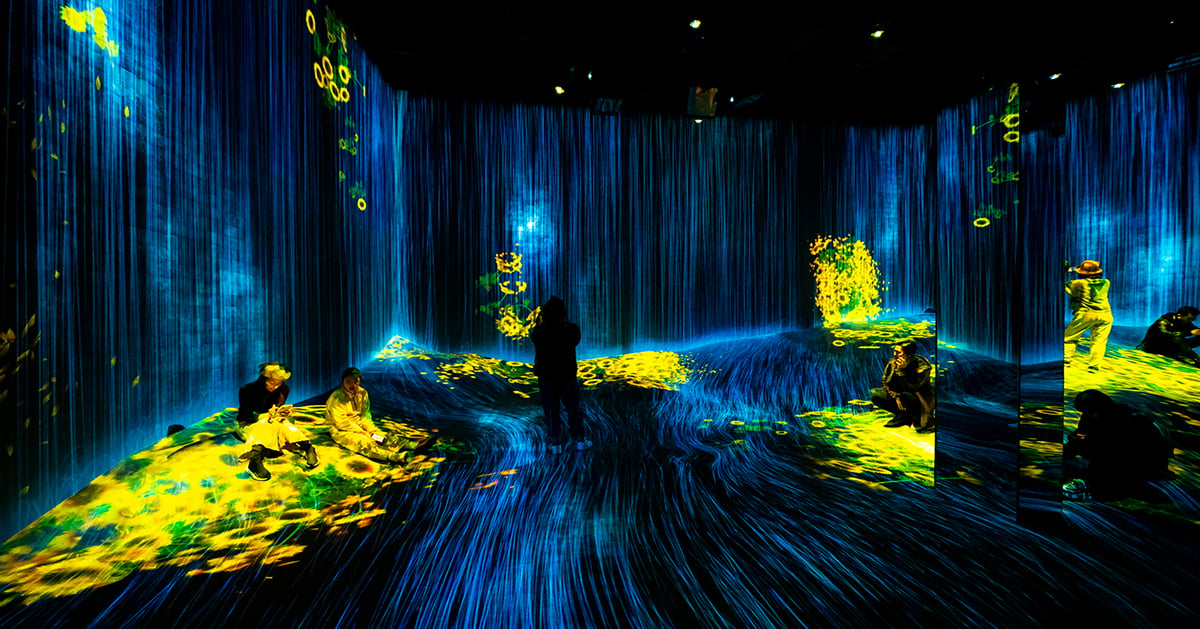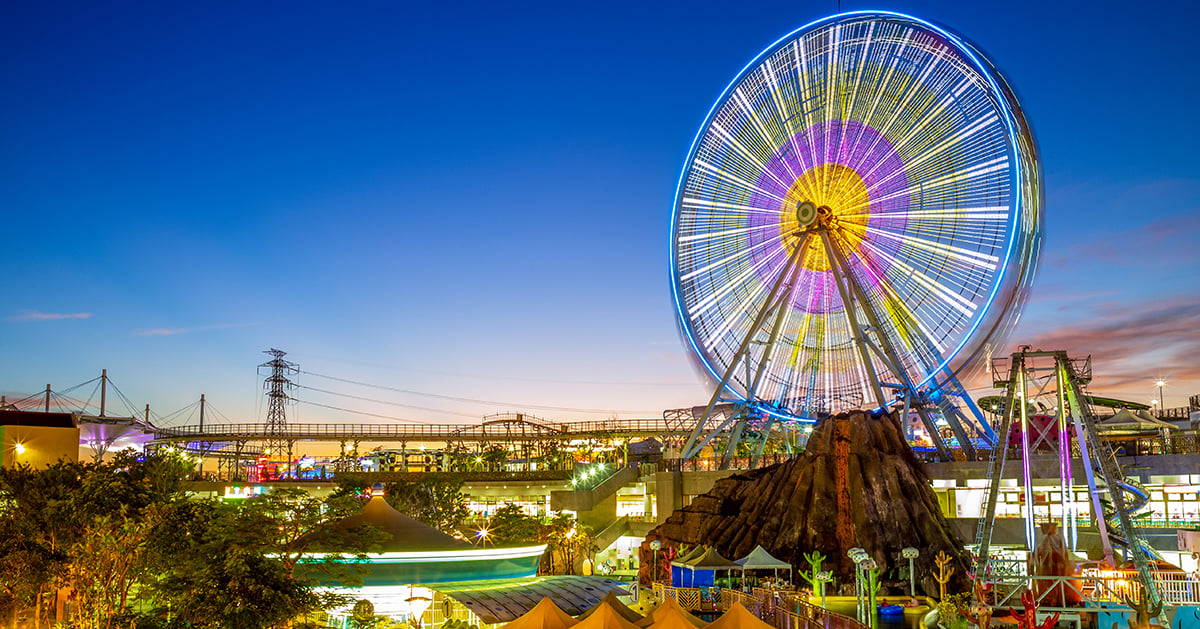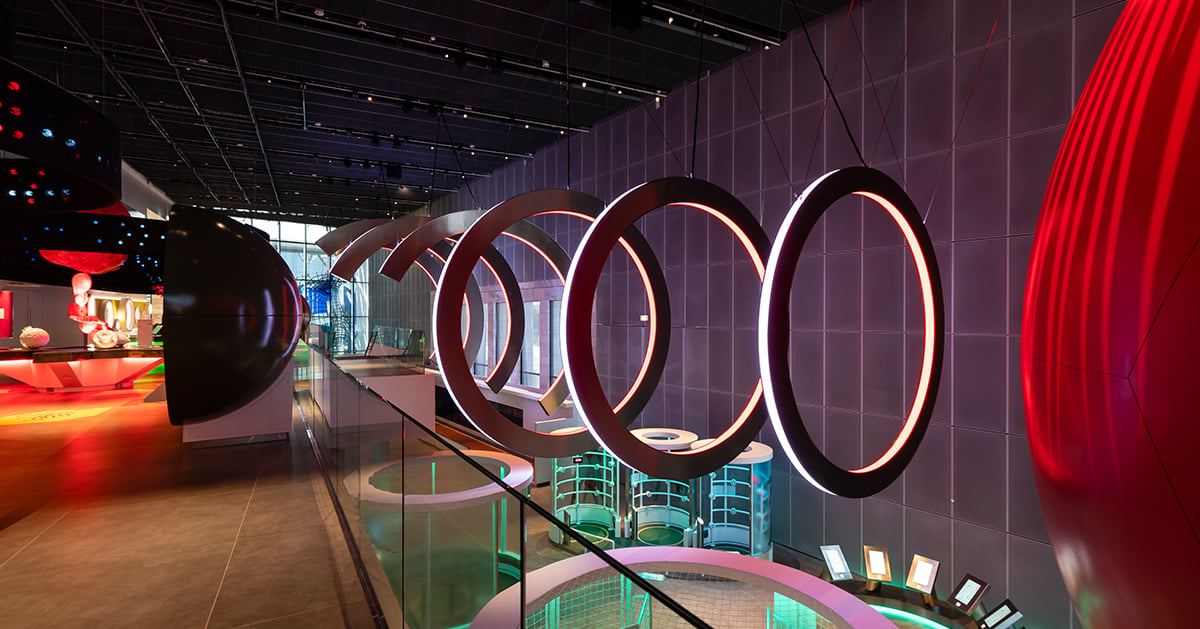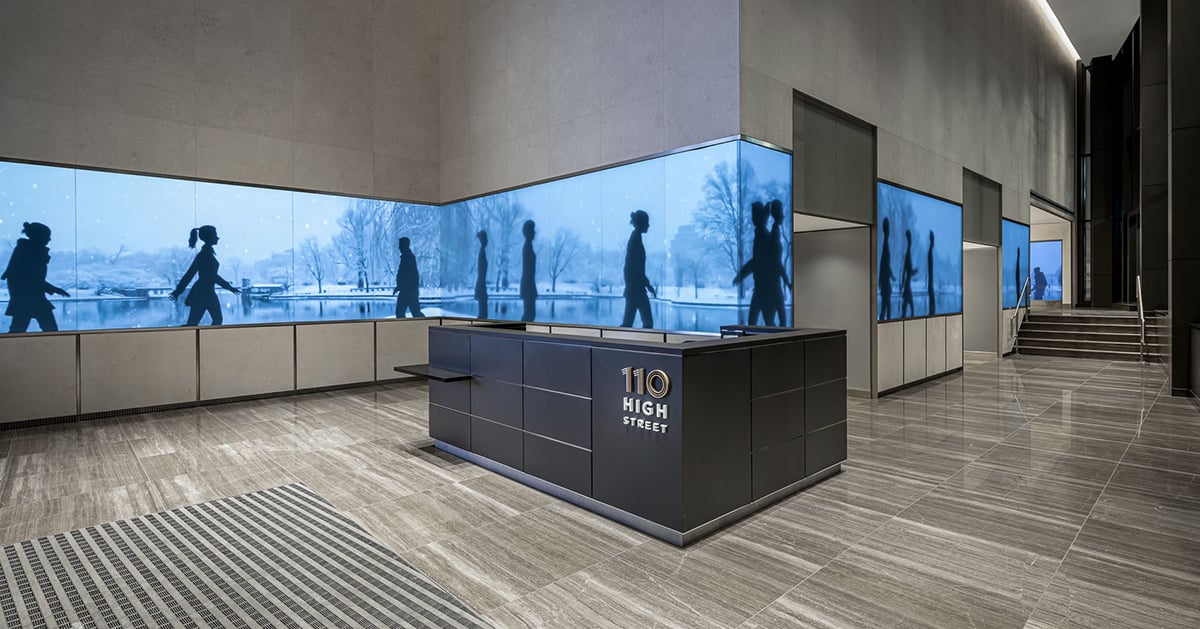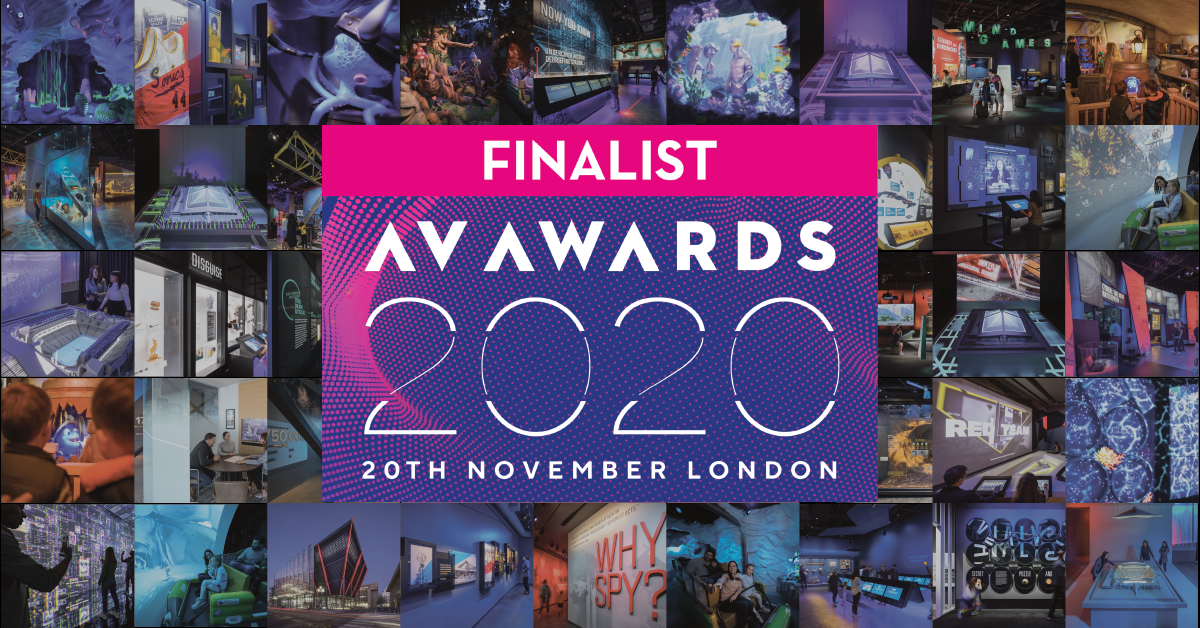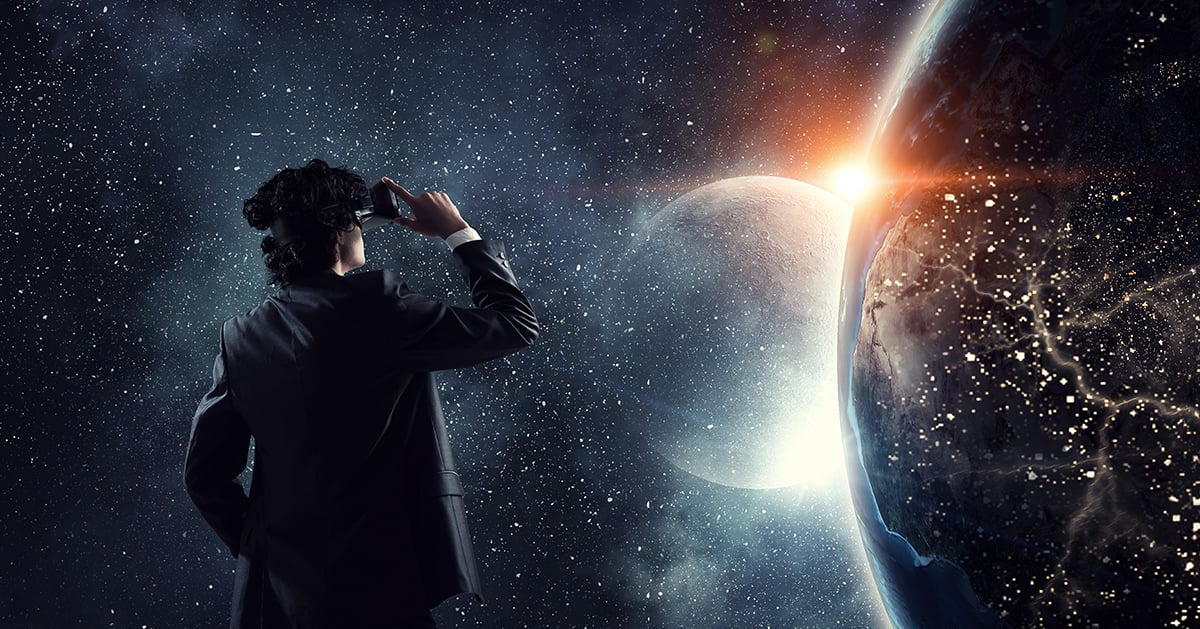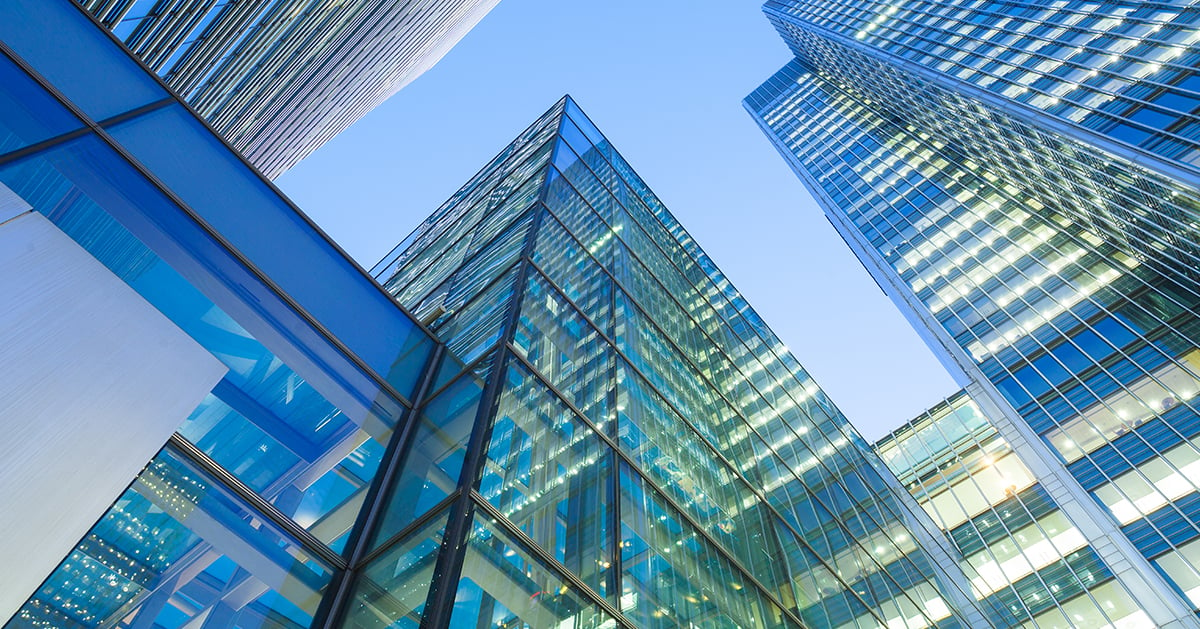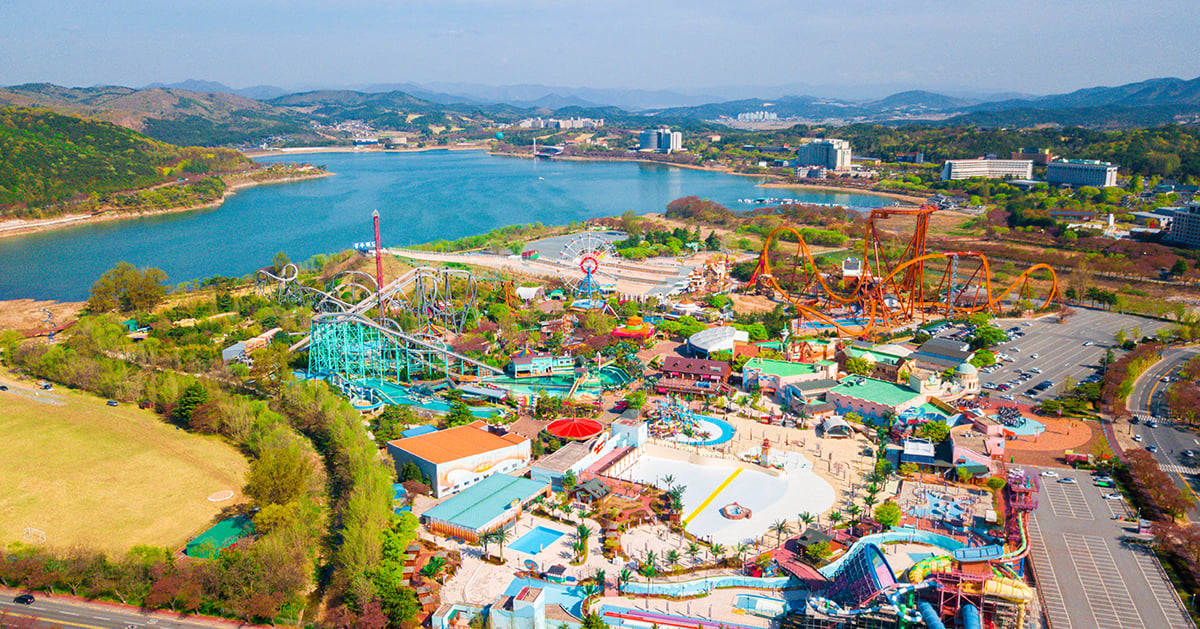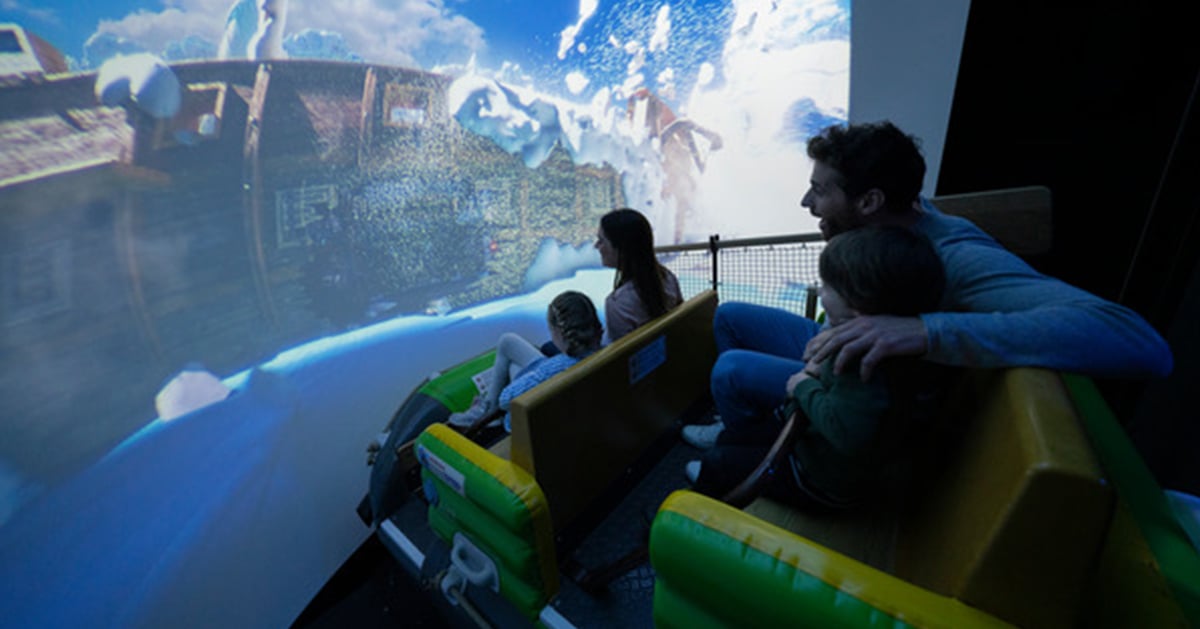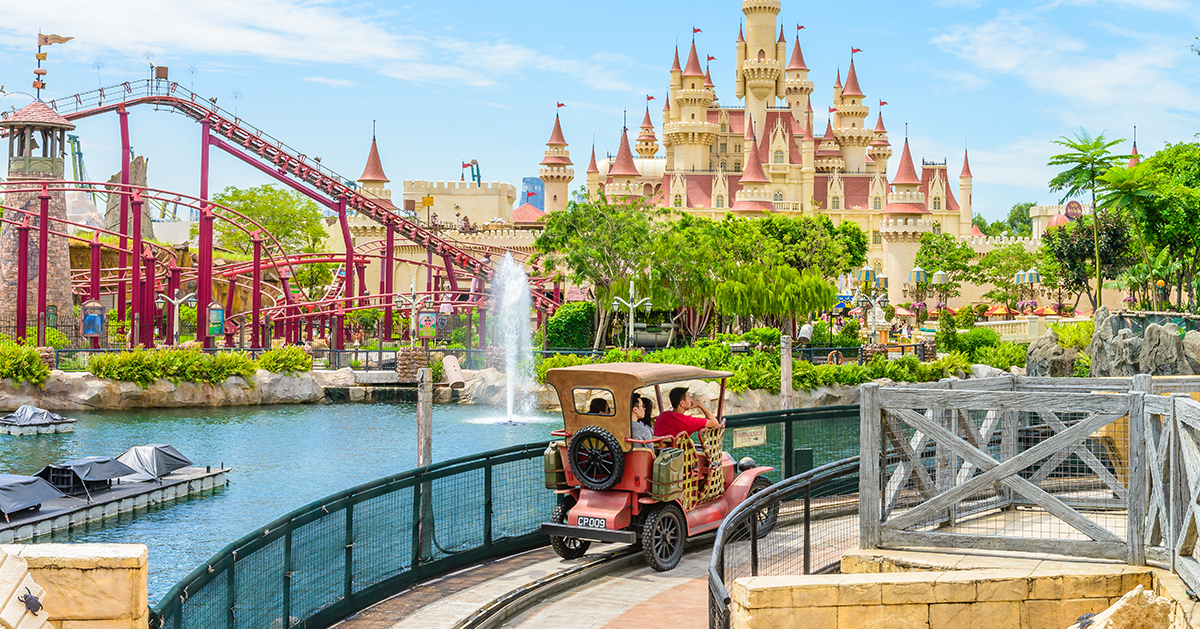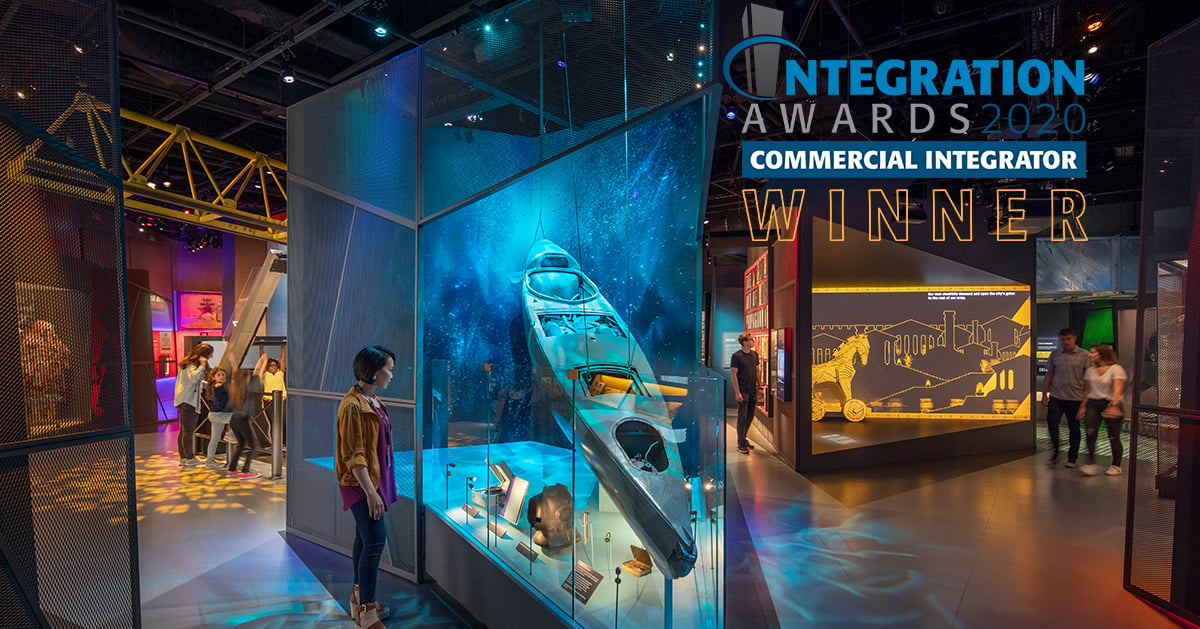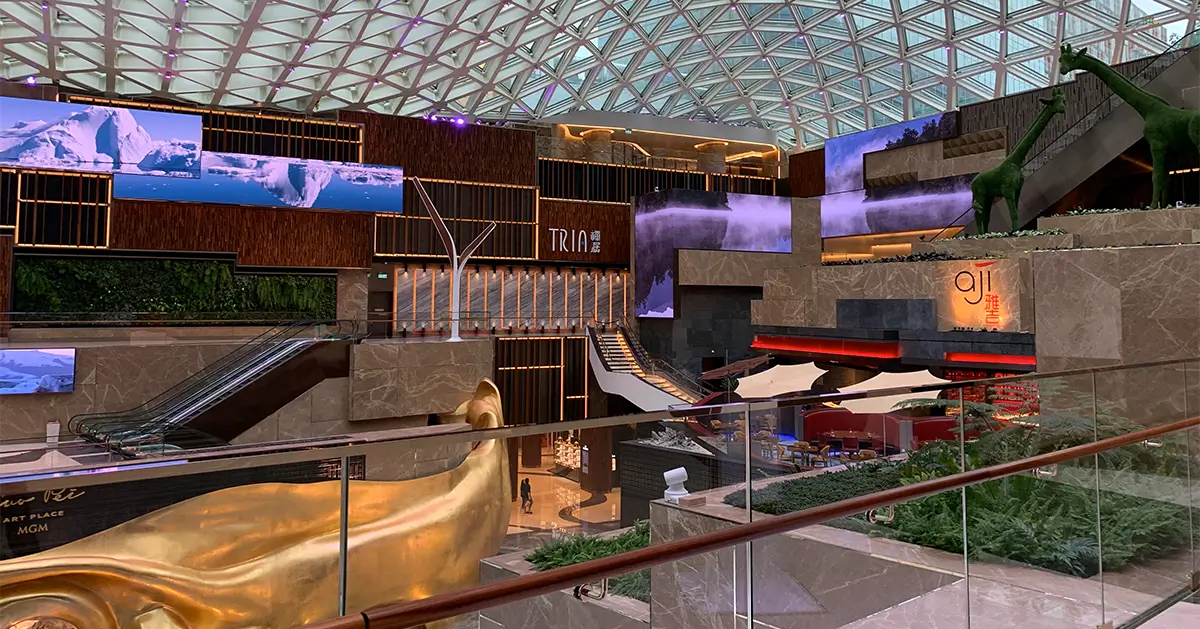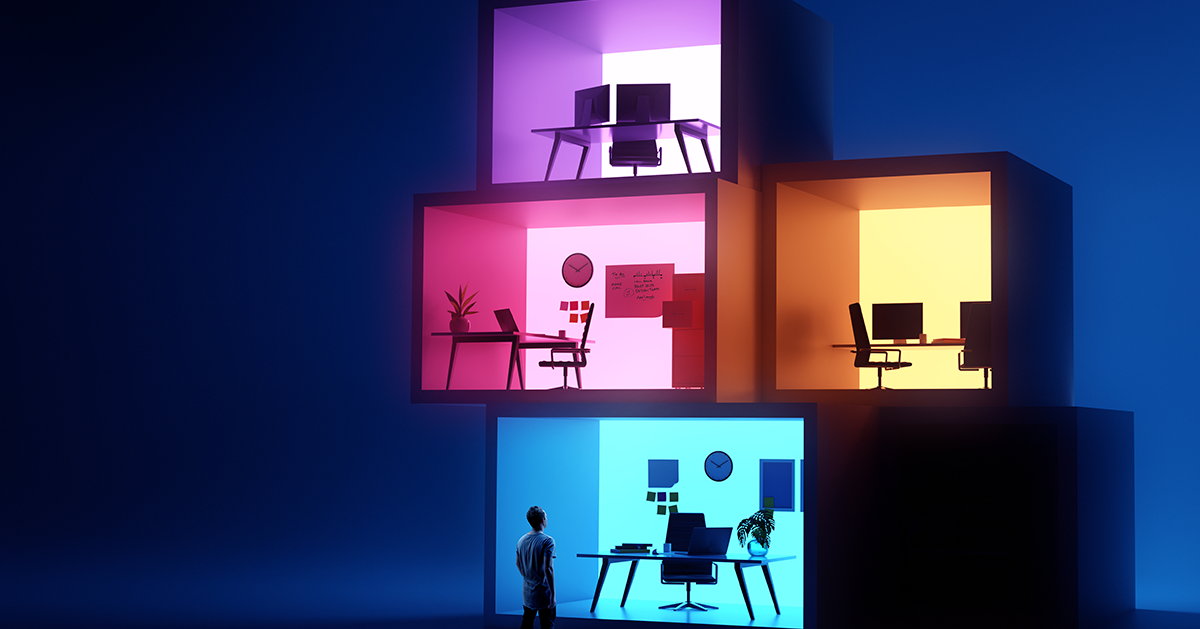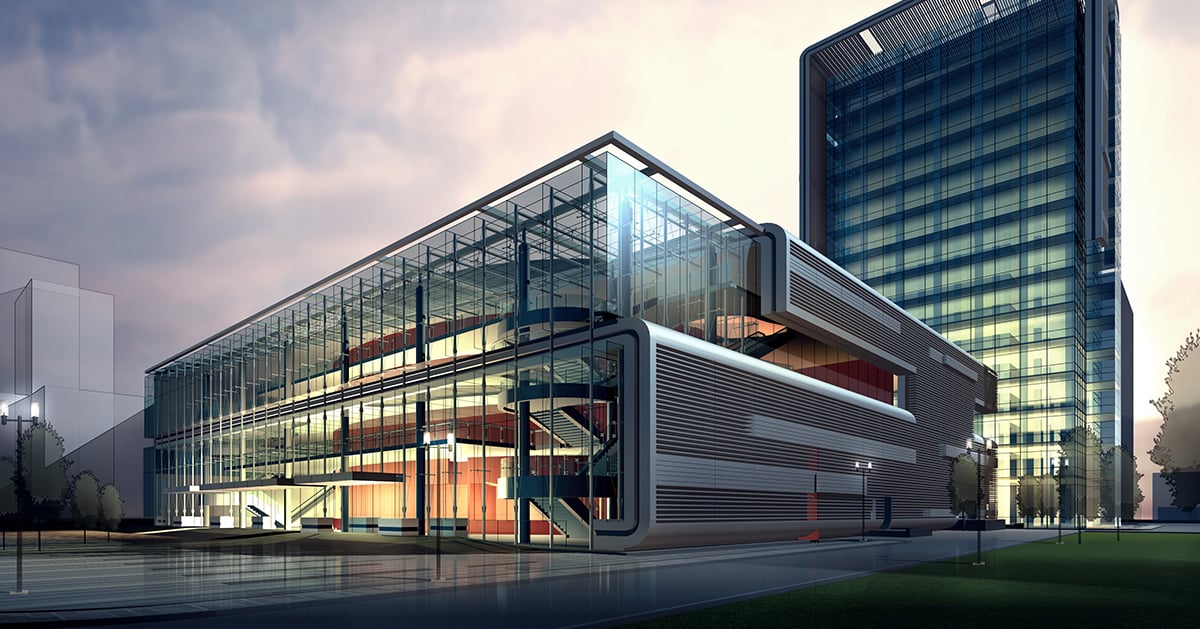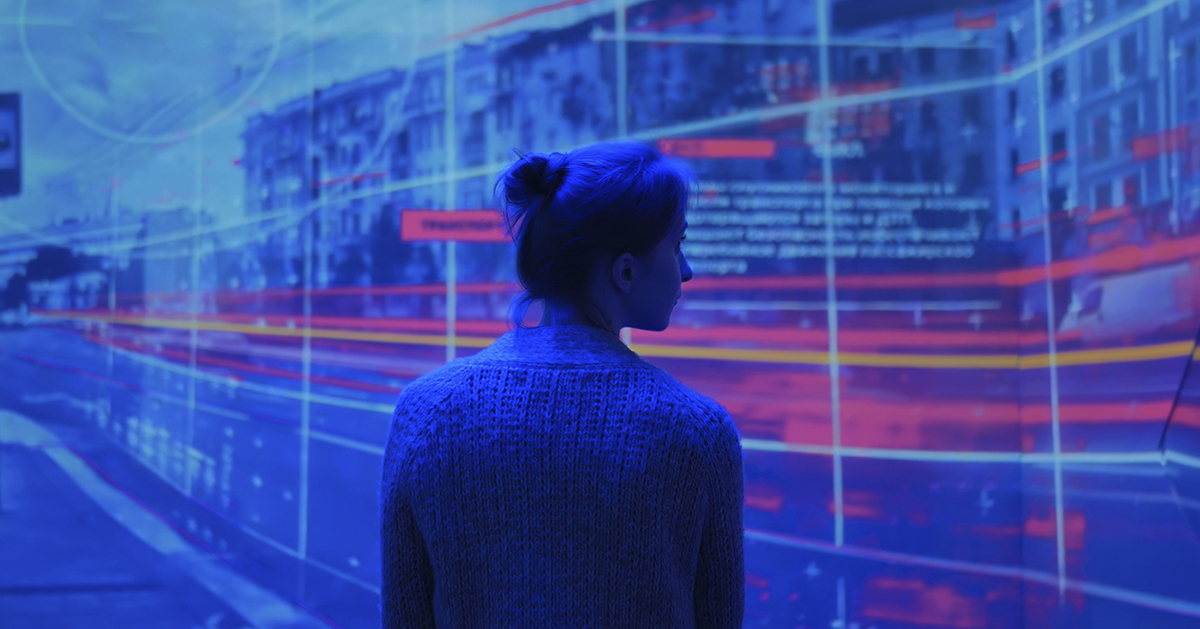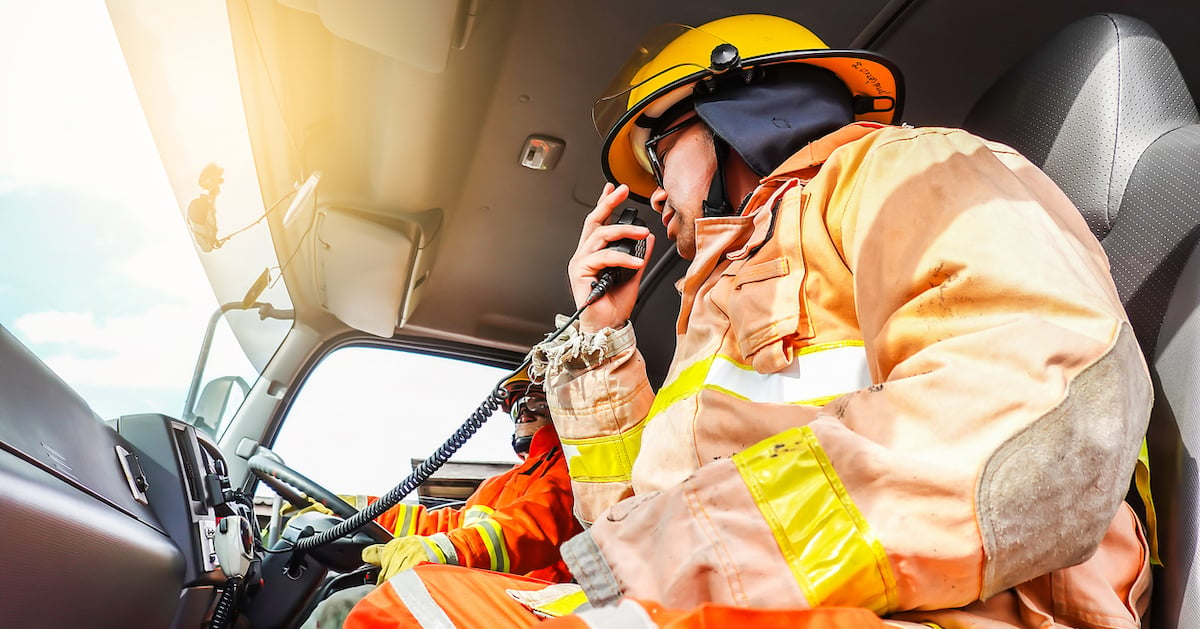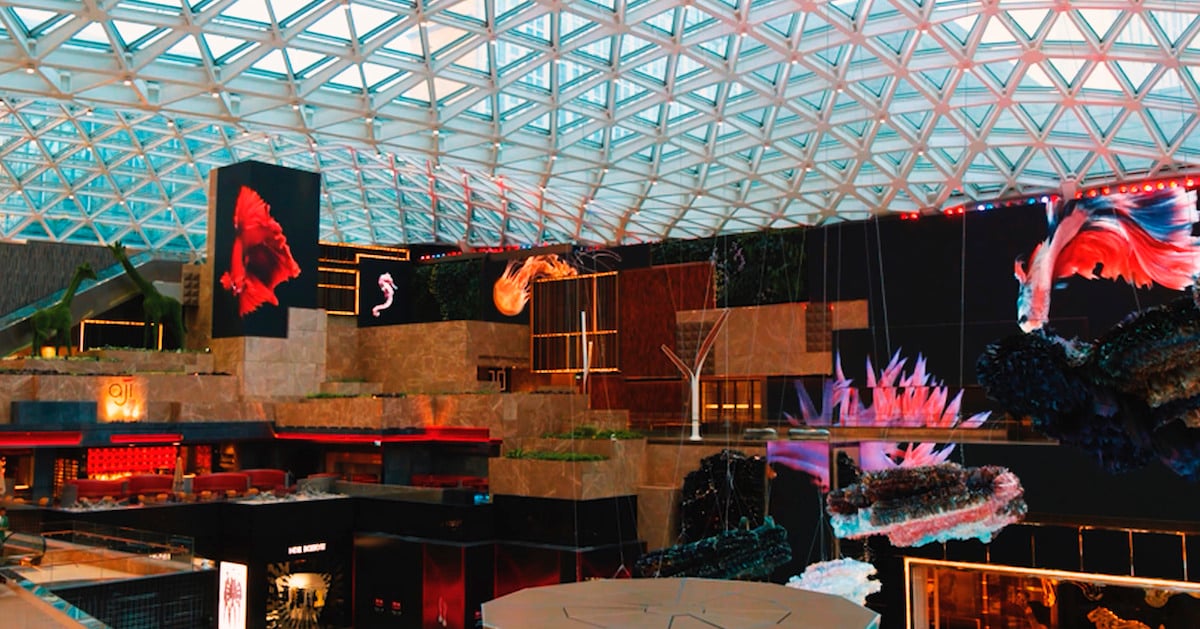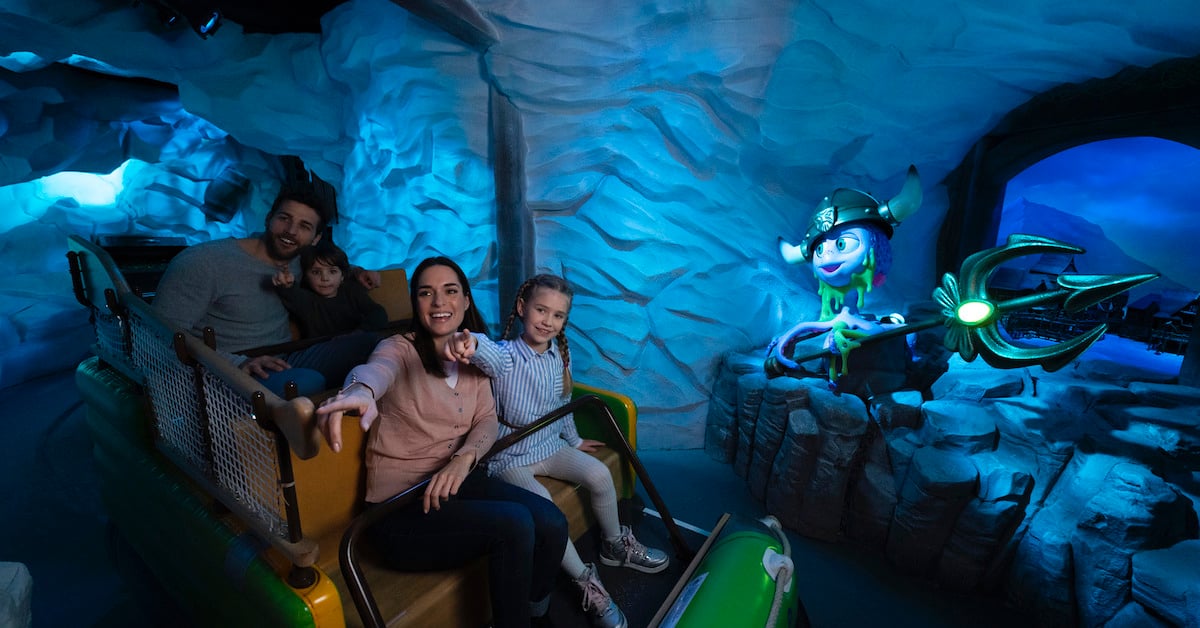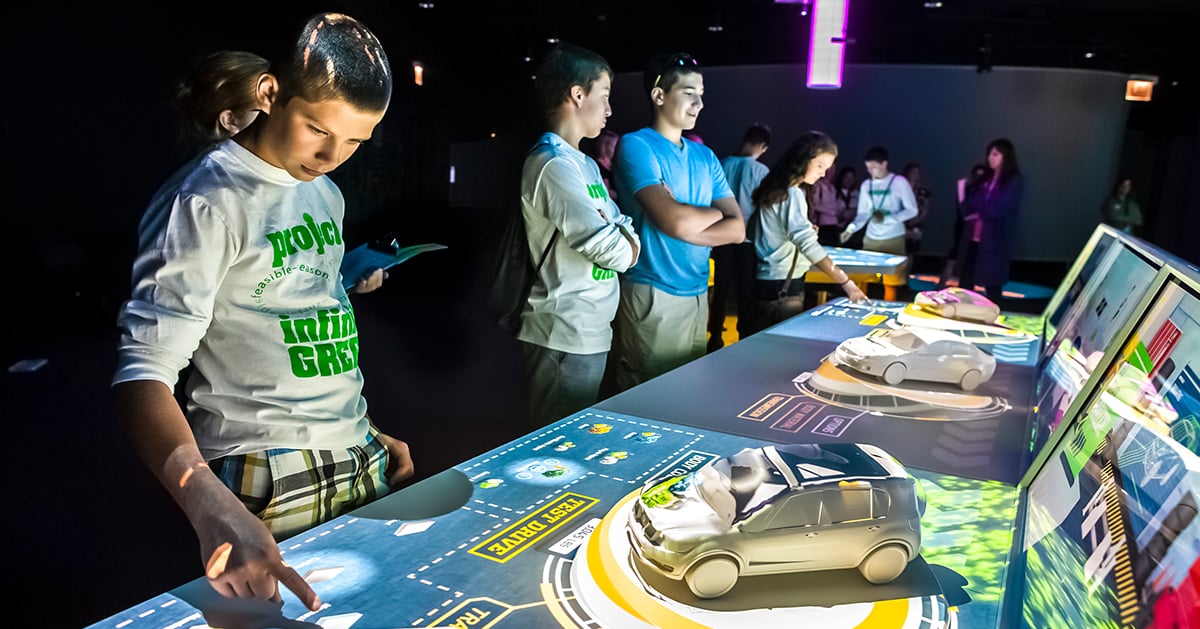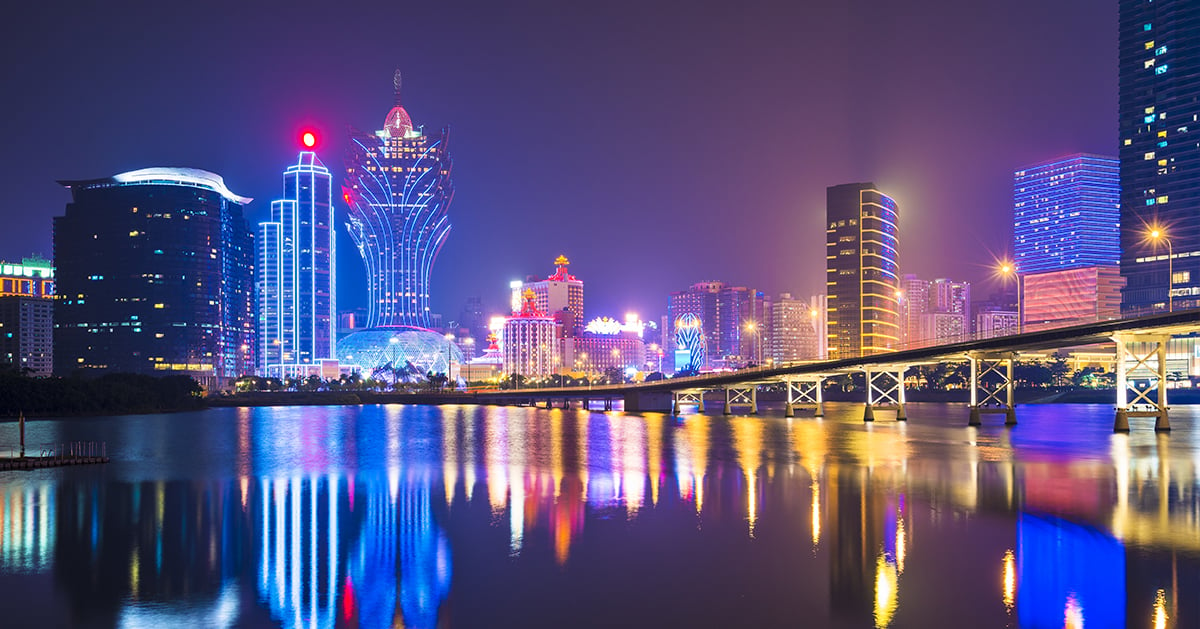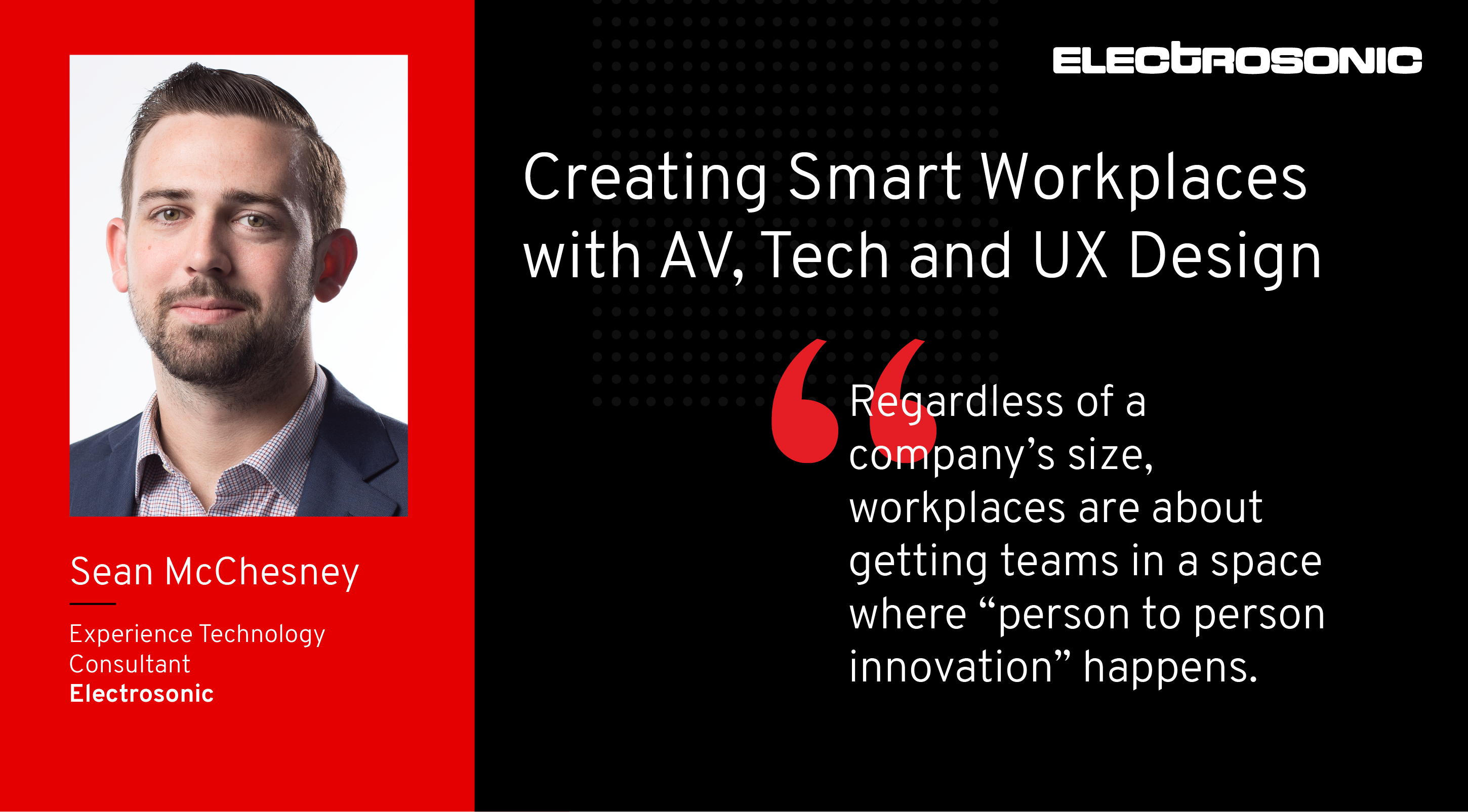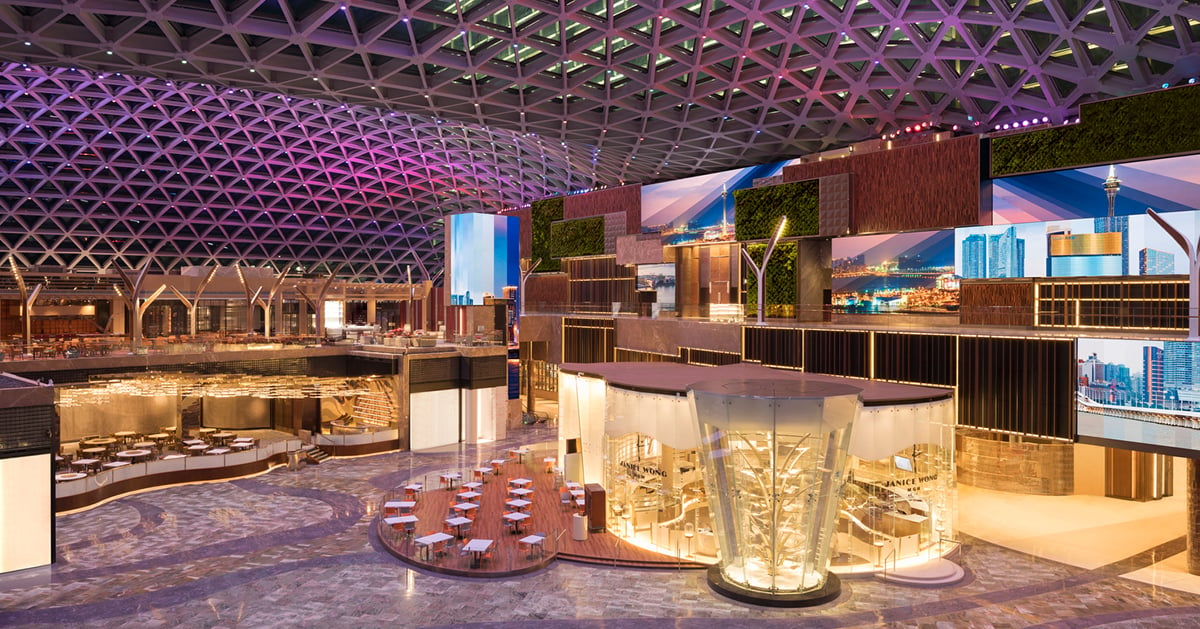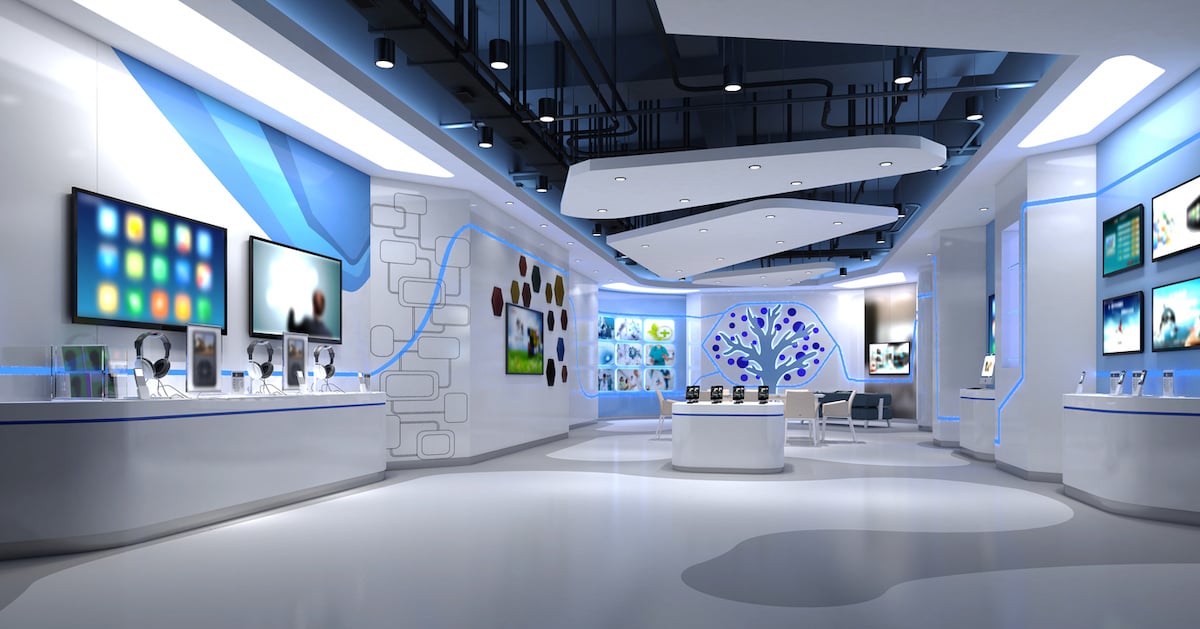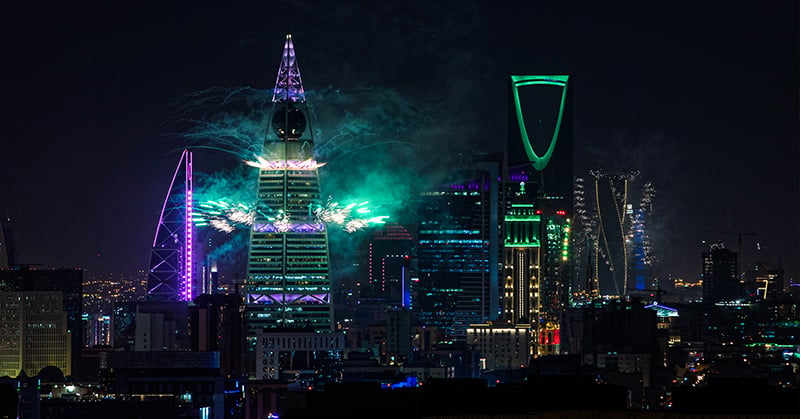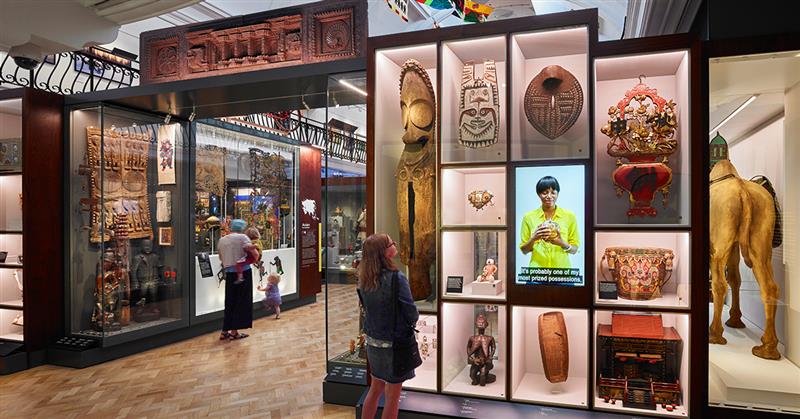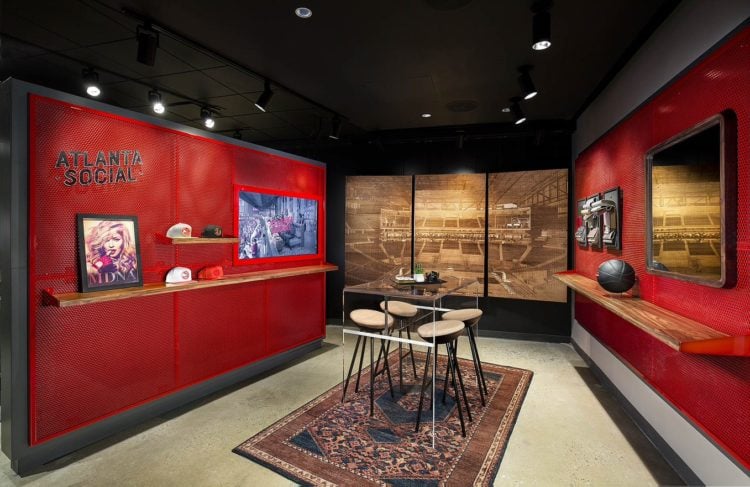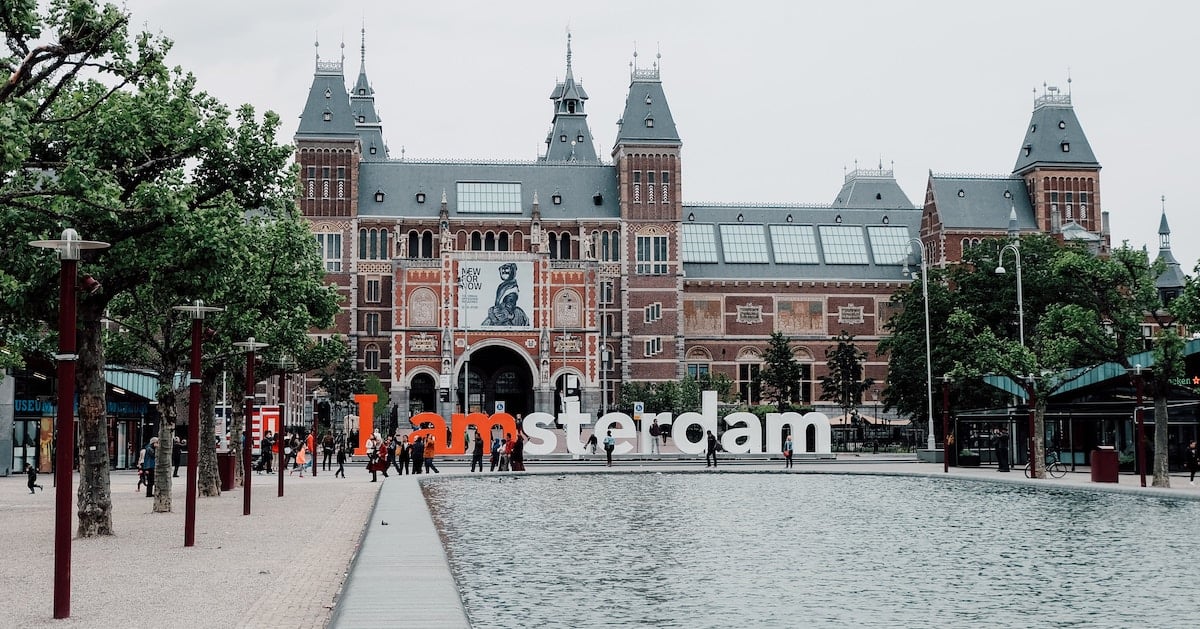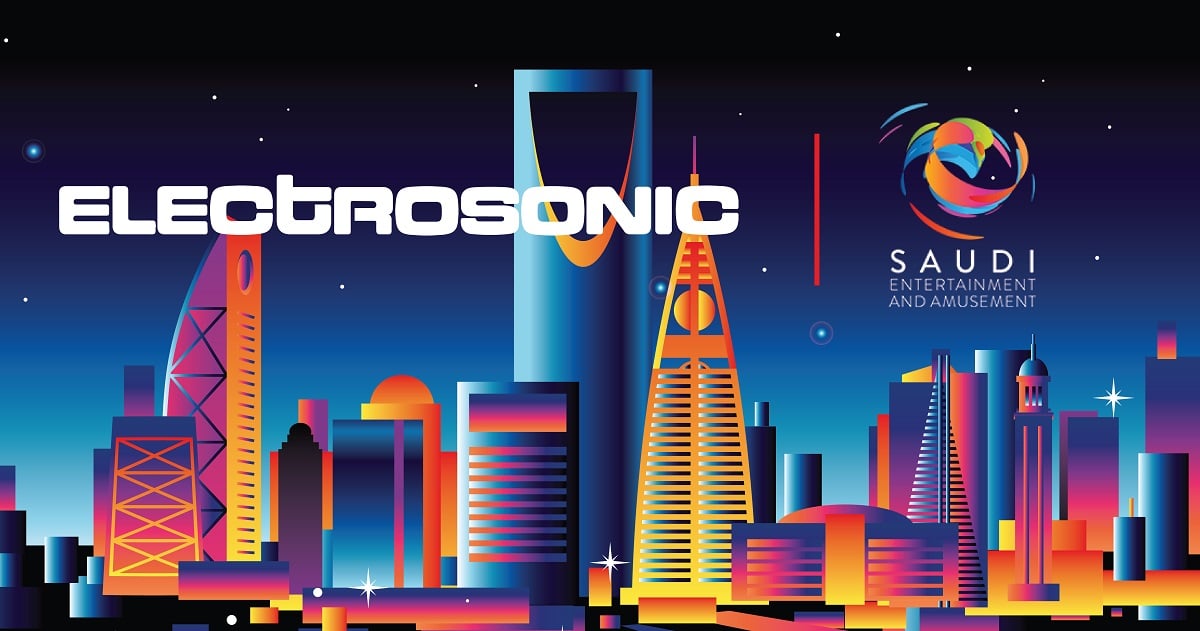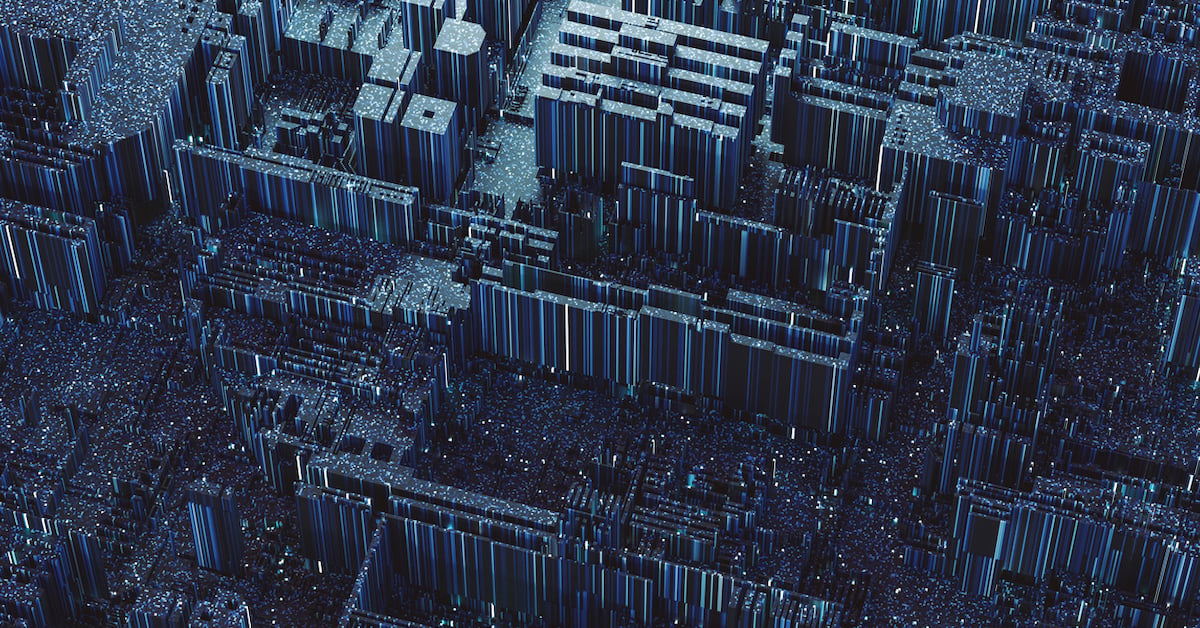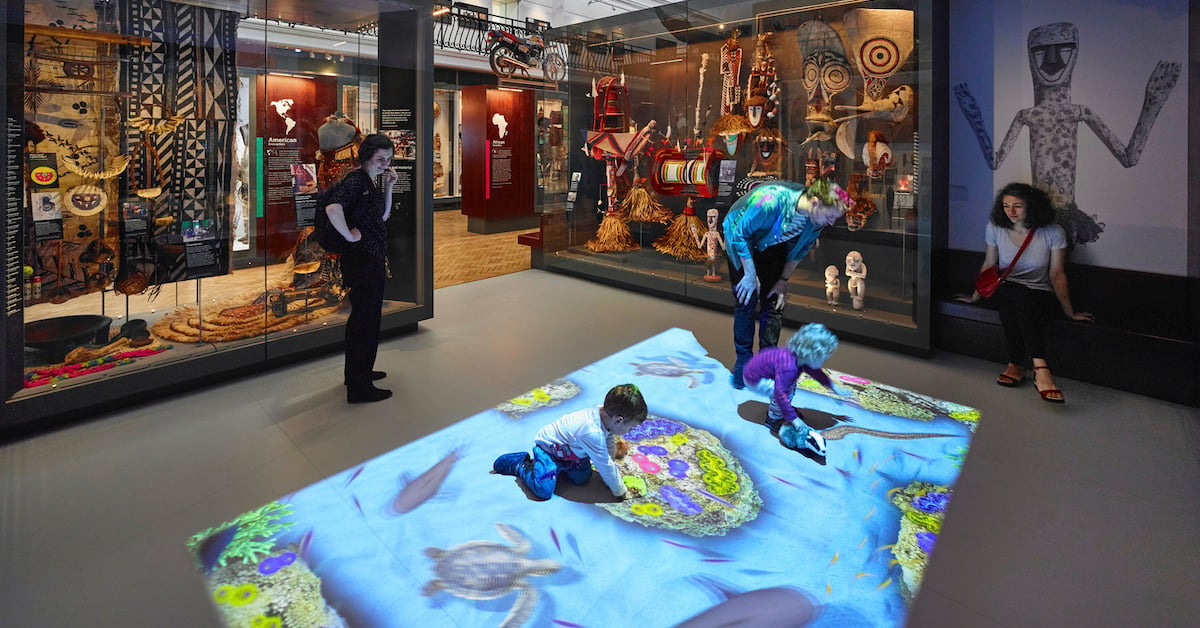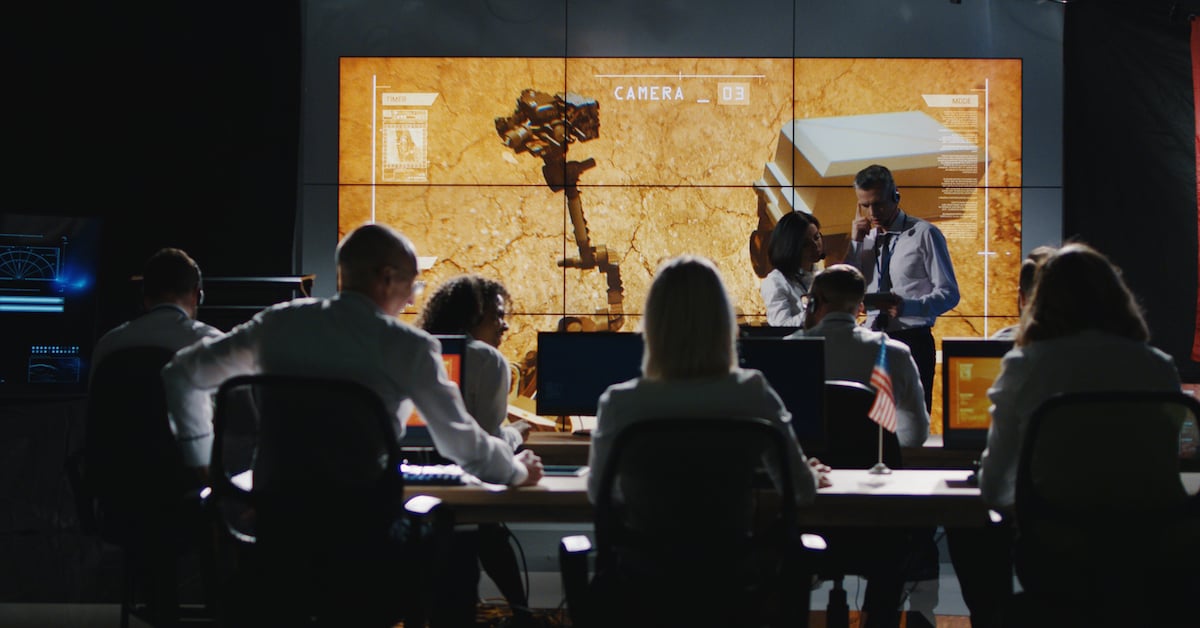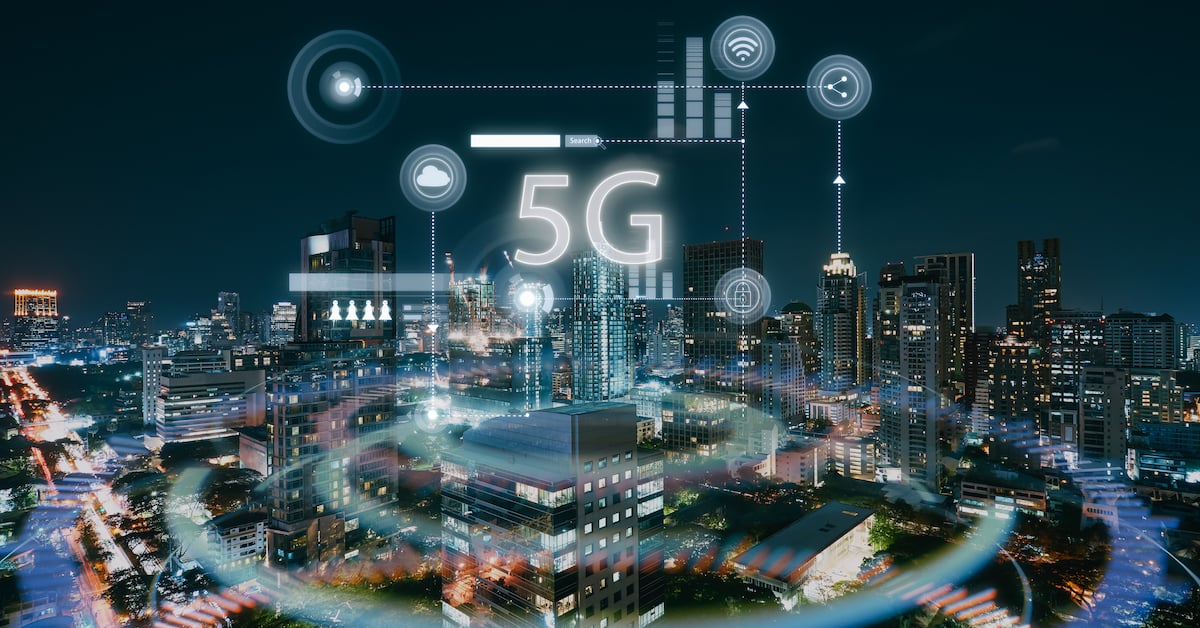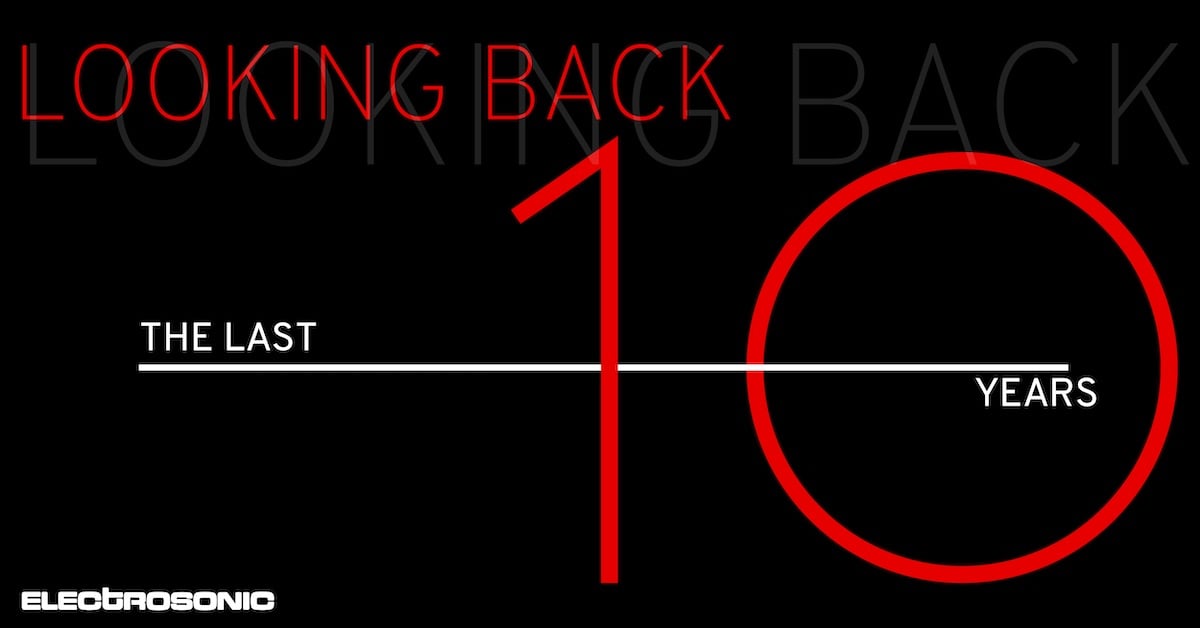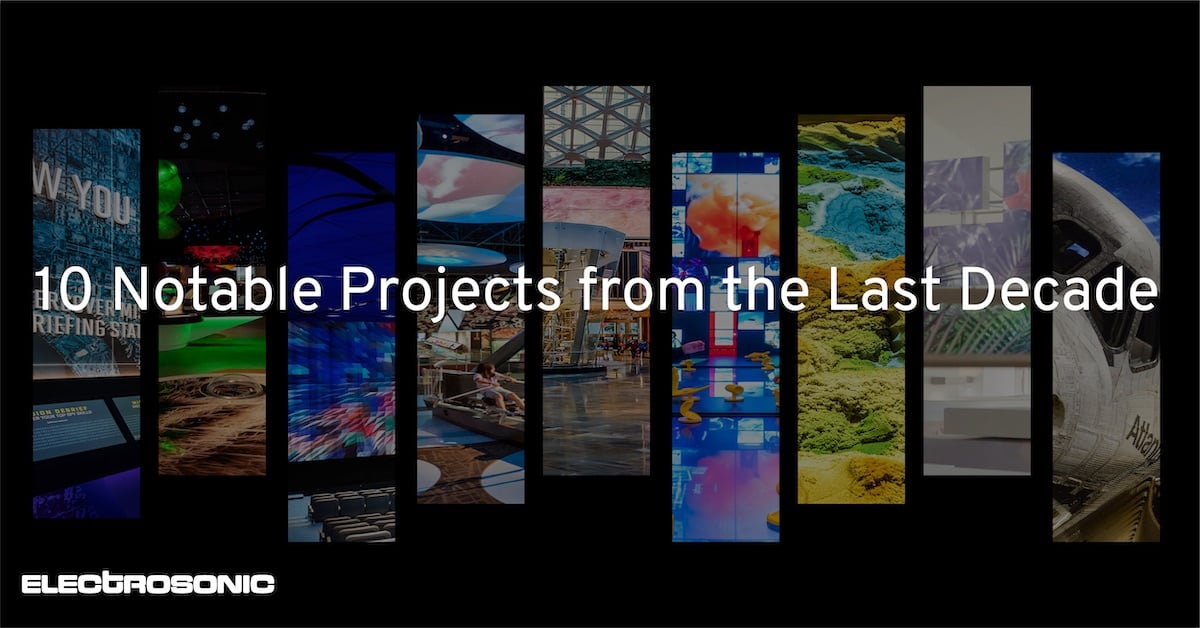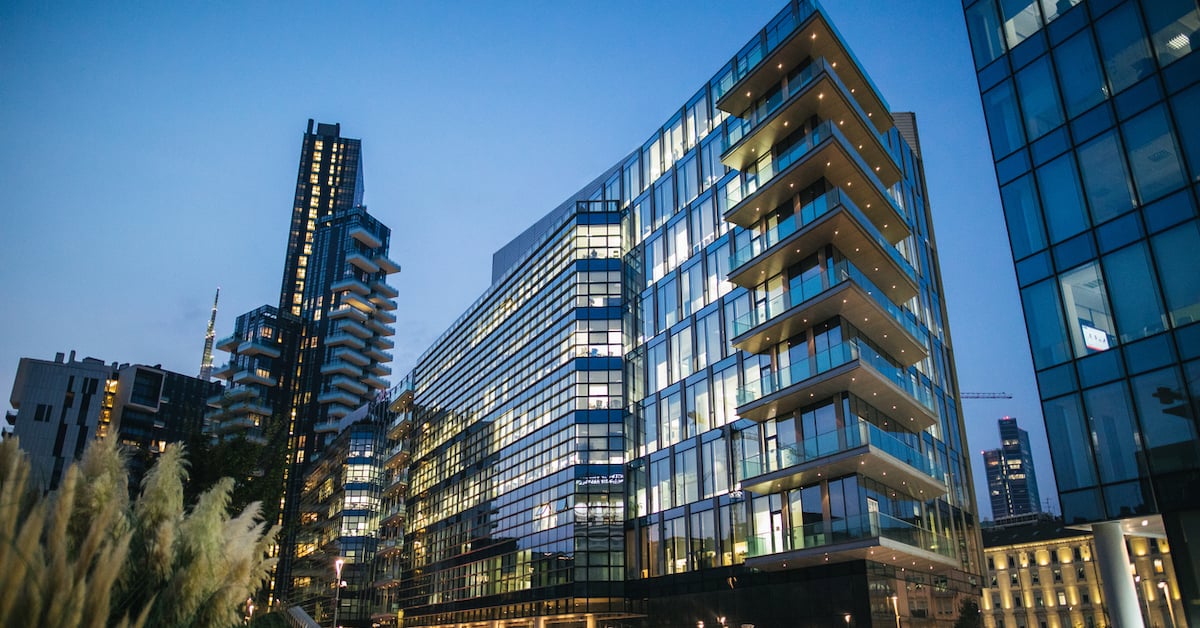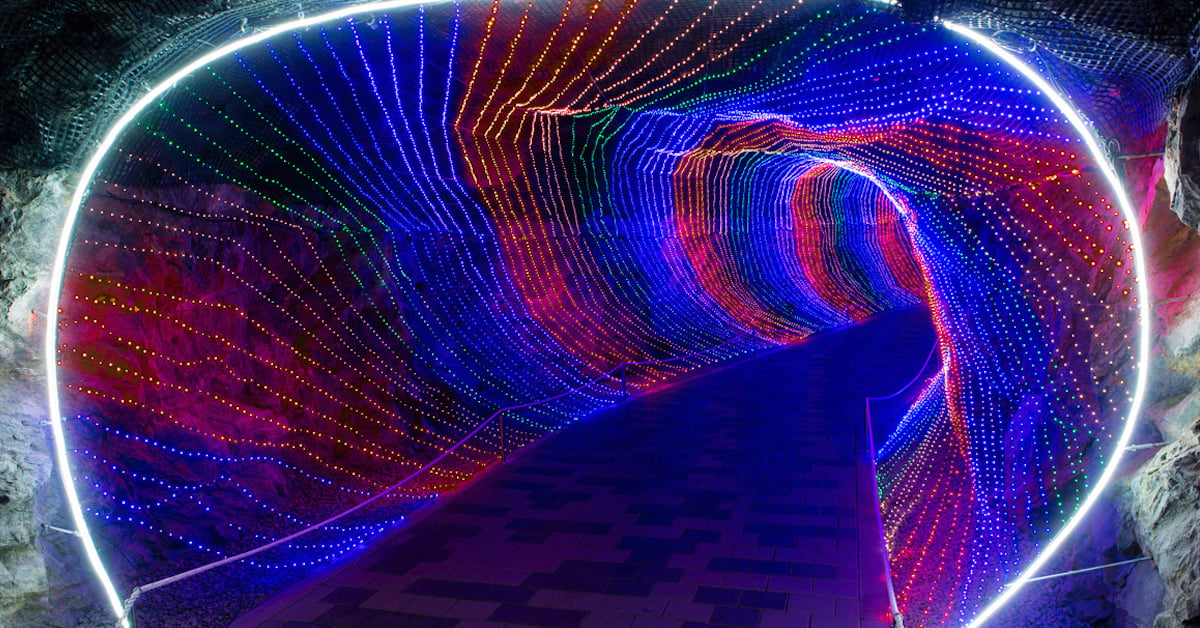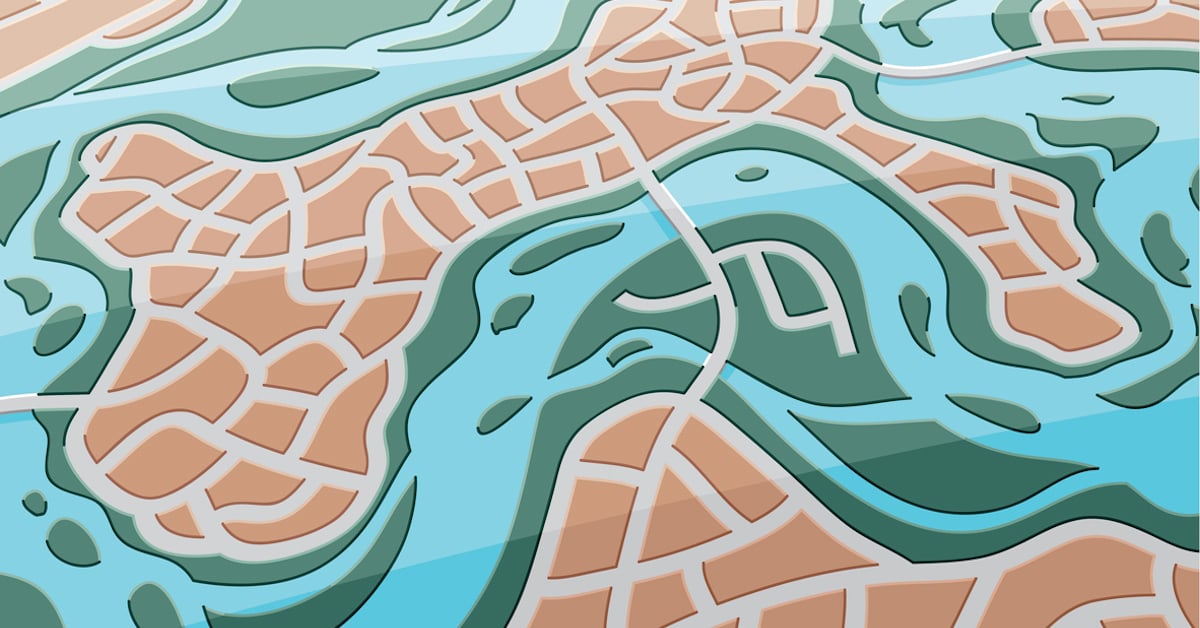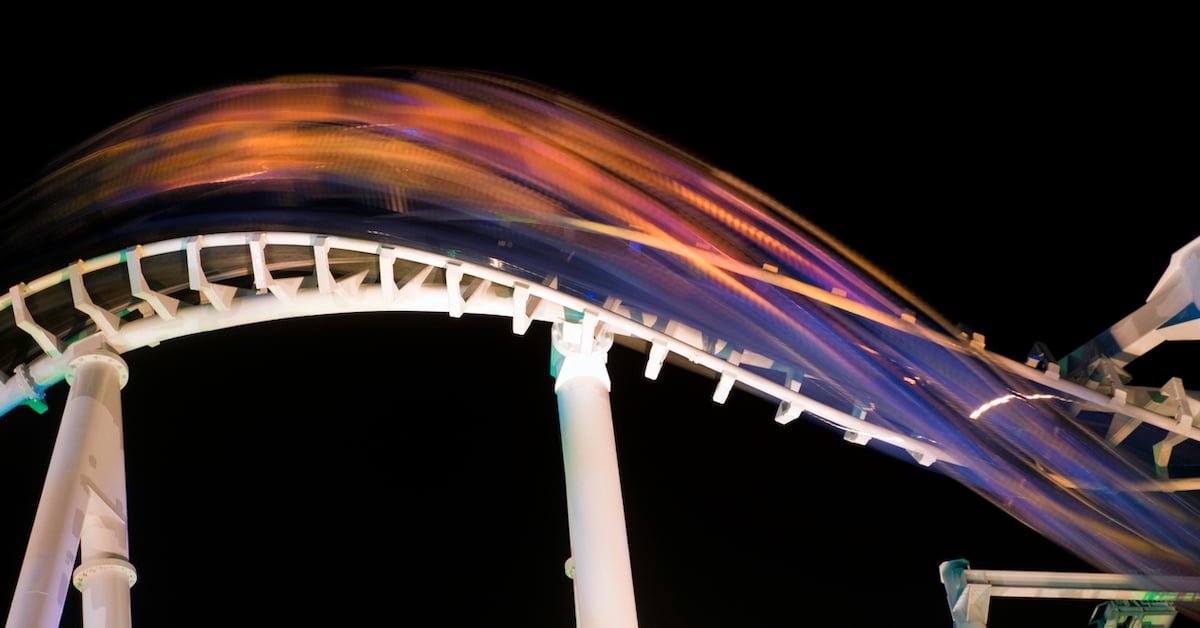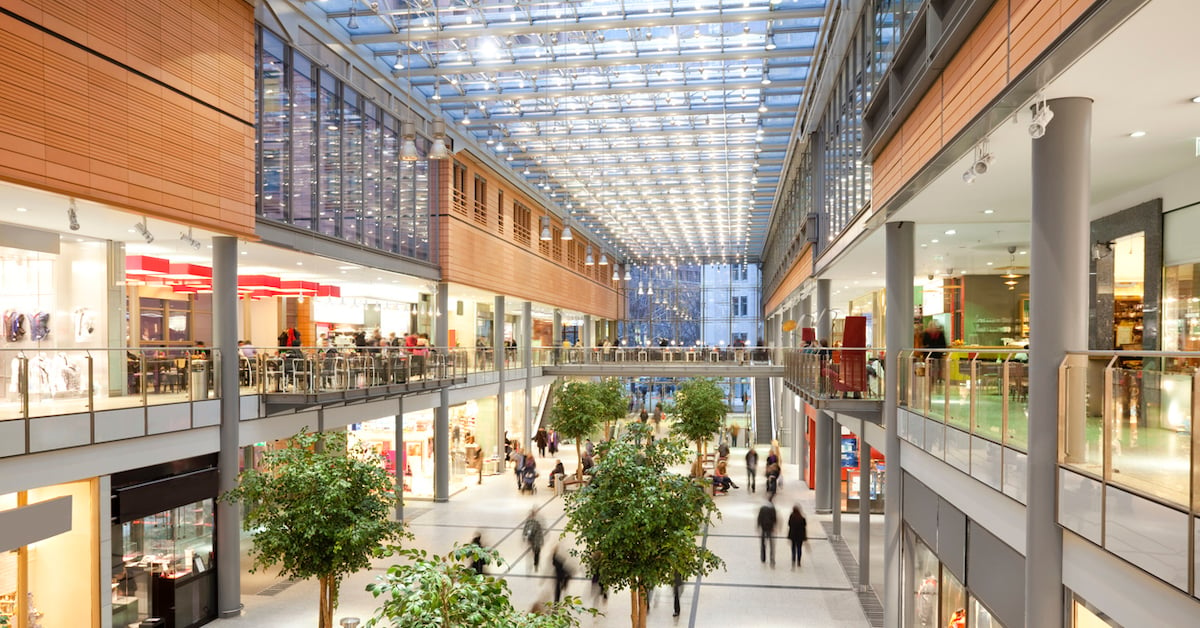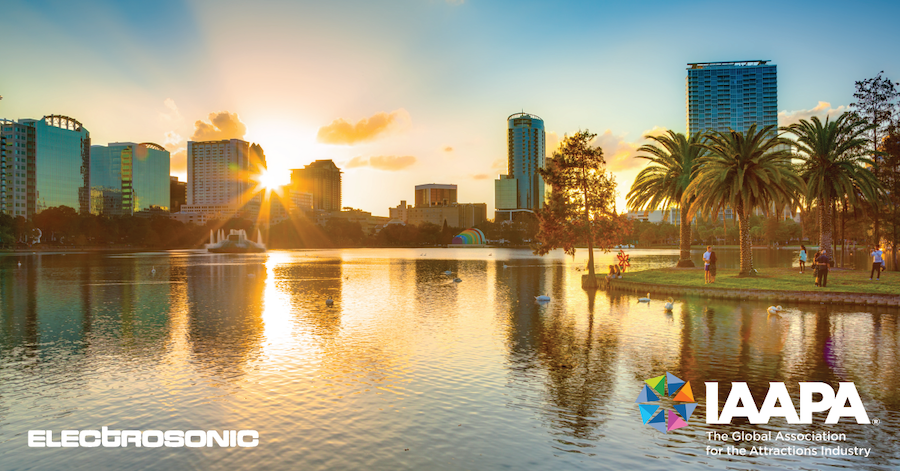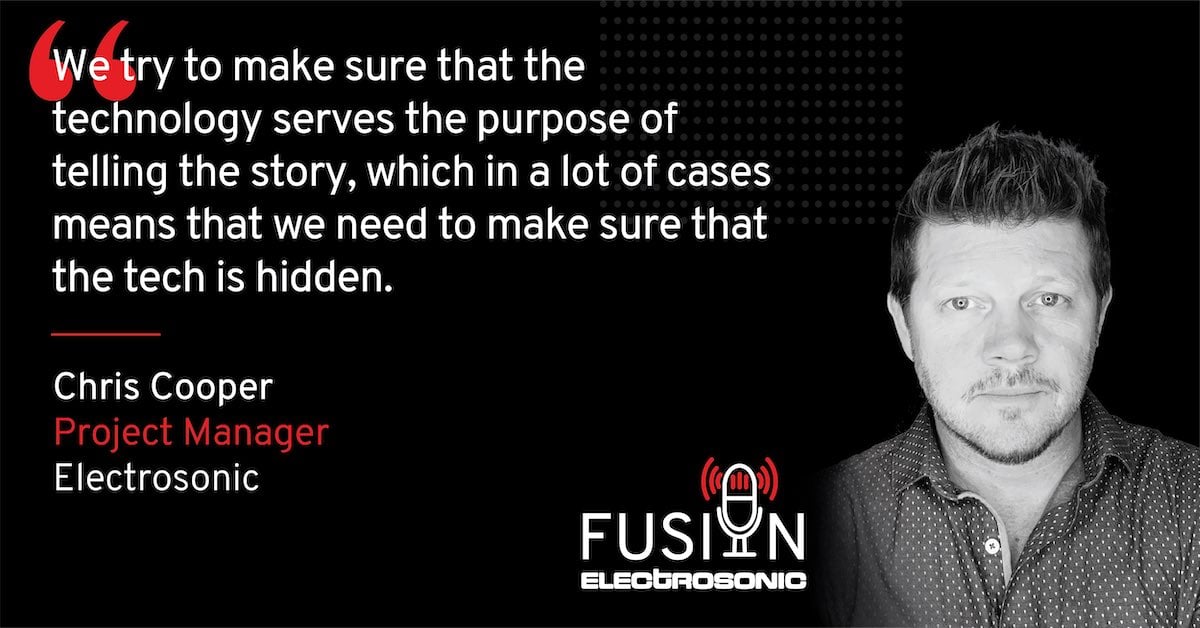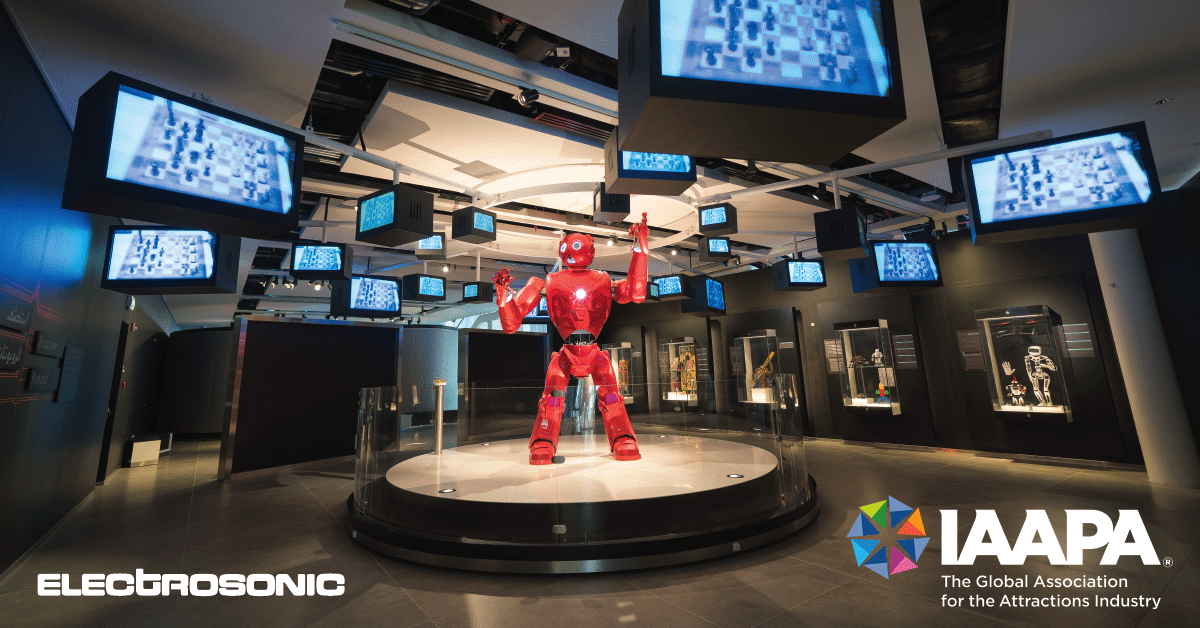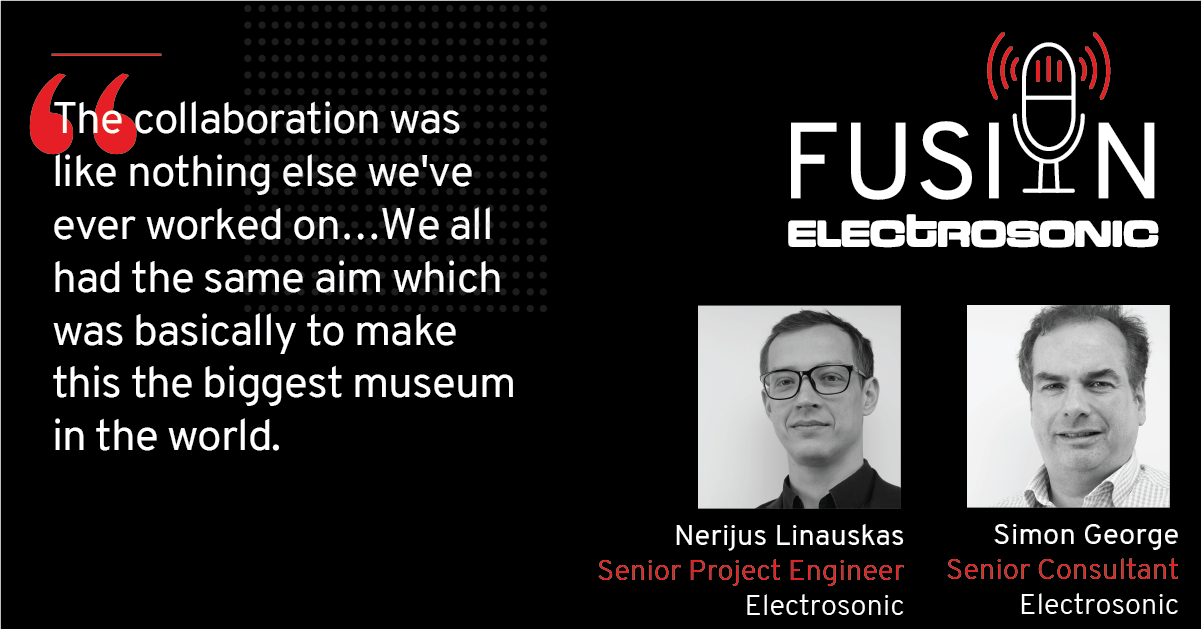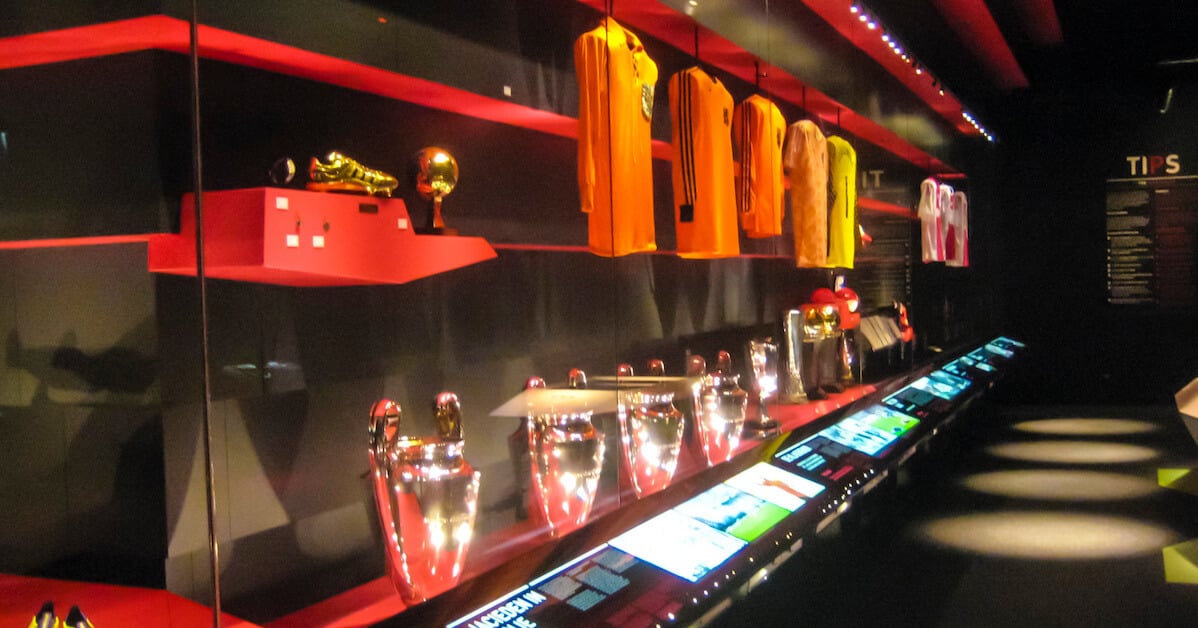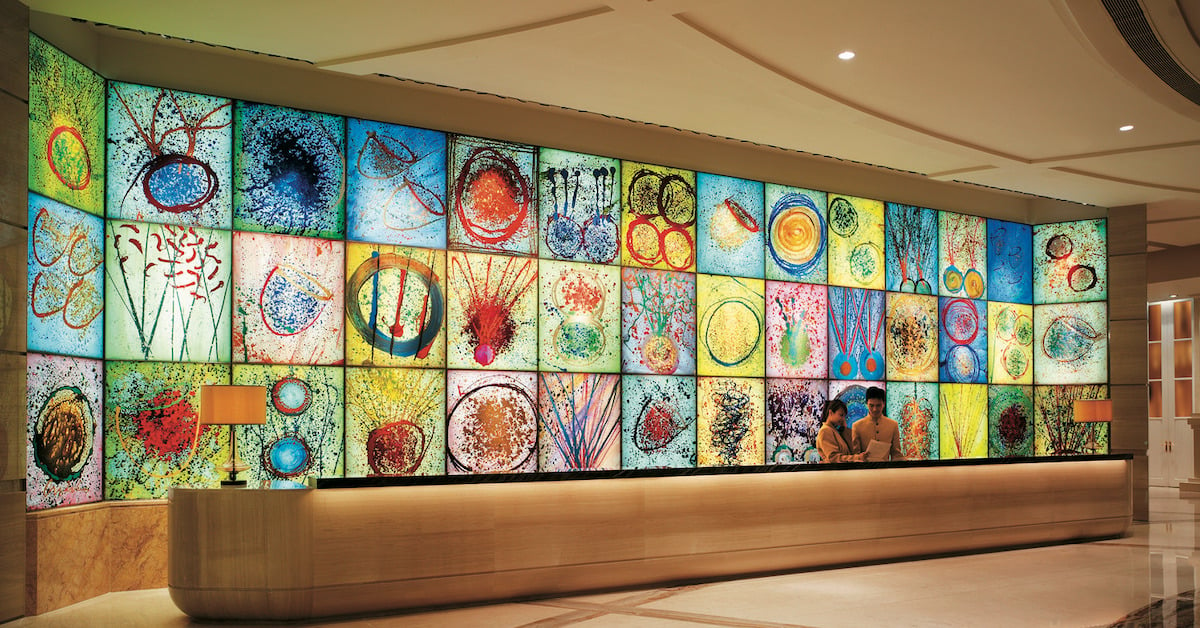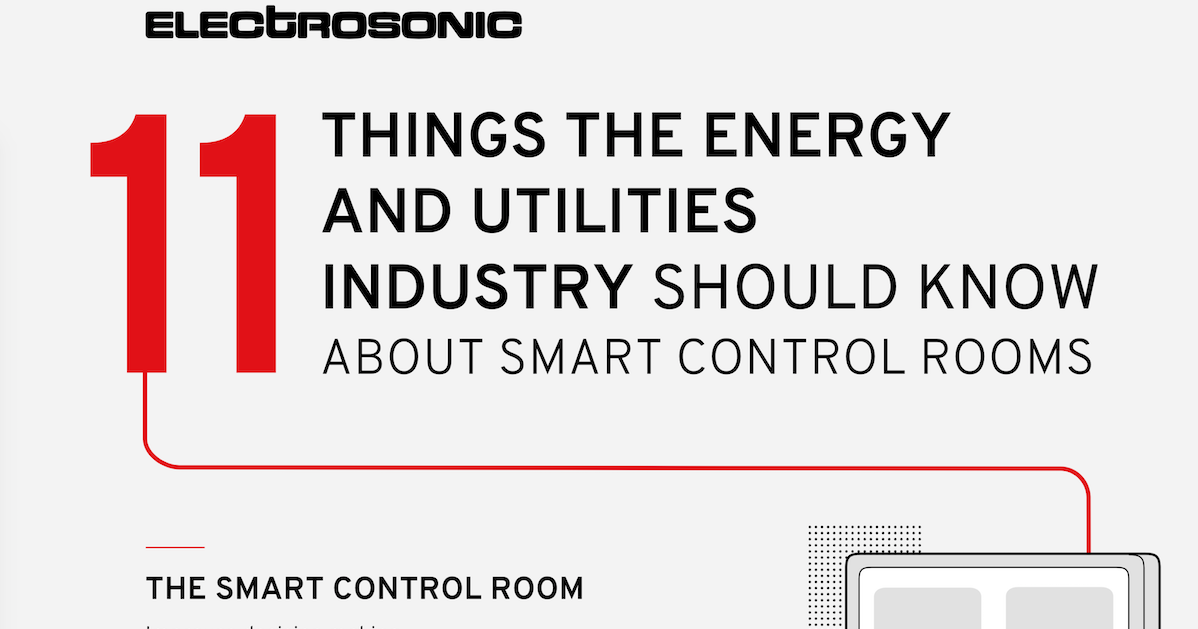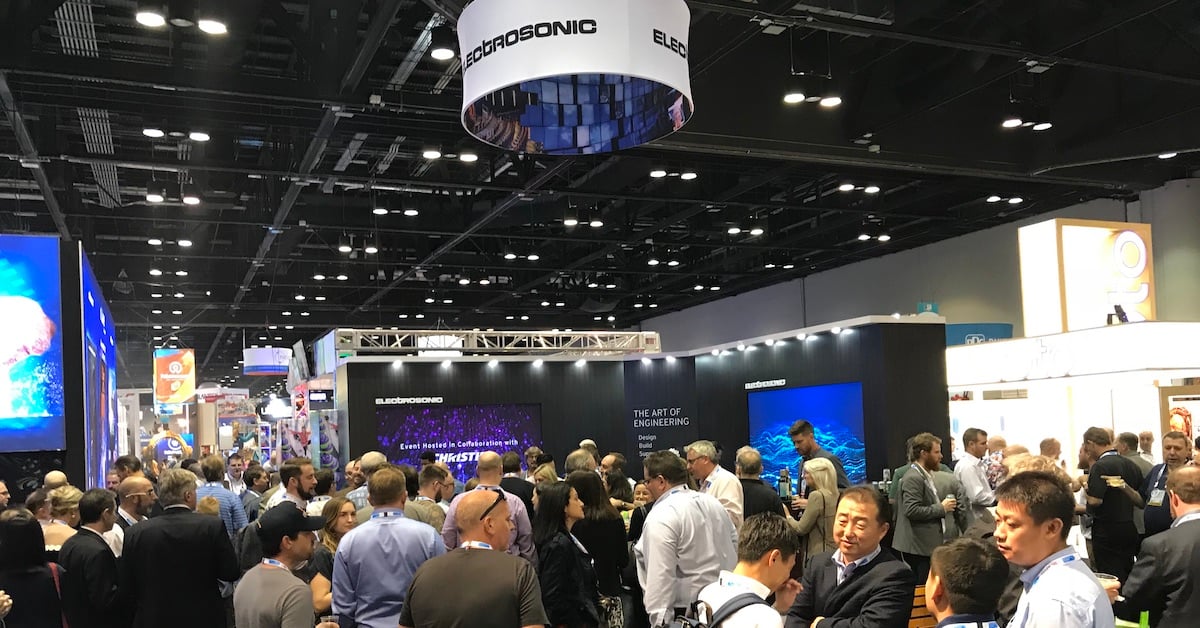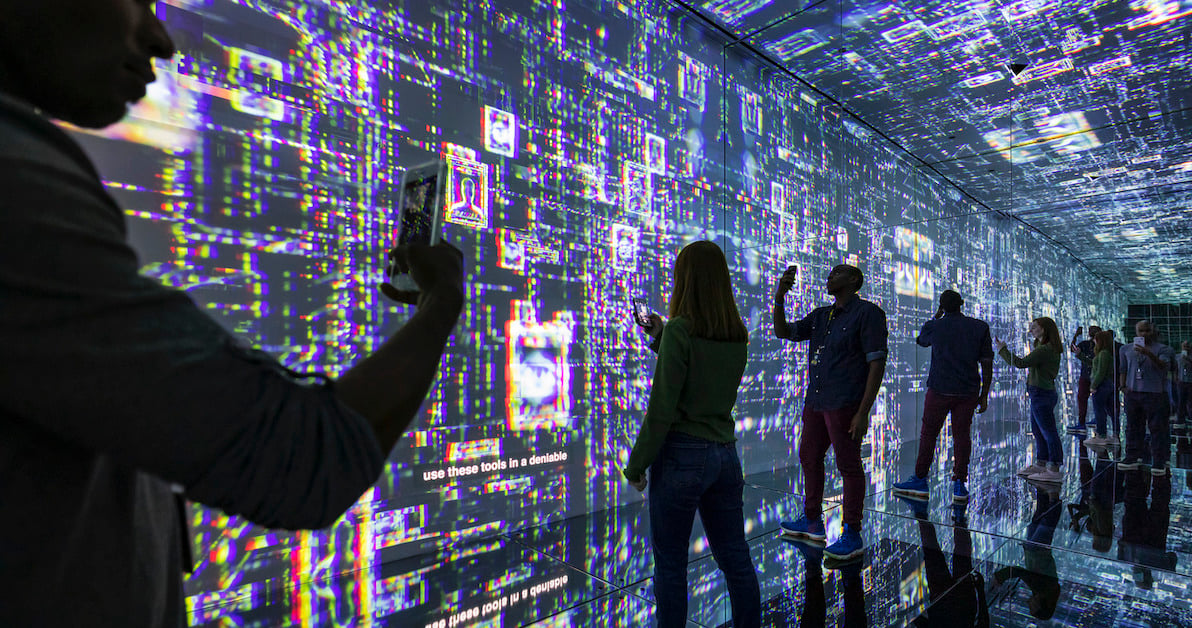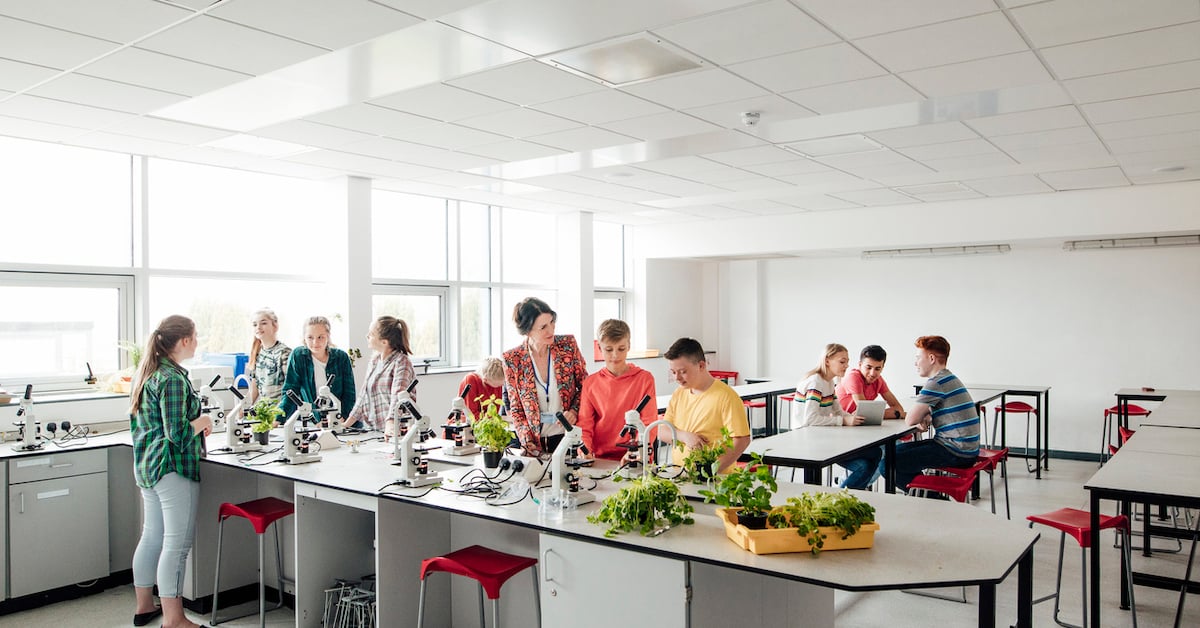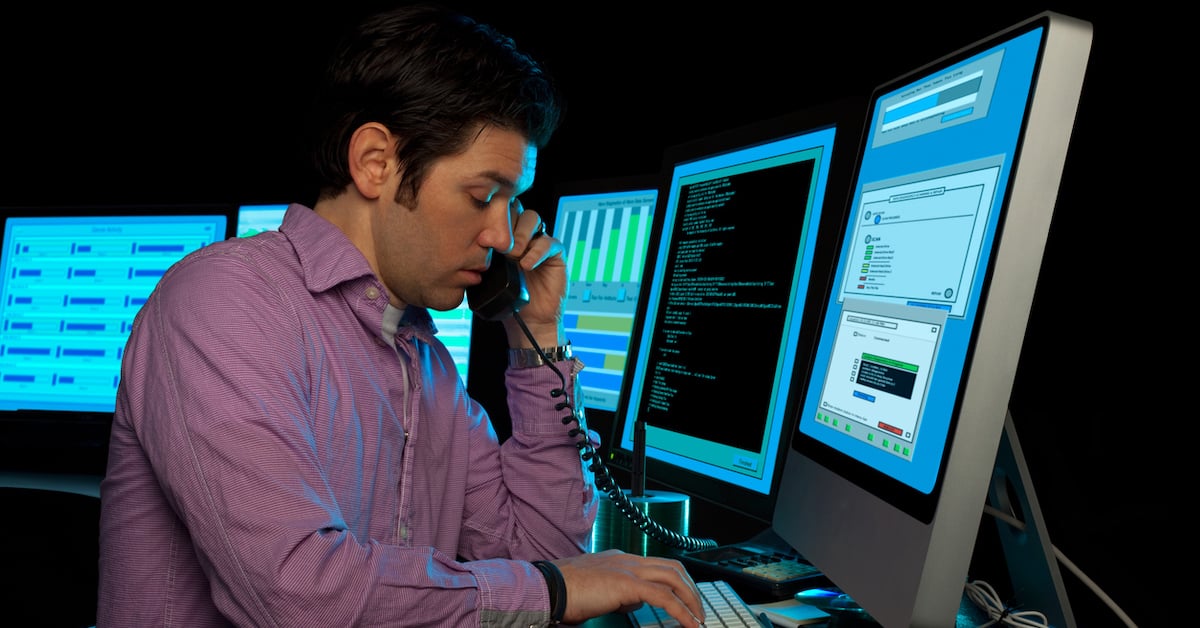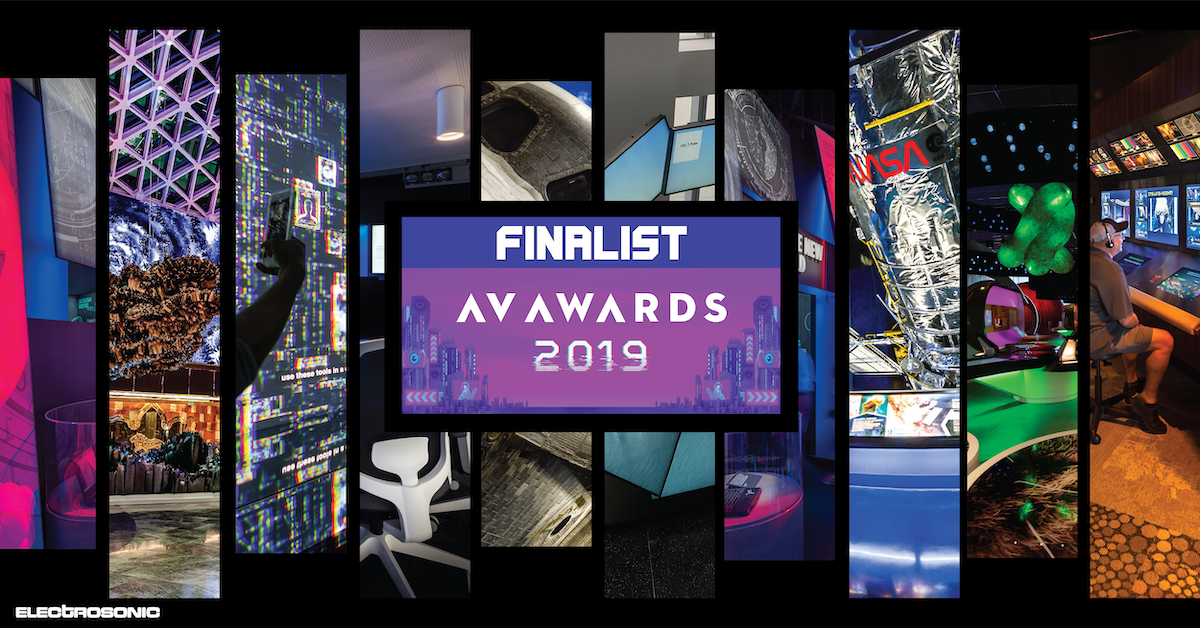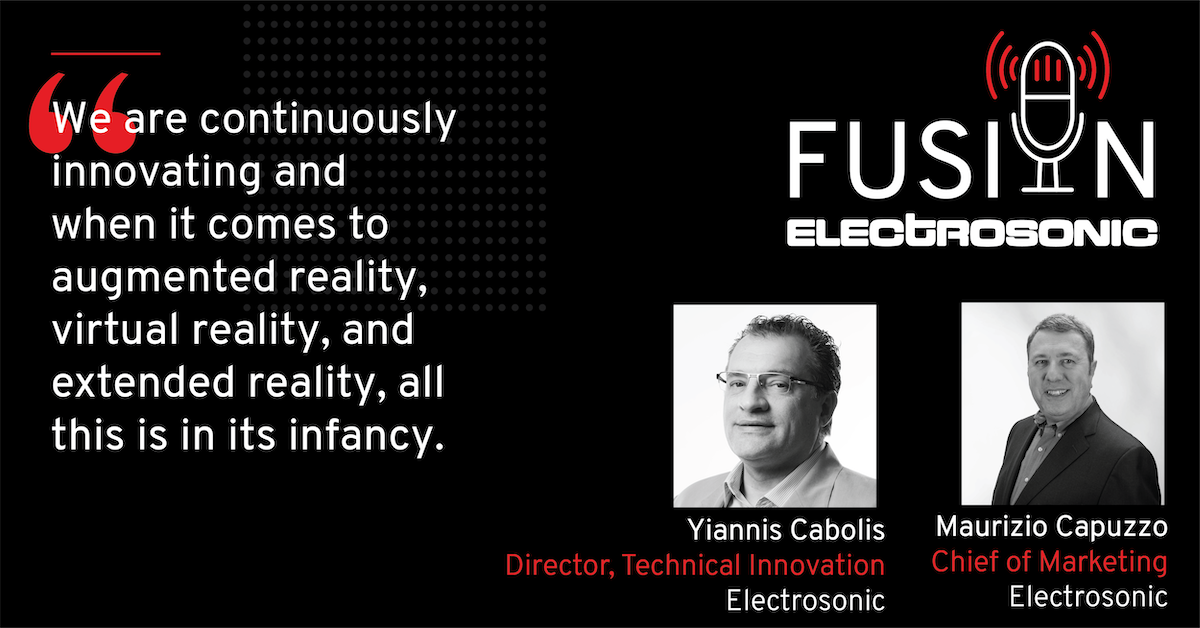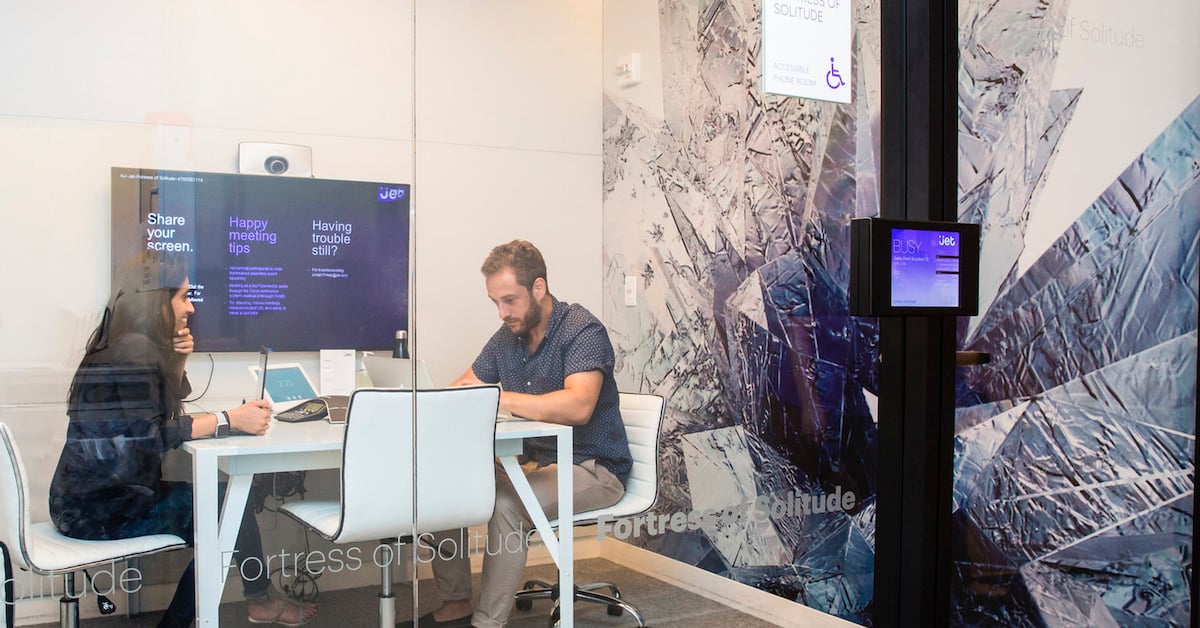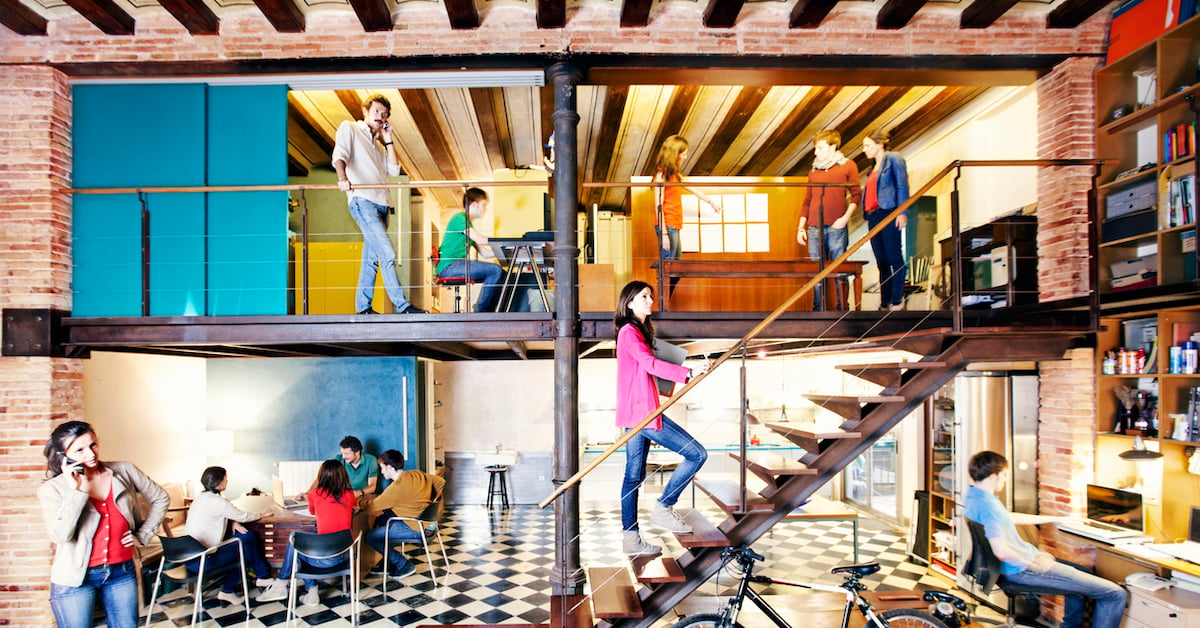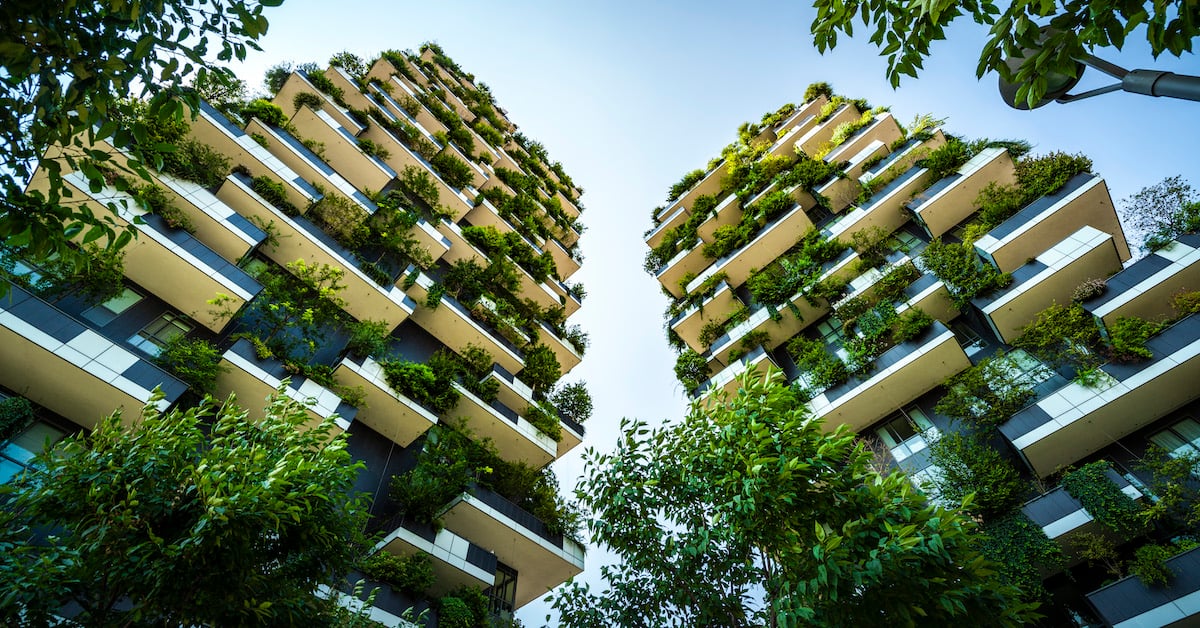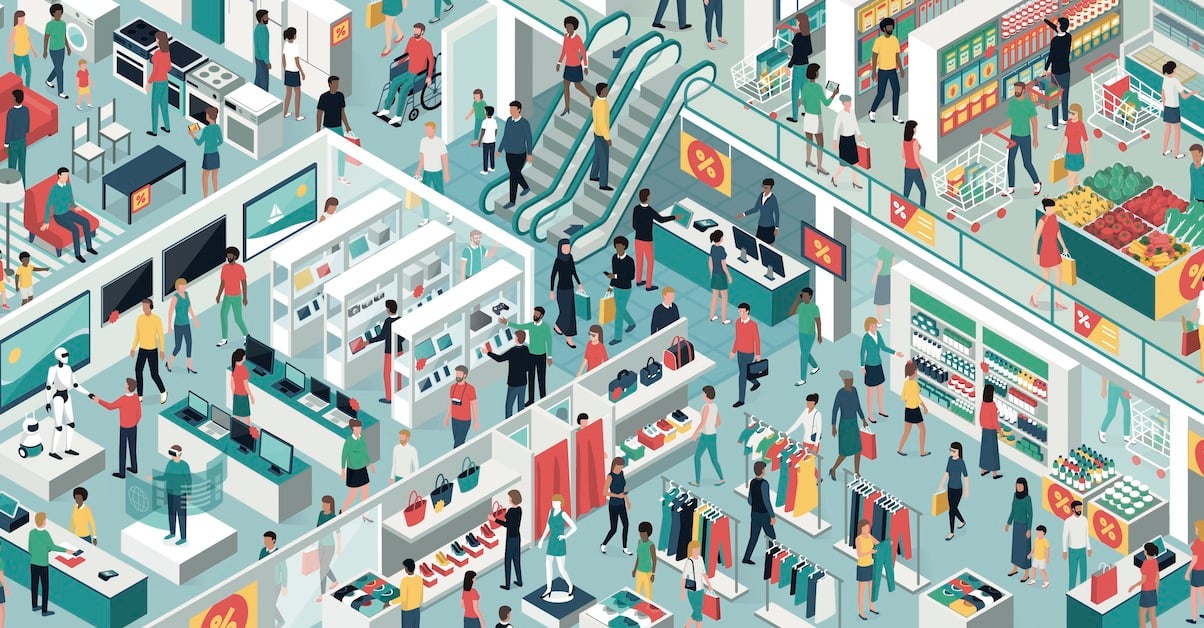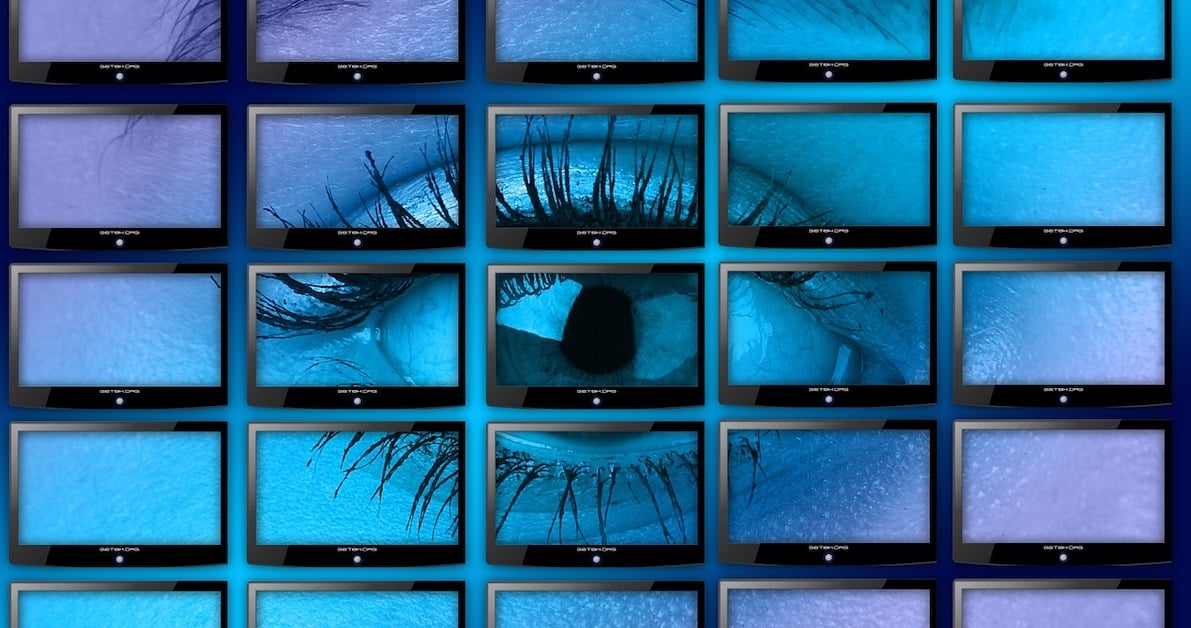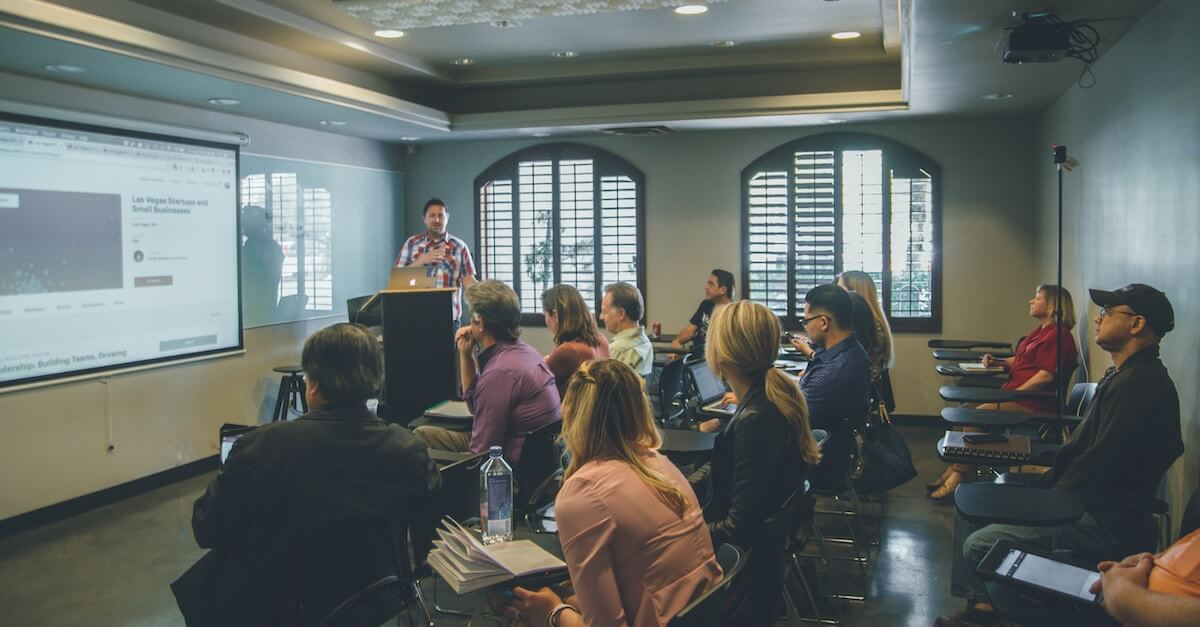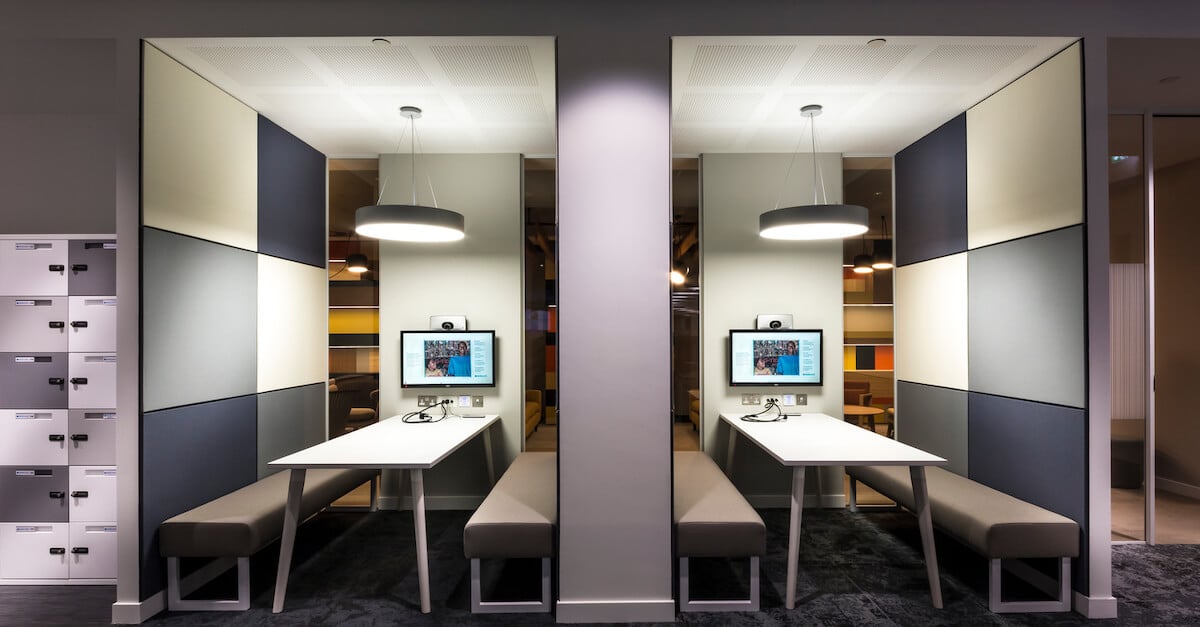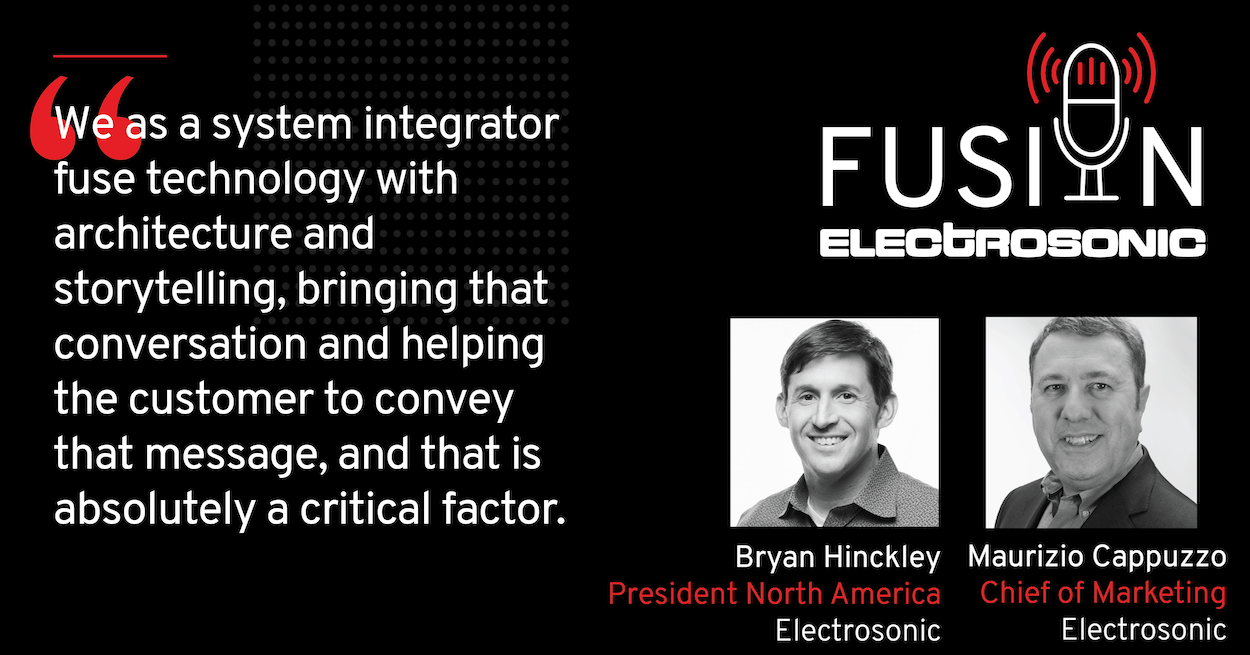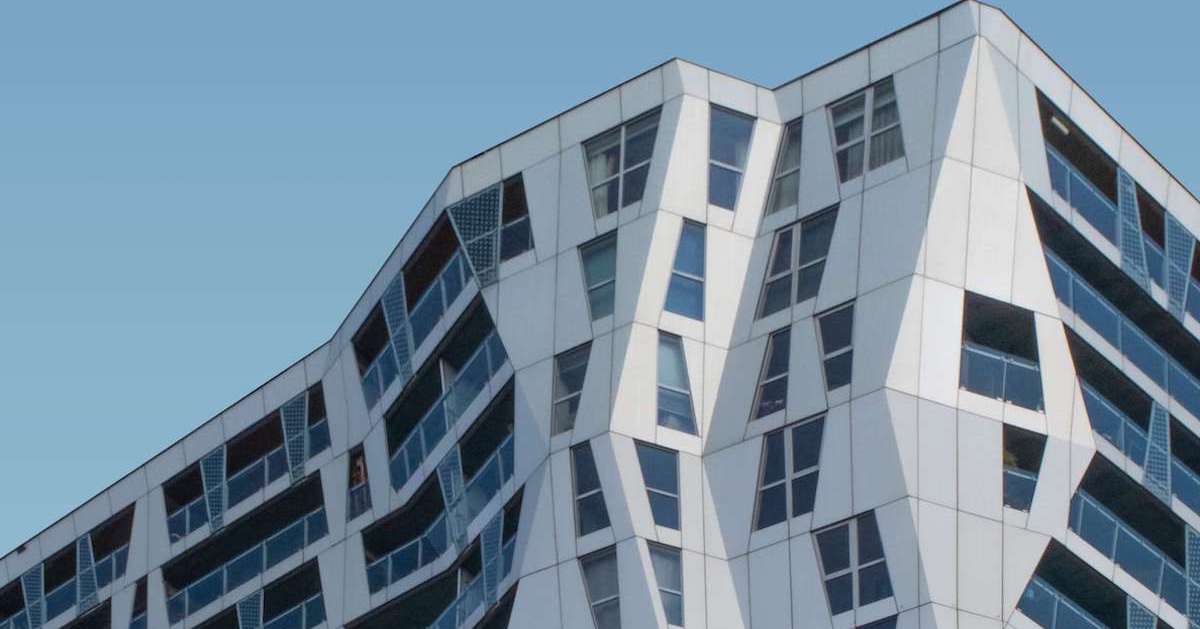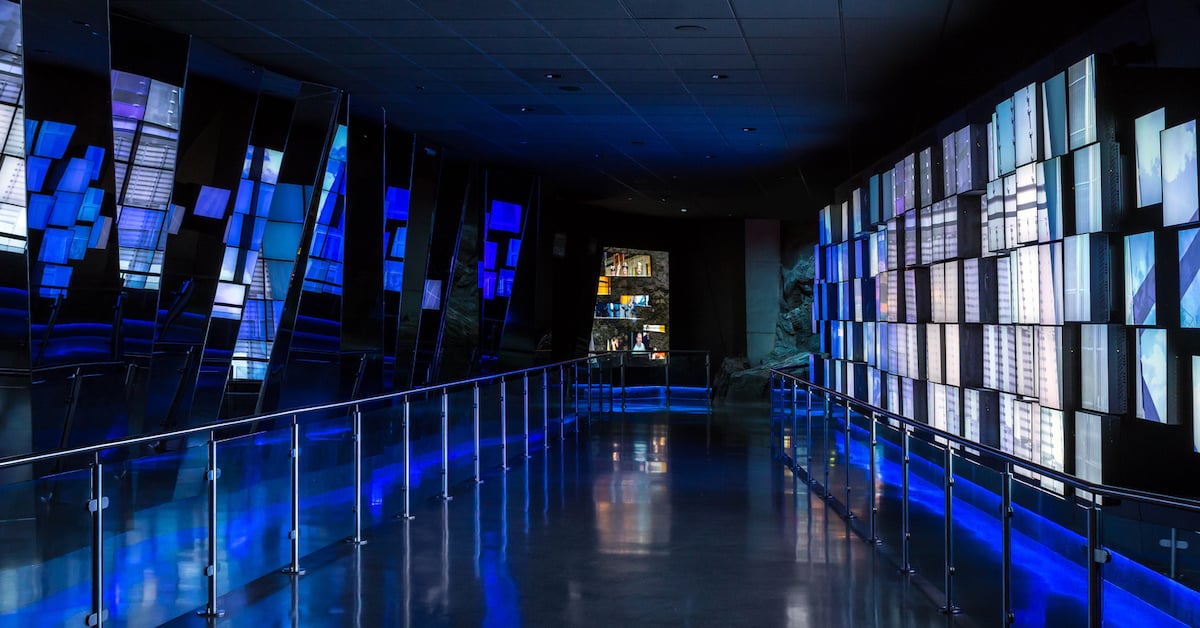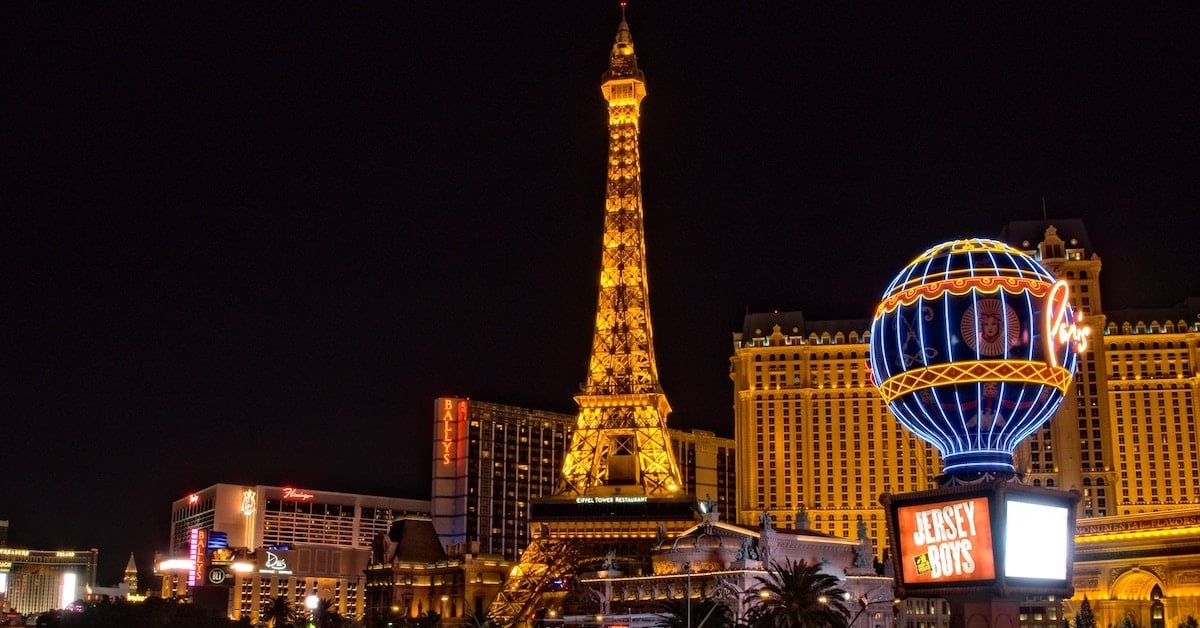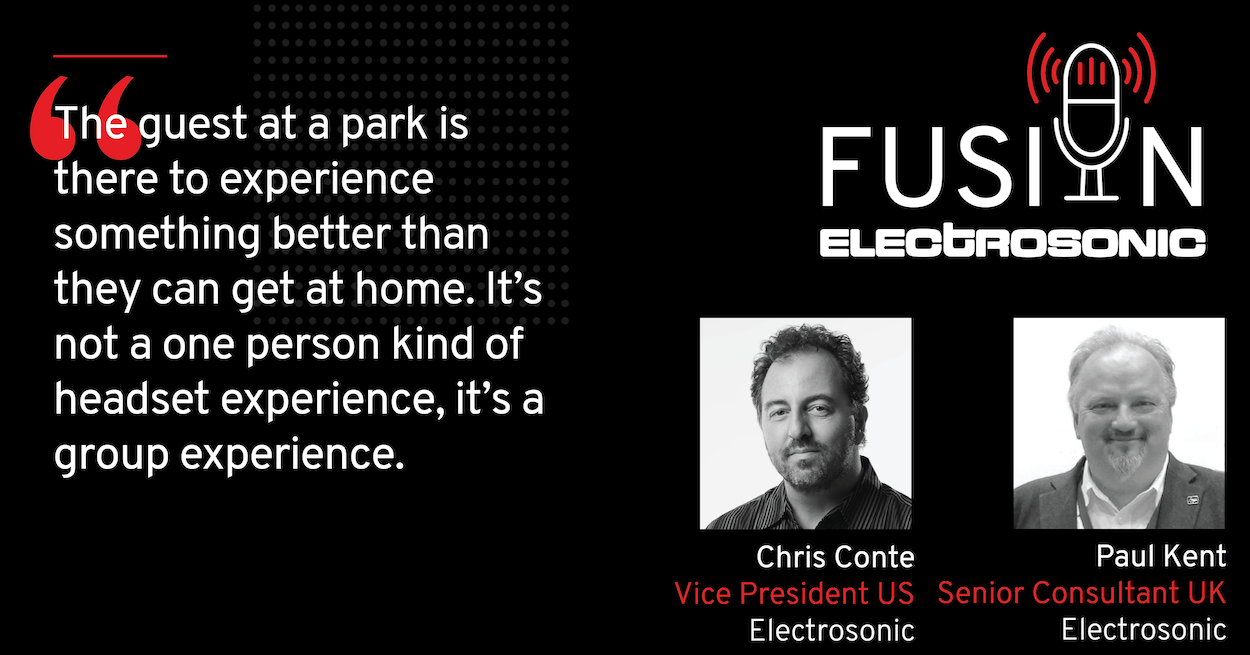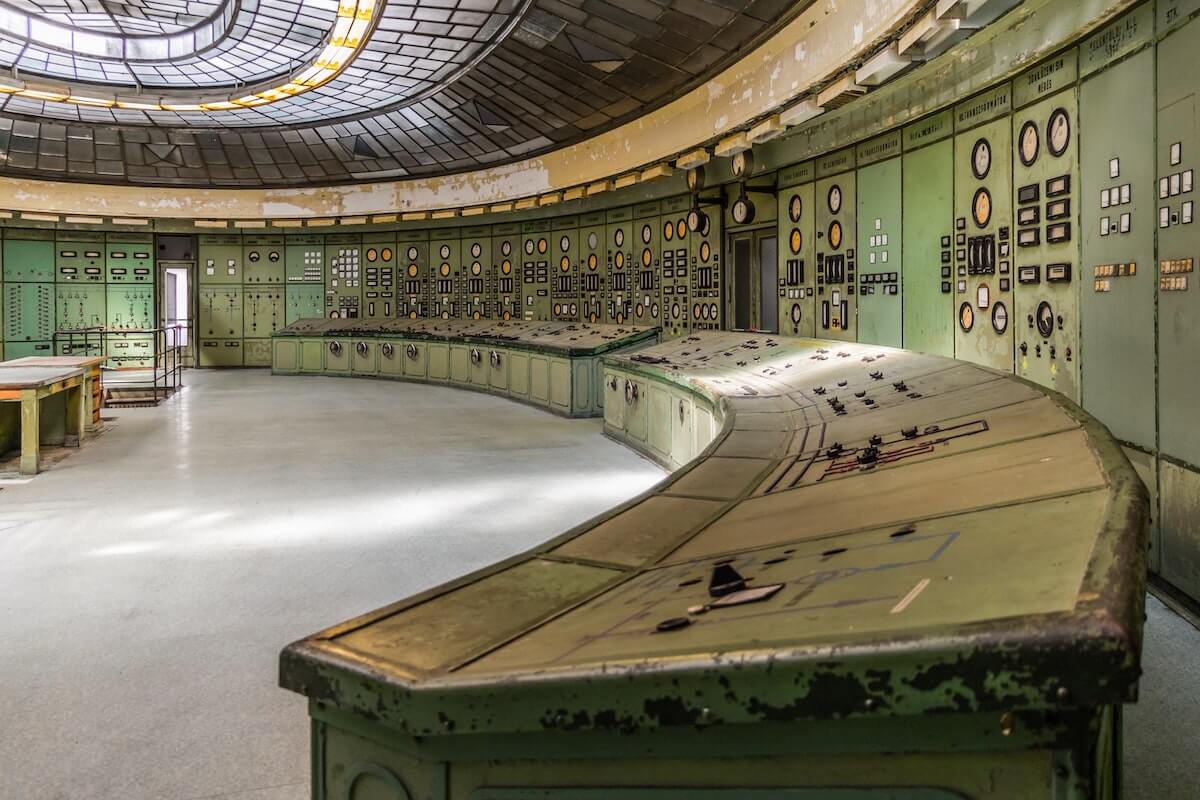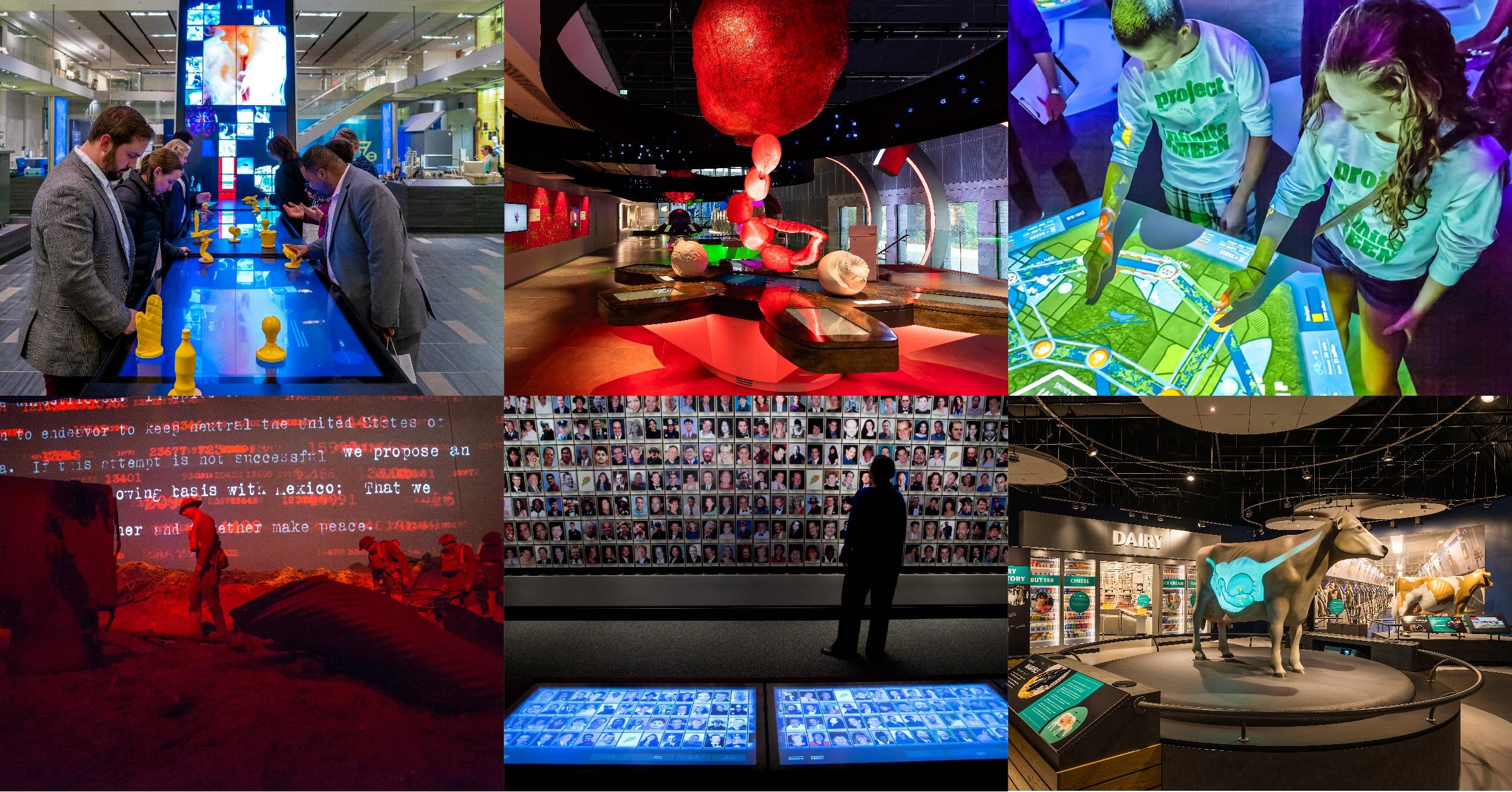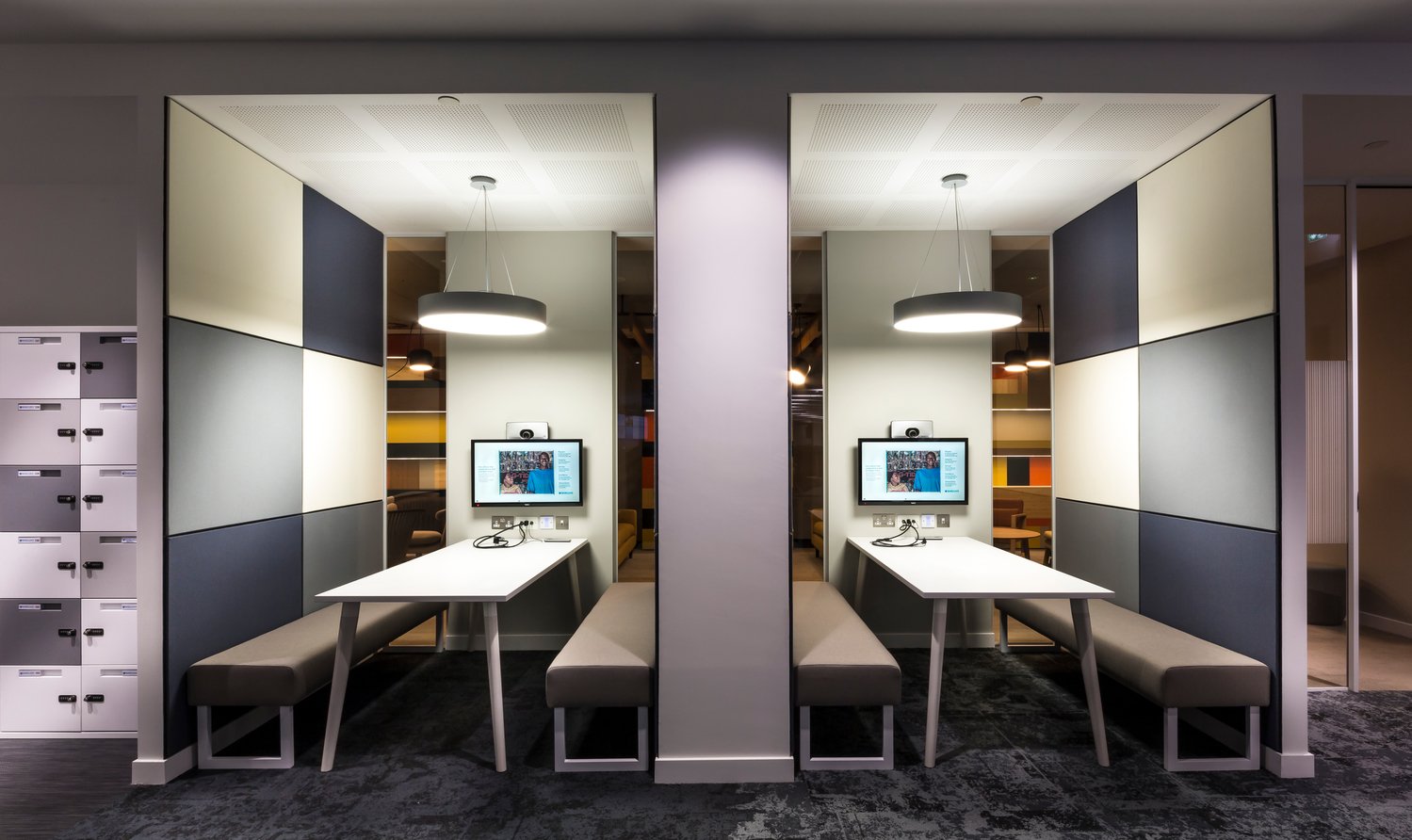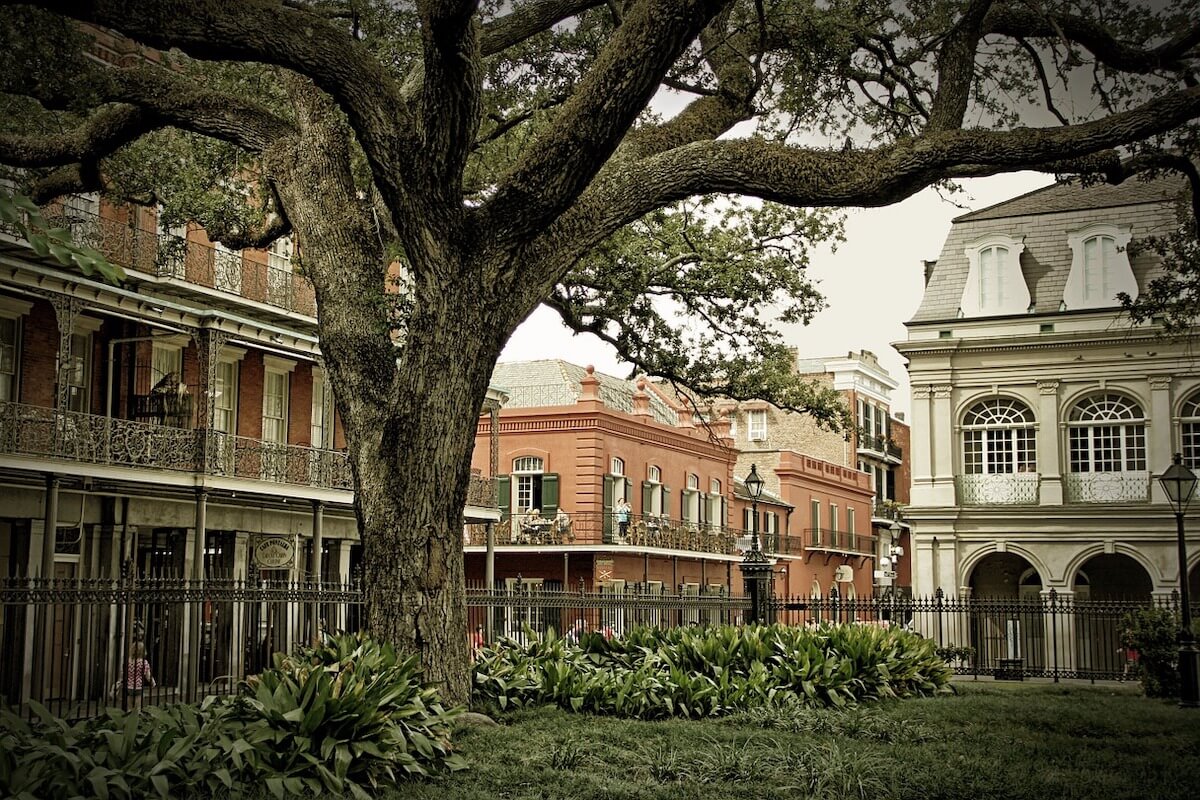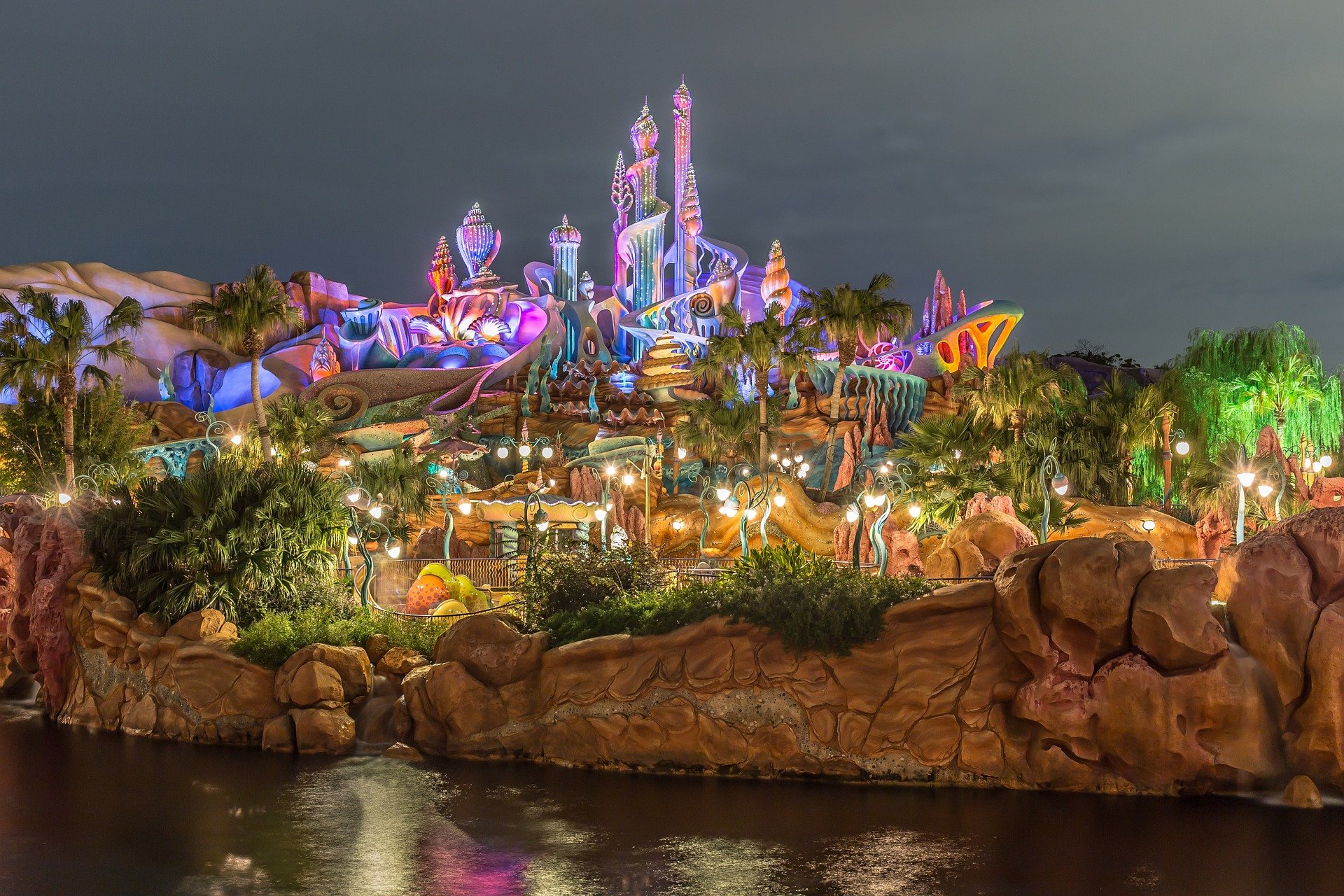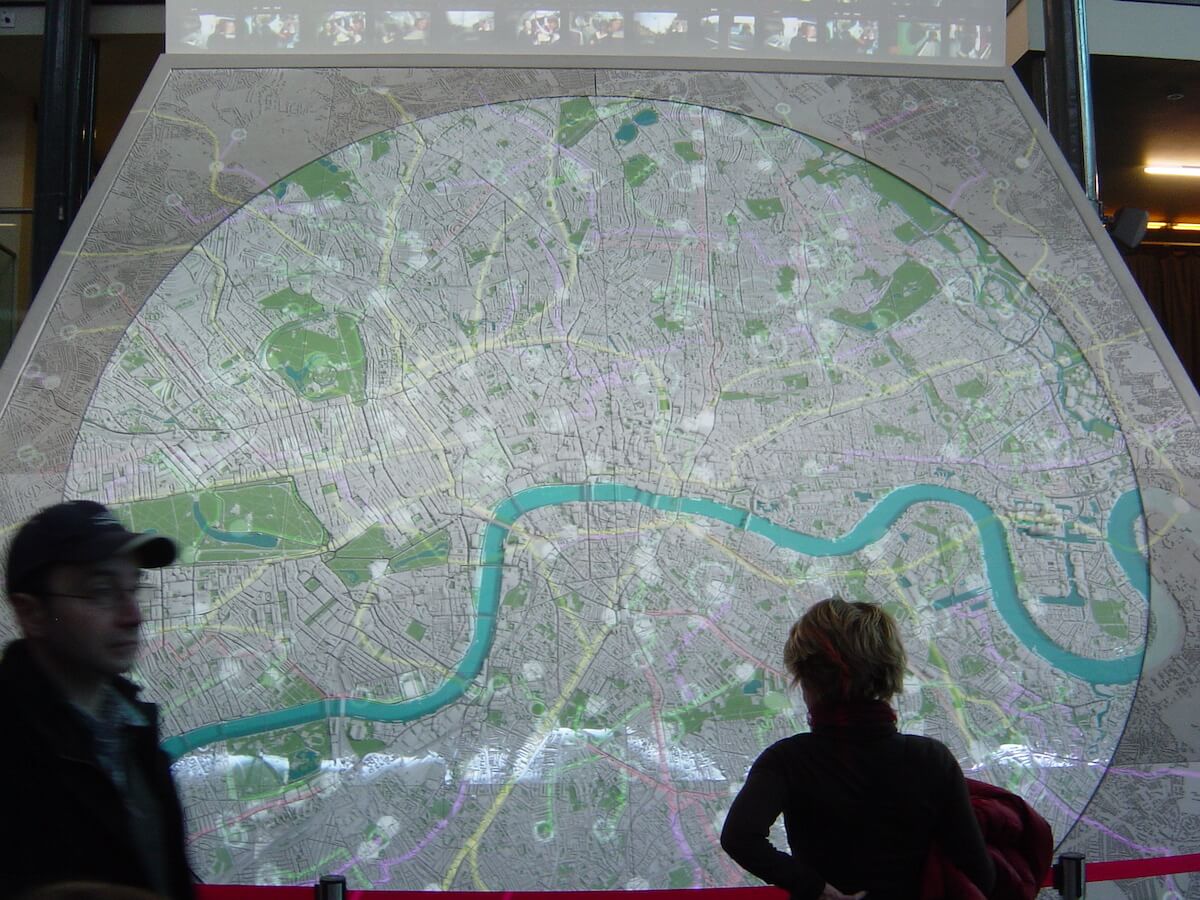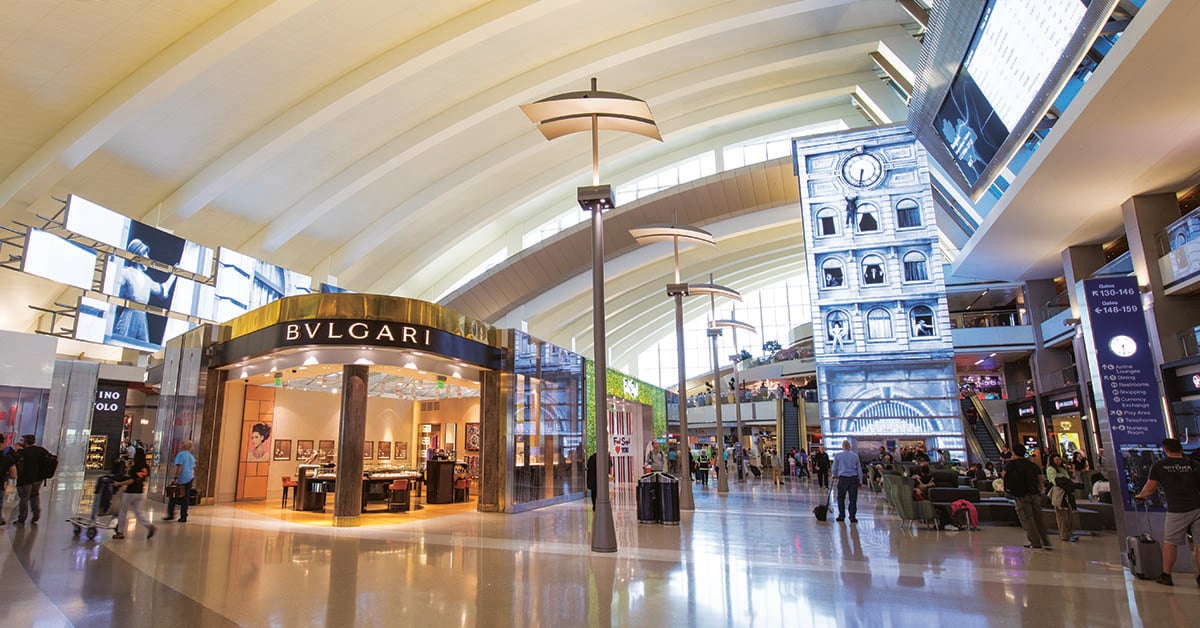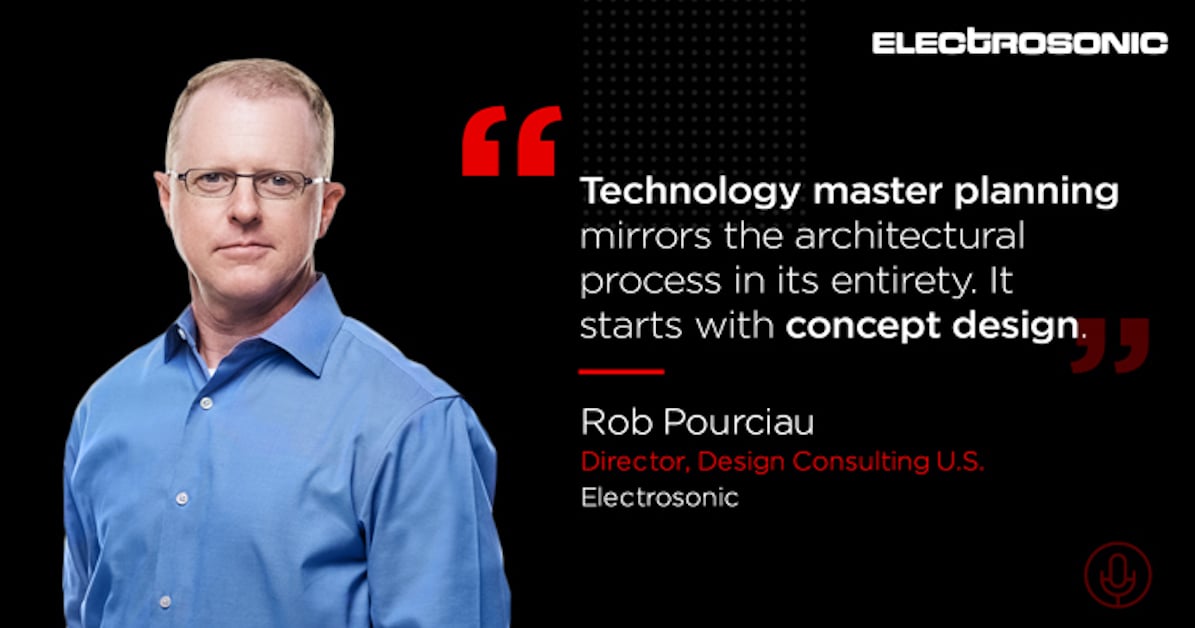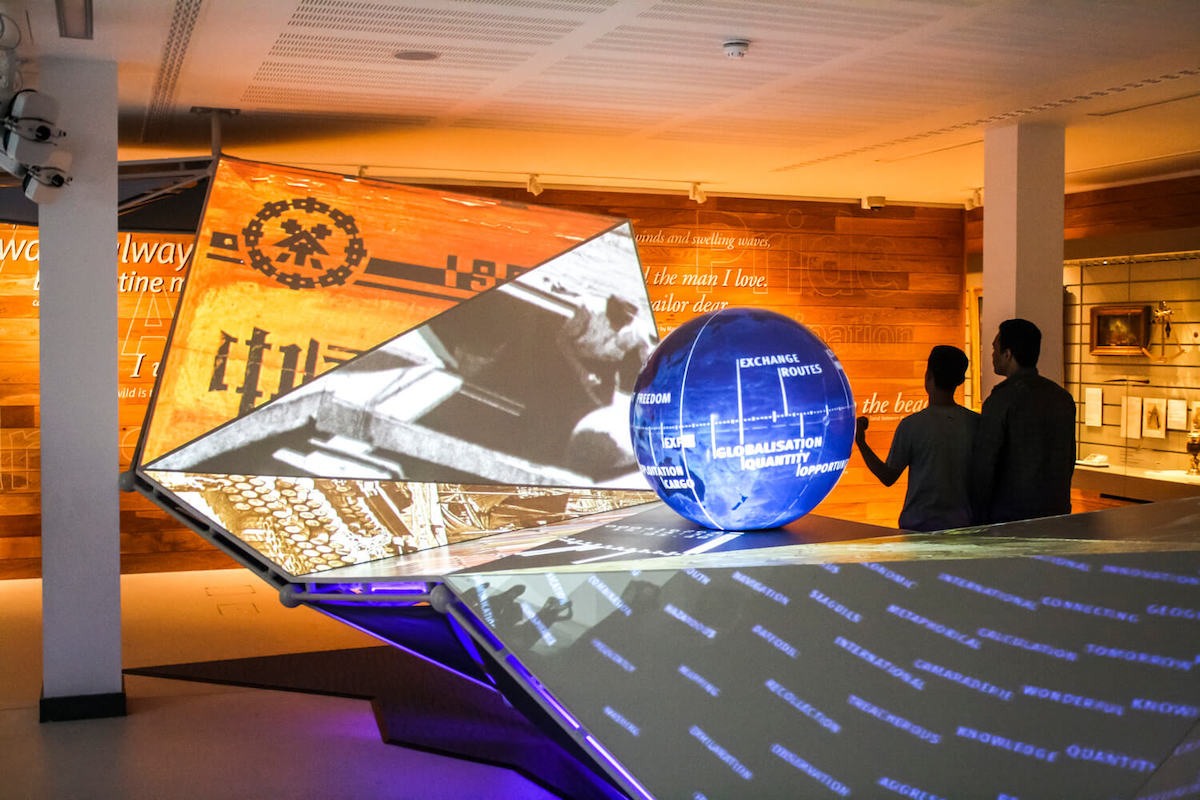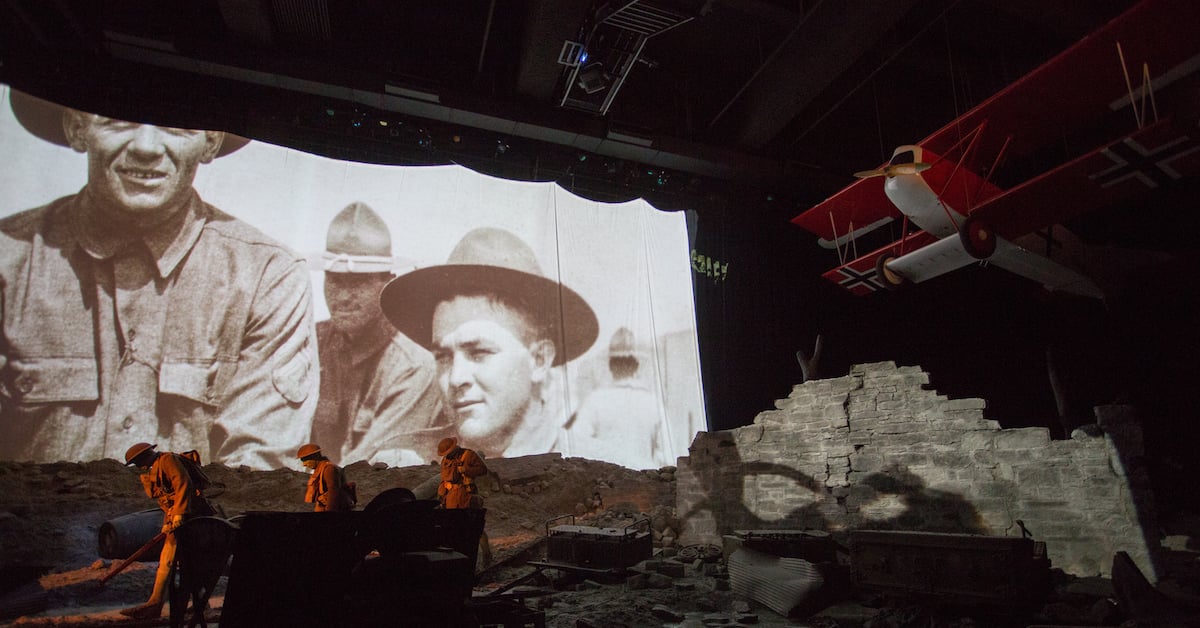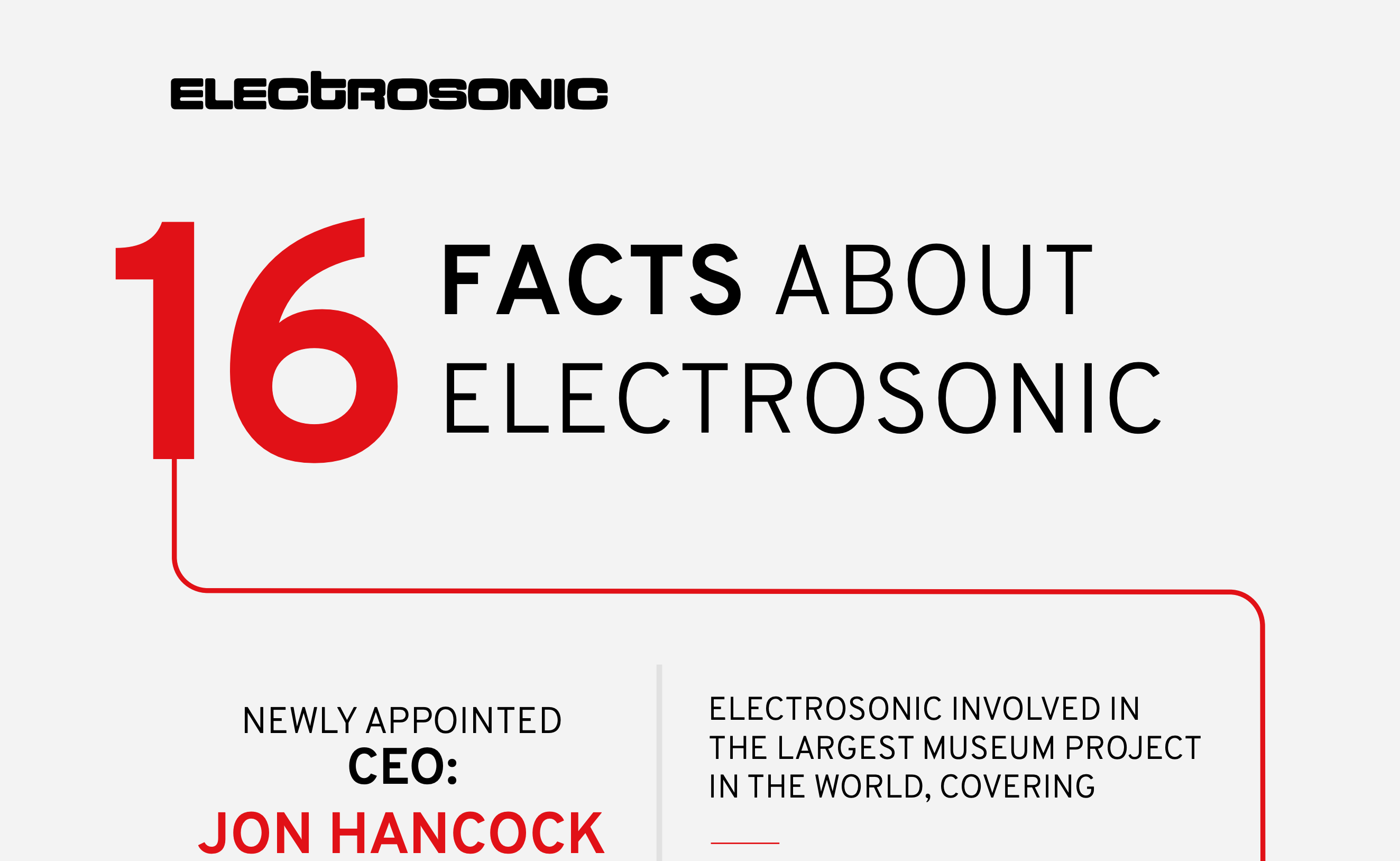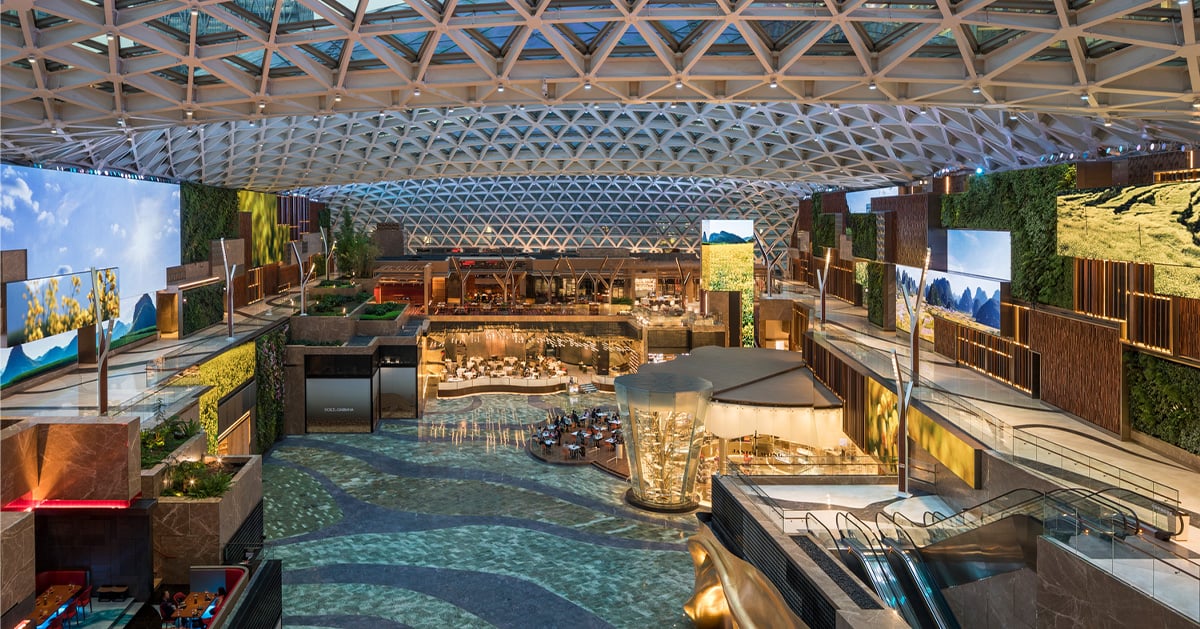
What a 2024 best-in-class hospitality venue look like
The modern hospitality environment has evolved significantly in the past few years. It was already moving in a new direction with the growing experience economy. Then a pandemic hit, crippling the industry but enabling innovation and new approaches. What’s essential now is that hospitality continues to elevate from simply serving a function to delivering experiences meeting the new needs and expectations of guests.
What’s powering this shift? Hospitality is embracing new technologies, including experiential and audiovisual (AV) technologies. They play a massive role in delivering consistent, memorable encounters for visitors.
So, what are these technology trends shifting the industry? Let’s dive into how experiential technology can reimagine the guest experience.
Guest Gathering Spots and Branded Experiences
When people enter your space and congregate, what’s the experience like? Is there anything engaging that garners attention and an emotional connection? Technology can support these first impression areas and make them more substantial. Some great ways to apply AV elements to the space include:
- Video walls that showcase digital art that ties to your brand or location, with specialized audio.
- Interactive touchscreens that provide information and entertainment—infotainment—such as a view of the property with wayfinding and fun facts.
- VR (virtual reality) or AR (augmented reality) installations that give guests a glimpse of what to expect on the property.
- Projection mapping visuals that seamlessly integrate with the architecture.
Many of these examples are on display at The Spectacle at MGM Cotai. Its atrium includes LED screens playing content over four stories high—it’s a digital canvas for the senses that inspires.

Mixed Space Immersions
Often hospitality includes mixed-space properties with restaurants, entertainment and lodging. There are opportunities to engage the senses and create spaces that wow. Digital signage and LED walls can characterize these areas, offering information and a preview of shopping and dining. Guests could also make a reservation at the kiosk for convenience.
Specific immersions that infuse visuals and sounds can also be thrilling, such as an experience that takes guests on a journey to something surreal, like volcanos erupting or glaciers floating. Tying this into the theme of the property will propel ideas.
Integrating all this will be crucial to a holistic experience and its long-term management and upkeep.
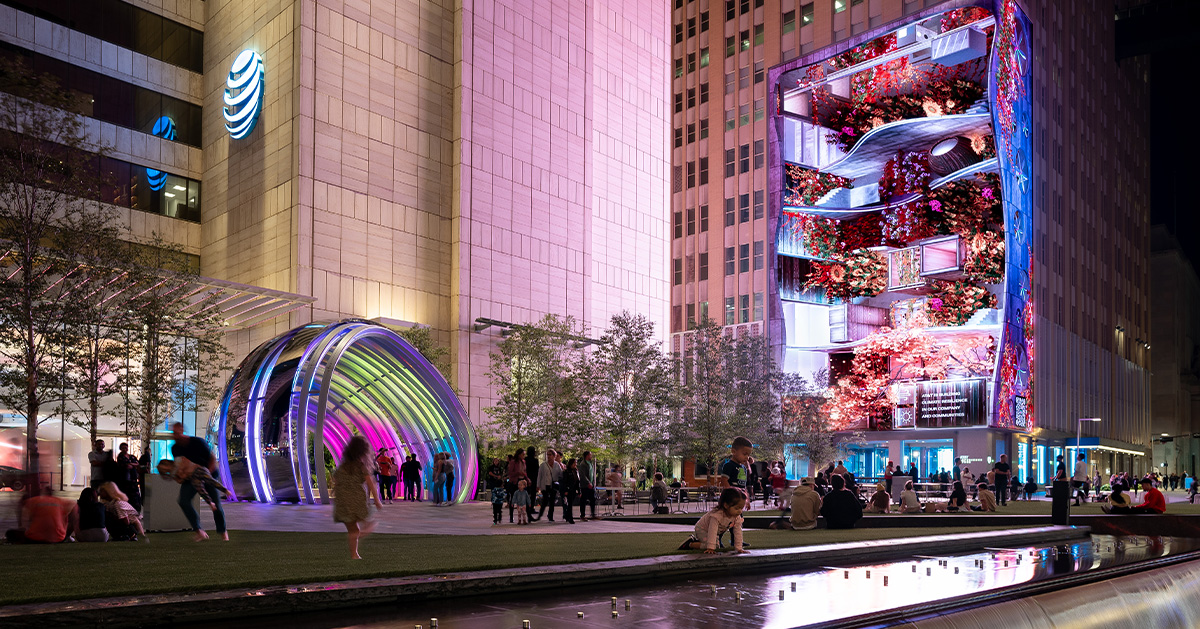
Personalizing Experiences with Data
As part of a technology rich hospitality experience, you’ll need a centralized control center for all components. It will also need infrastructure that can collect and use data effectively. Data is the key to personalizing experiences, which has long been a constant for hospitality. People enjoy recognition, and you can scale this with an integrated control system. It becomes something you can do for everyone.
Some specific ways to use this are at self-check-in kiosks that customize the content and messaging based on what you know about the travelers. Additionally, this “recognition” can be ongoing throughout your spaces with interactive kiosks that can recall guests based on a scan of their room card or inputting the room number. Show them engaging content that will direct them to shop, dine and discover.
Merging the Virtual and Physical
For hospitality in the casino and gaming sector, technology has been a foundation to experience. Today’s gamers, however, have new expectations, sprouting from the virtual interactions they had during the pandemic and many being very technically savvy. Instead of seeing virtual and physical as foes, why not combine them as friends?
One idea is to develop digital hubs on your gaming floor. These pair very nicely with sportsbooks, which have become very focused on apps. Guests can bet in the app or in person, then sit back and catch the game, personalizing their viewing.
Additionally, no matter where they bet, you’re collecting more data on their interactions. You can use that to continue personalizing the content, offers and information they receive while in these hubs or anywhere on the property.
An excellent example of this is the MGM Sportsbooks, which provides an immersive gaming environment with video walls, LED displays and audio. The organization also leverages recognition technology and AI to make every encounter personalized.
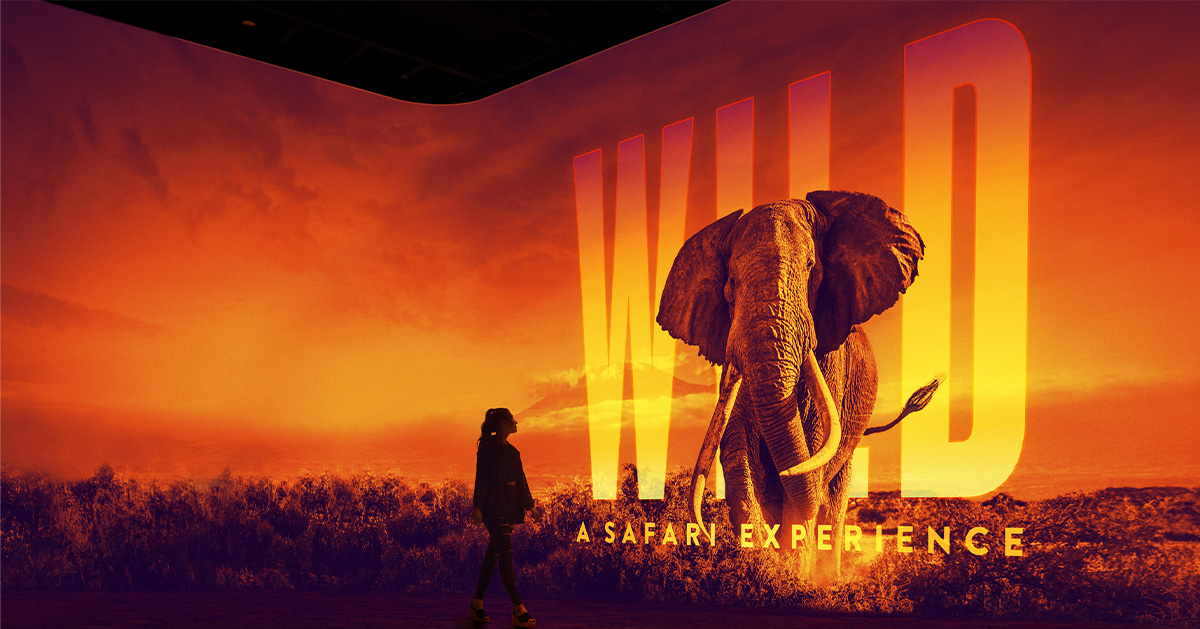
Food and Beverage As a Destination
Your food and beverage offerings often define your brand. The high-quality and unique menus combine with superior service, creating a destination, not just a place to eat. New technology can be a facilitator for this, too.
Technology makes these spots a destination with entertainment and atmosphere. One strategy is using imaginative soundscapes that coincide with the restaurant’s theme, time of day or special occasion. For example, on holidays, the soundscape can set the mood. Imagine St. Patrick’s Day with the sounds of Ireland, for example.
Diners won’t always be eating, so give them something to talk about with video walls that display digital art, promote upcoming events or tell interesting stories about the brand, property or city.
Creating such an experience with the ability to change it easily is possible with a reprogrammable immersive theater. Rooms can transform into whatever setting you imagine, integrating digital content, projection and lighting.
Next-Level Retail Experiences
Most resorts and casinos have retail spaces, with many offering luxury goods and specialty shops. That’s allure enough, but you want to push the ideas of retail experience further. Welcoming them into an area that is more than just for transactions can be transformative. You want people to have fun and create an emotional connection to the experience and the brand.
Depending on the brand and its offerings, you can create immersive encounters. Using digital signage, audio and AR/VR, guests could see what’s it like to dance in the club in a new dress to test out the latest camping equipment.
-1200x629-jpg.jpeg)
The Modern Hospitality Experience, Powered by Innovative Experiential Technology
Today’s hospitality experience uses the most exciting new technology to deliver exceptional experiences. There’s high competition for guests, and they are more discerning in their travel and exploration choices. It all starts with designing installations from an integrated philosophy, requiring multiple components to bring the vision to life—audio, visual and controls. Reimagine your hospitality concept with technology to transform experiences and drive loyalty and revenue.
Alexander Hann
Alexander Hann, Communications Specialist, understands the challenges that clients face when they are making decisions about technology. He uses his extensive experience of communicating complex concepts to write about the latest developments in technology in a way that clearly explains benefits for business and technical decision-makers.








![[Explore the Technology Platforms that Enable the Buest Guest Experiences]](https://no-cache.hubspot.com/cta/default/5104351/c8c435bc-af7d-416d-920e-416e94480e20.png)

